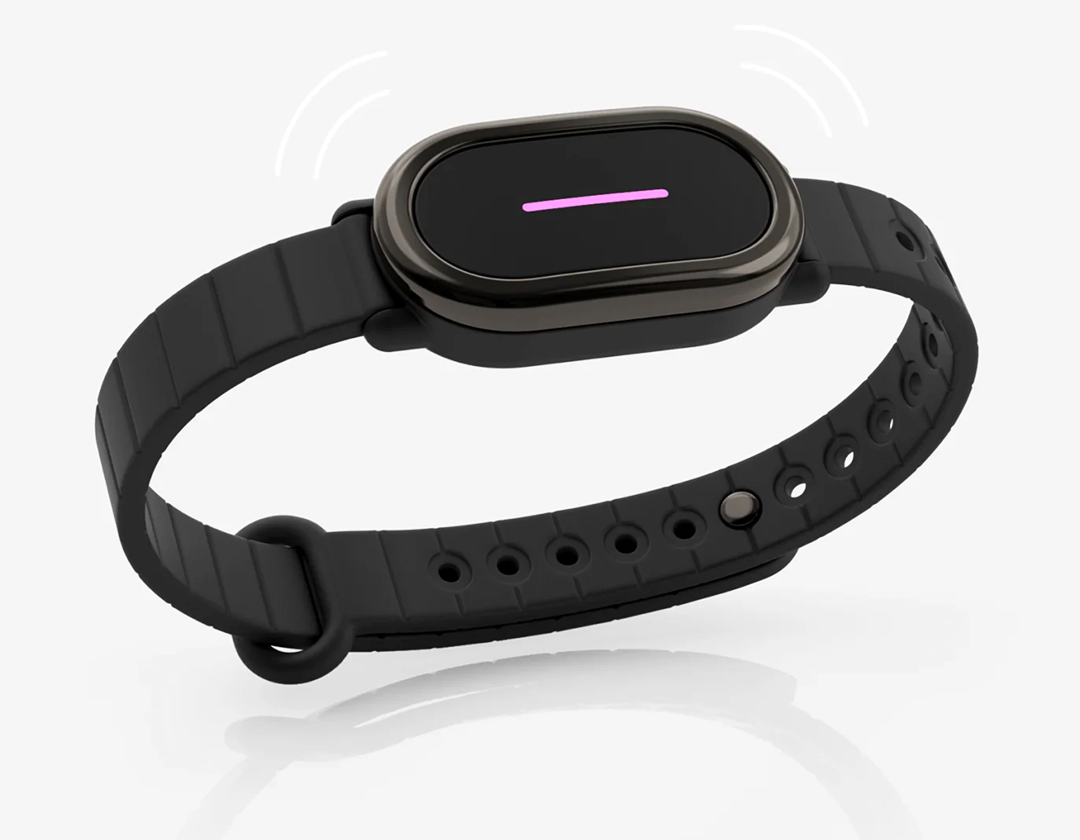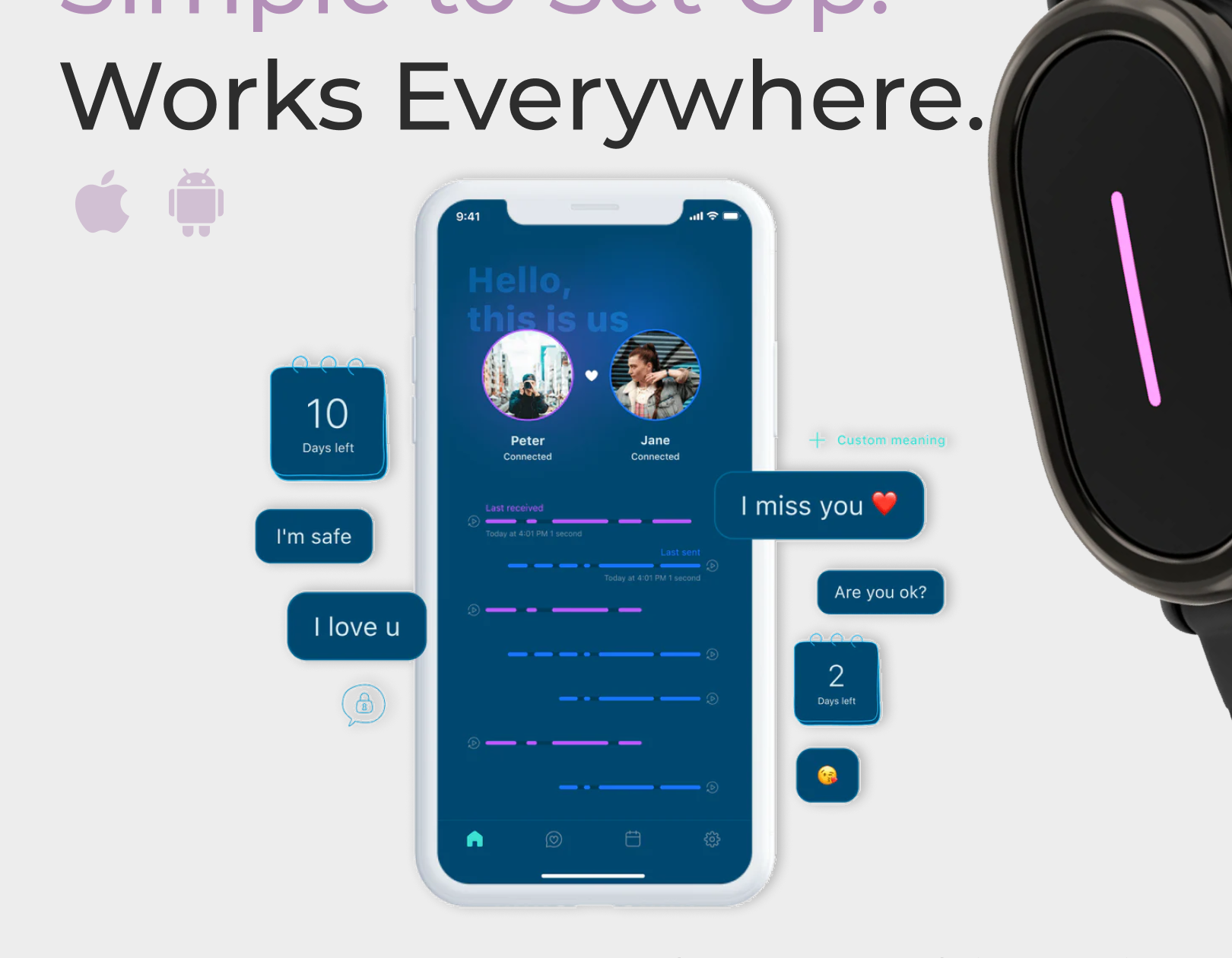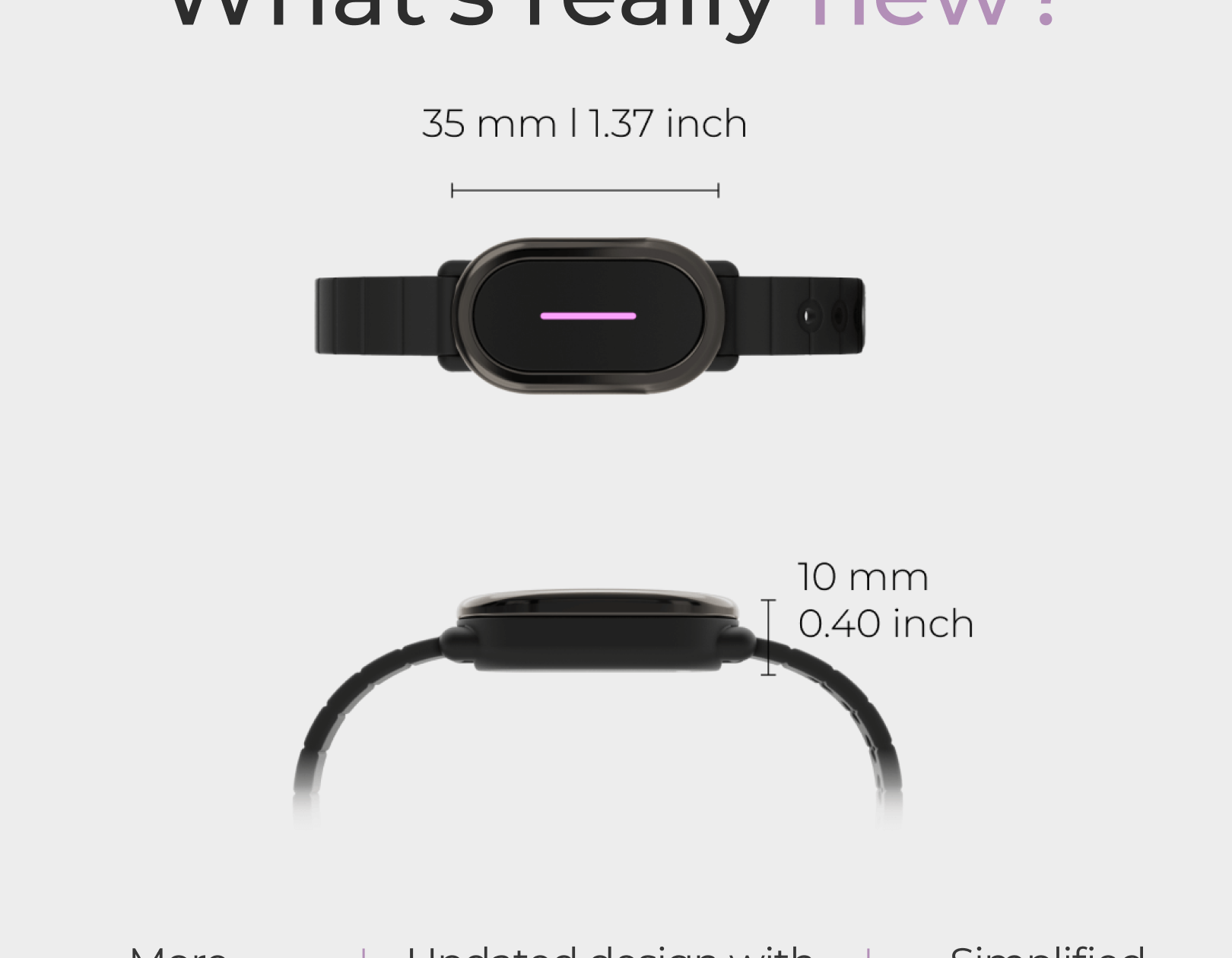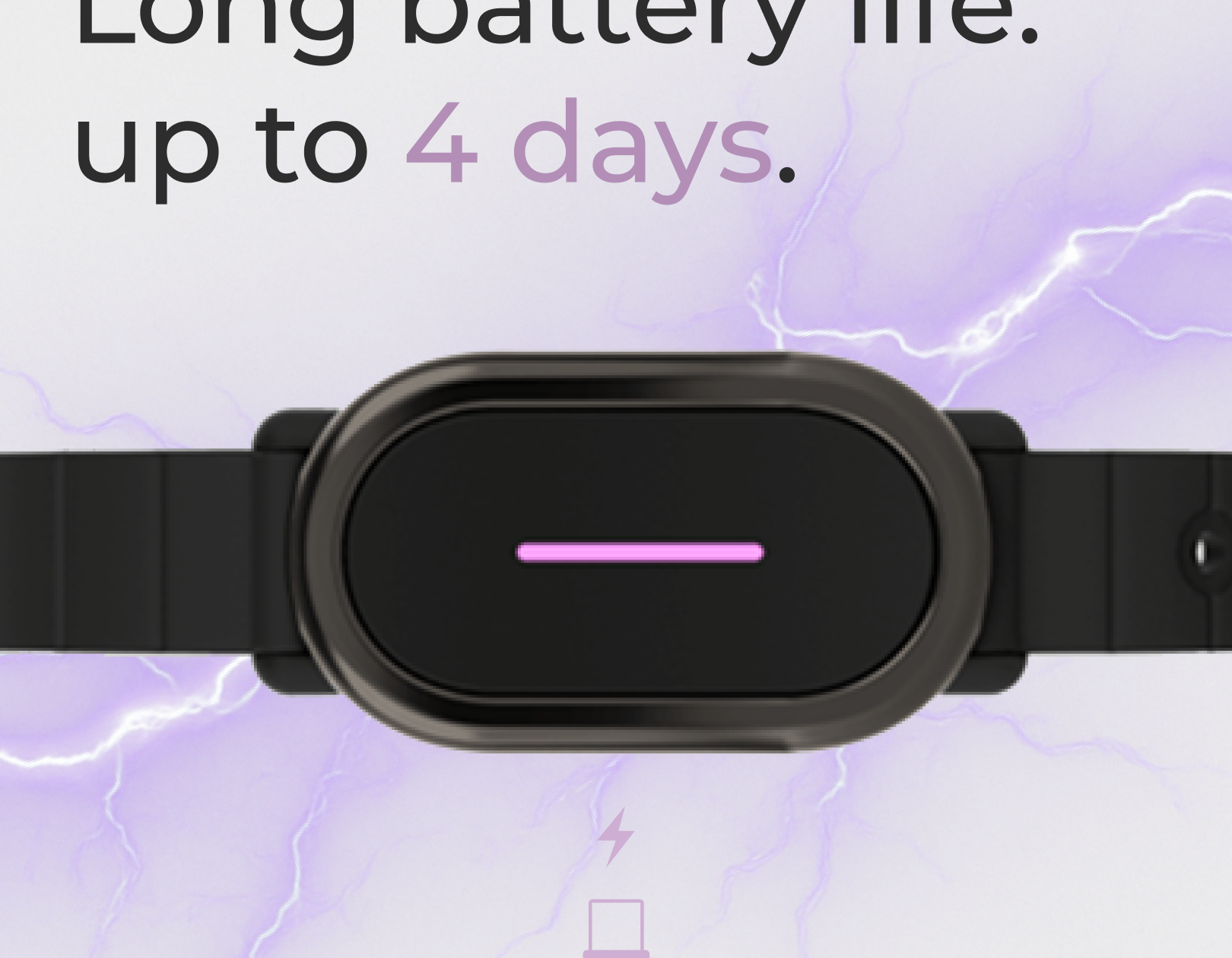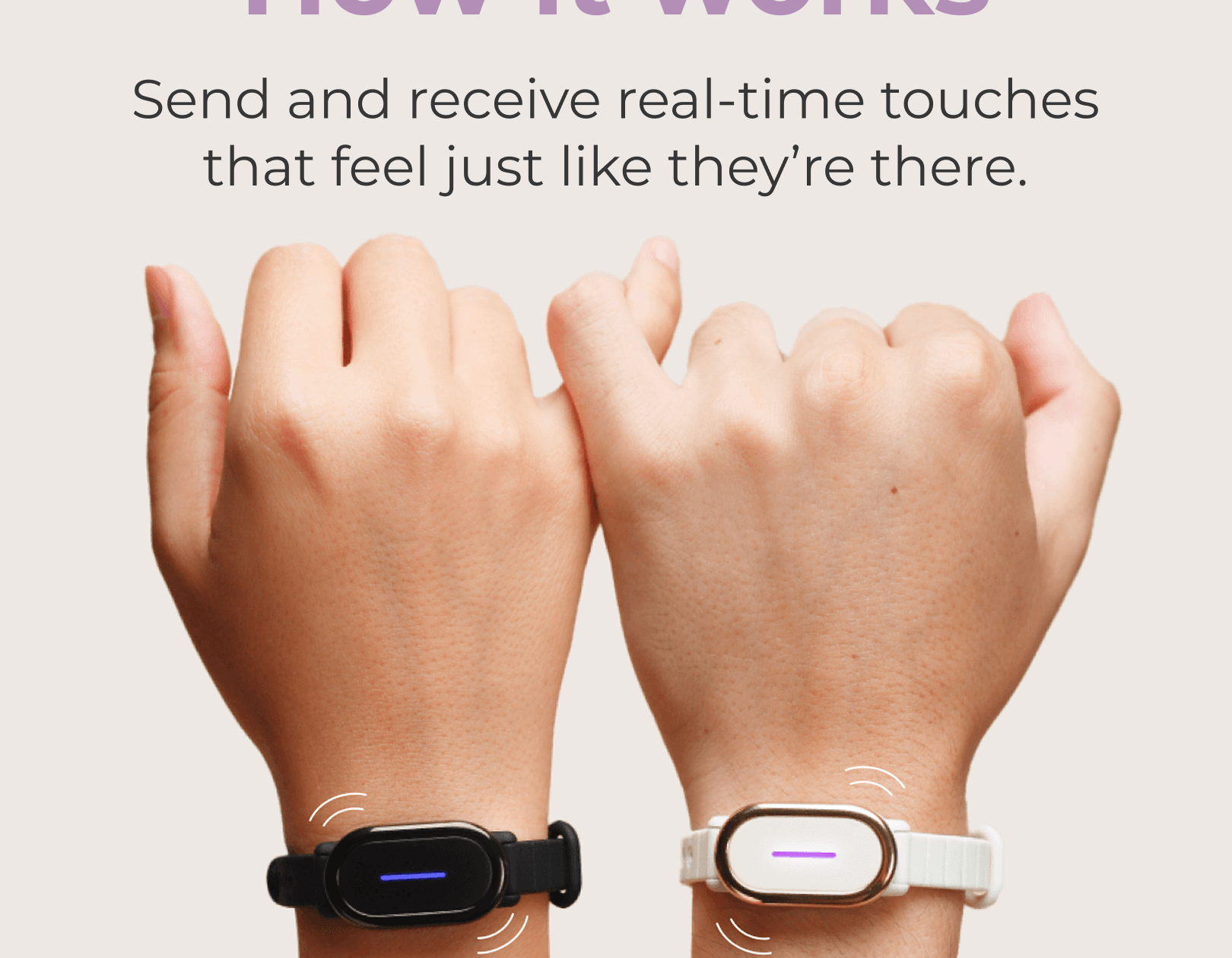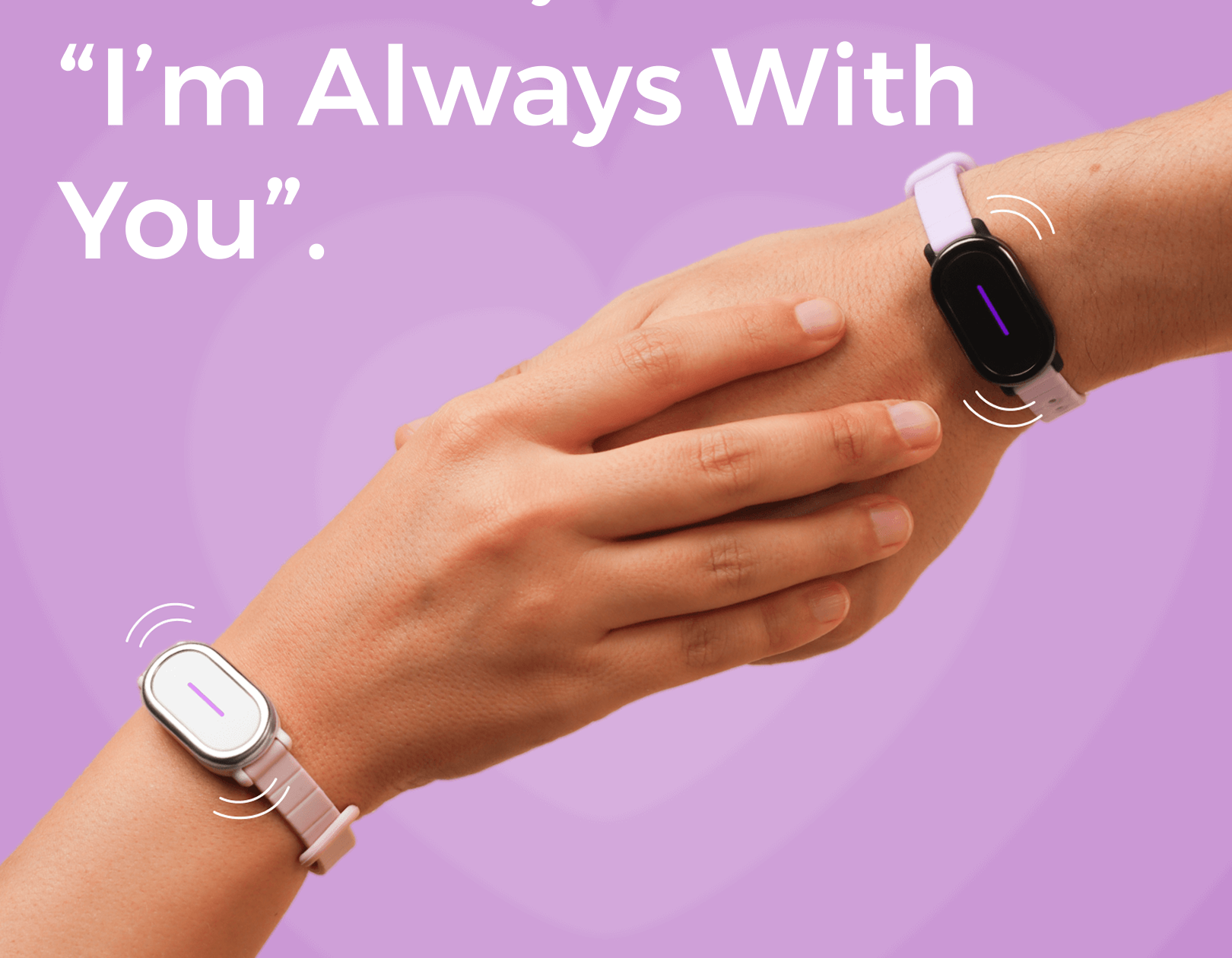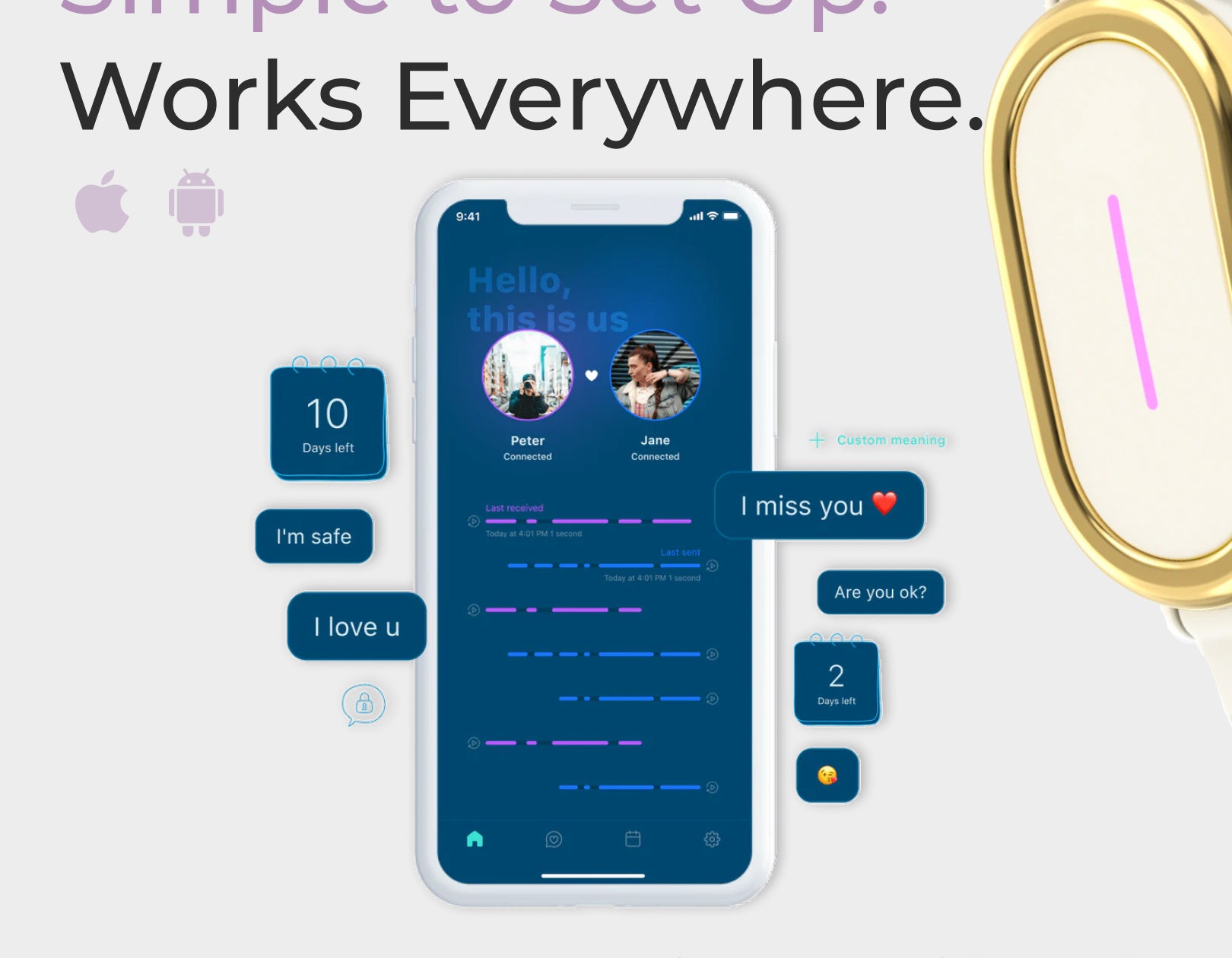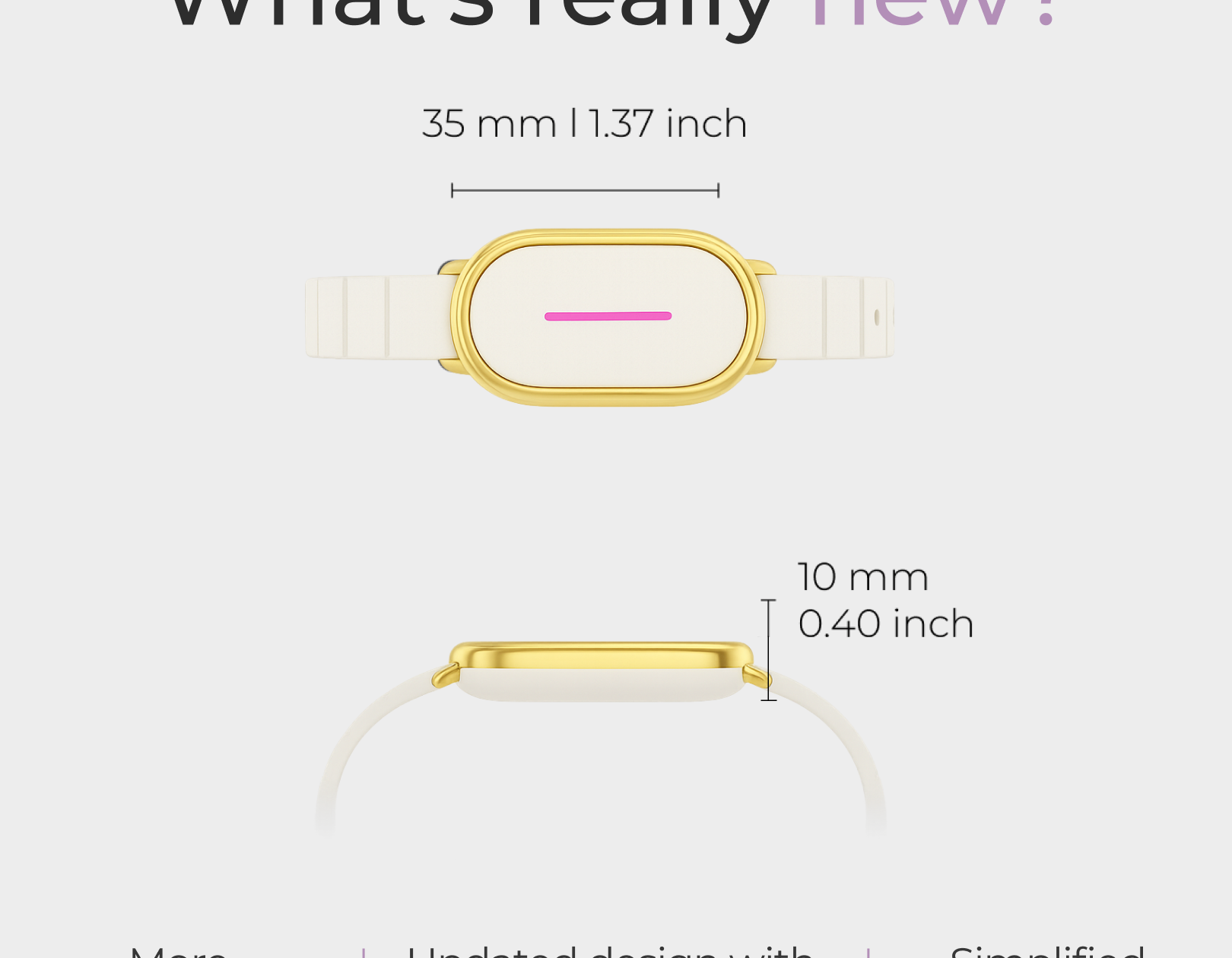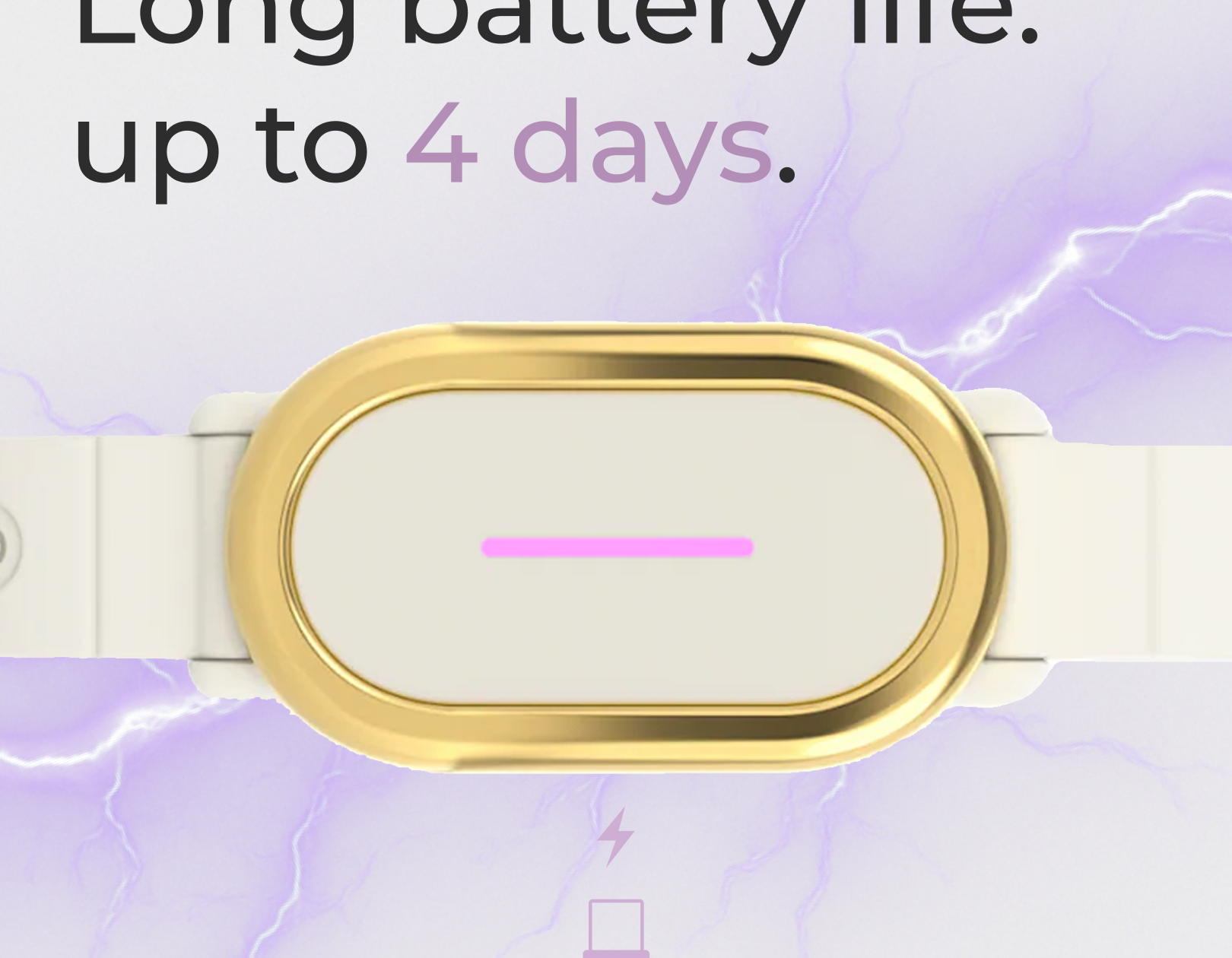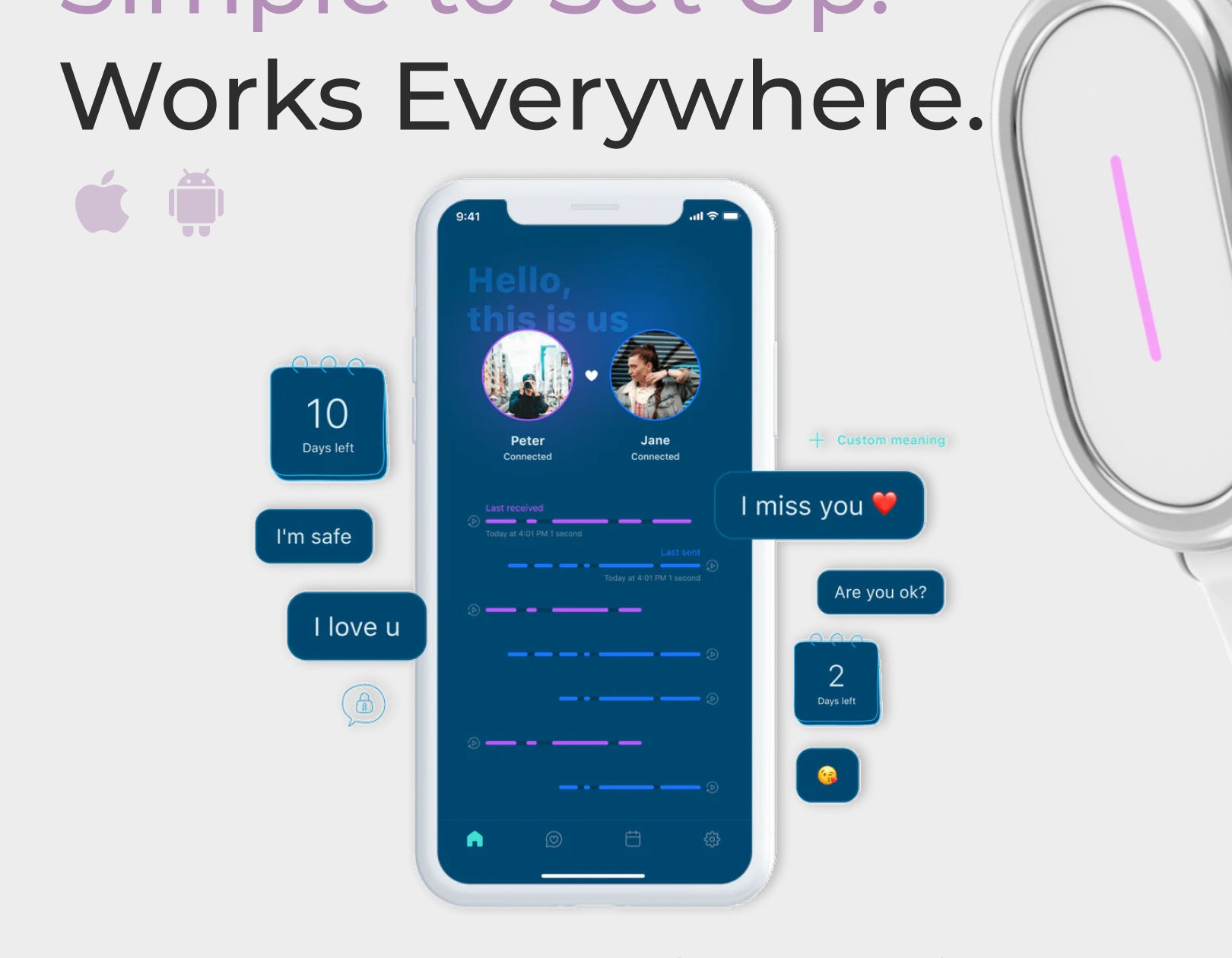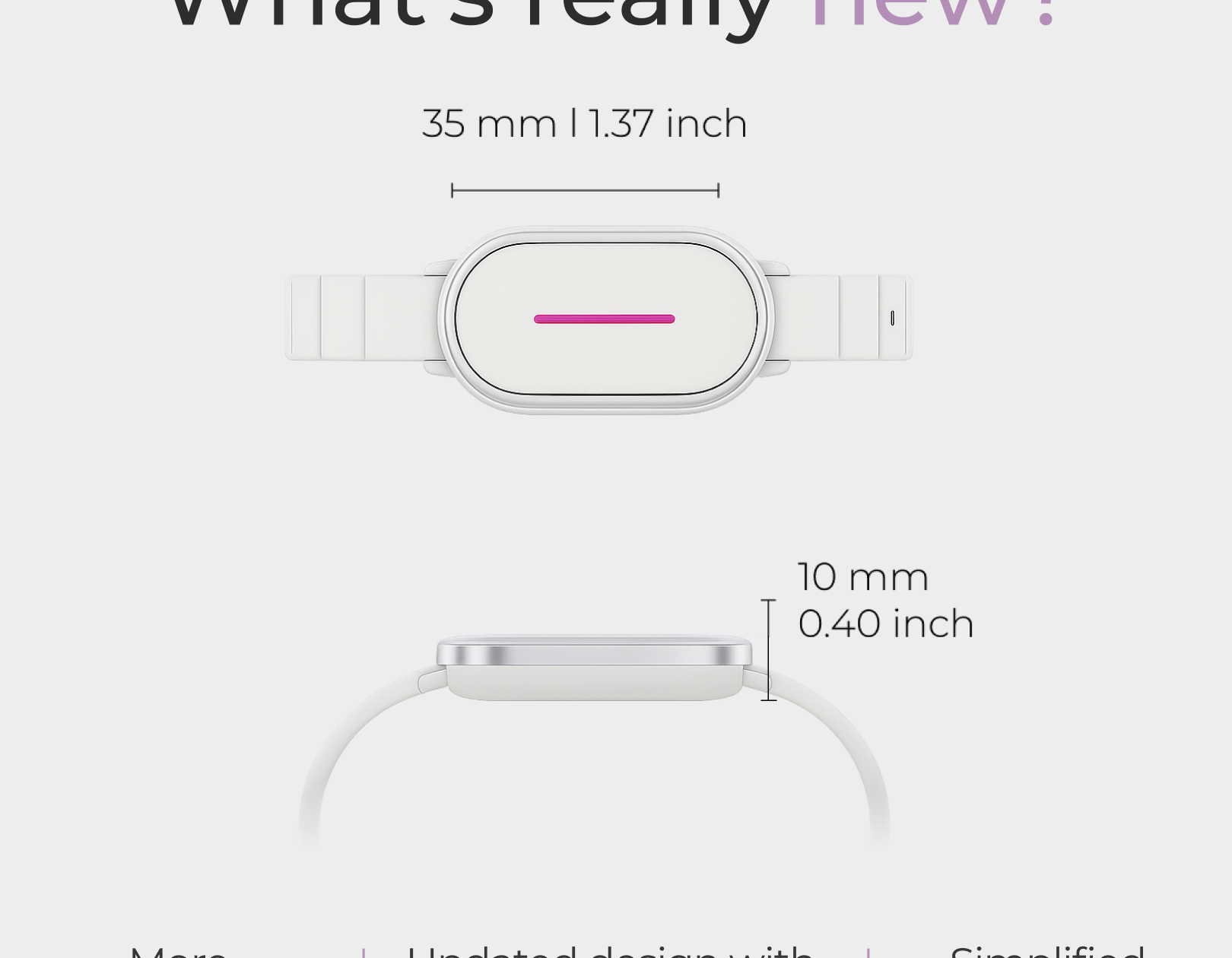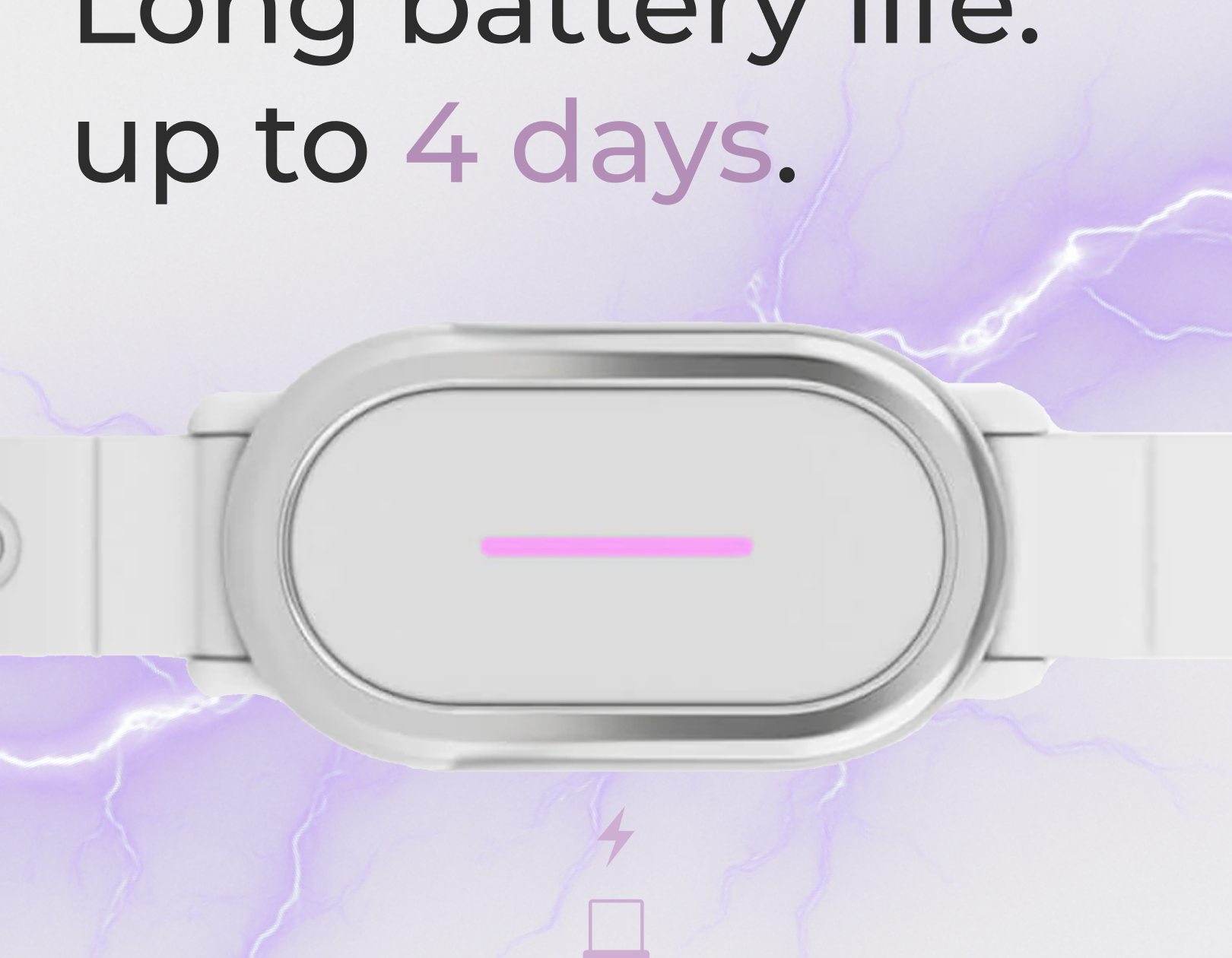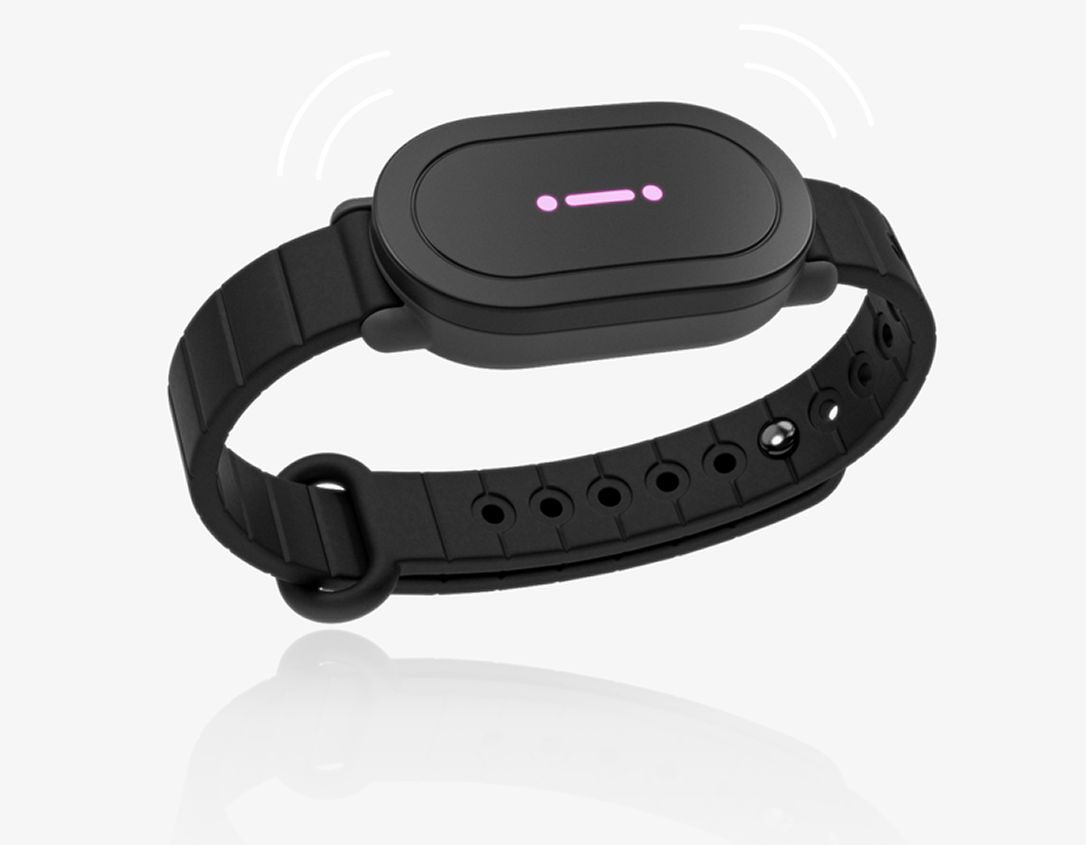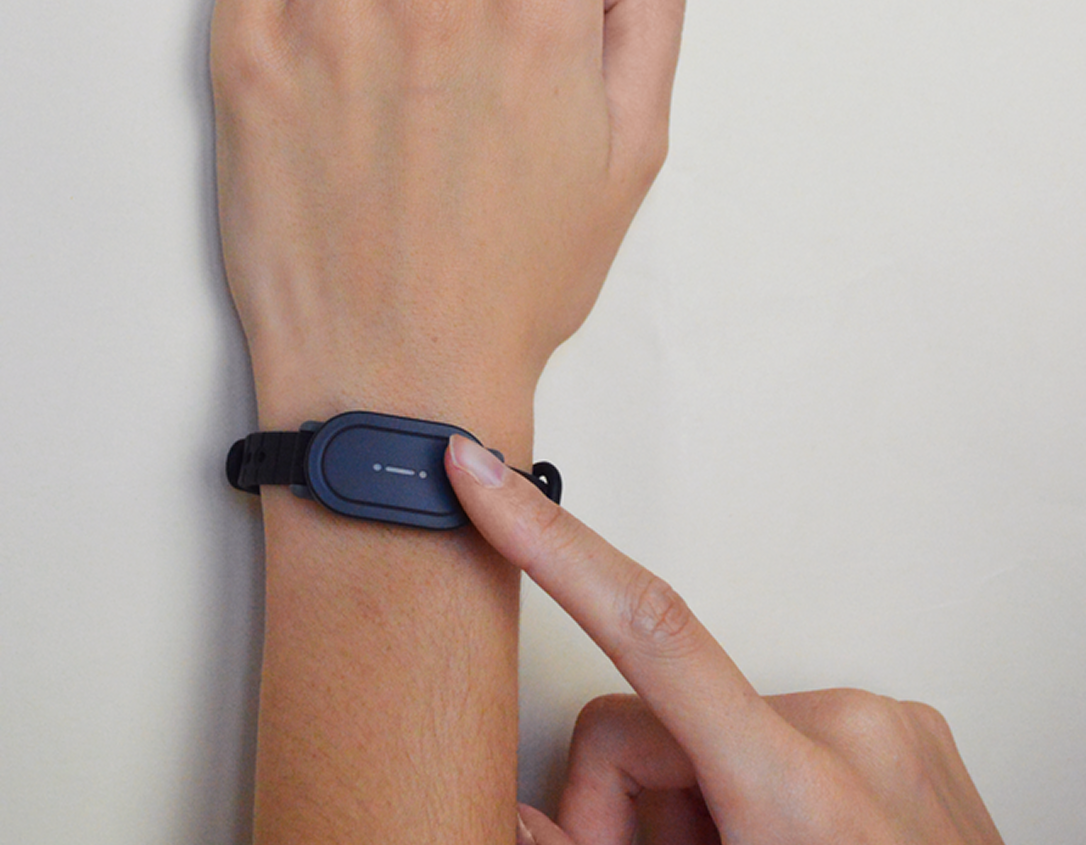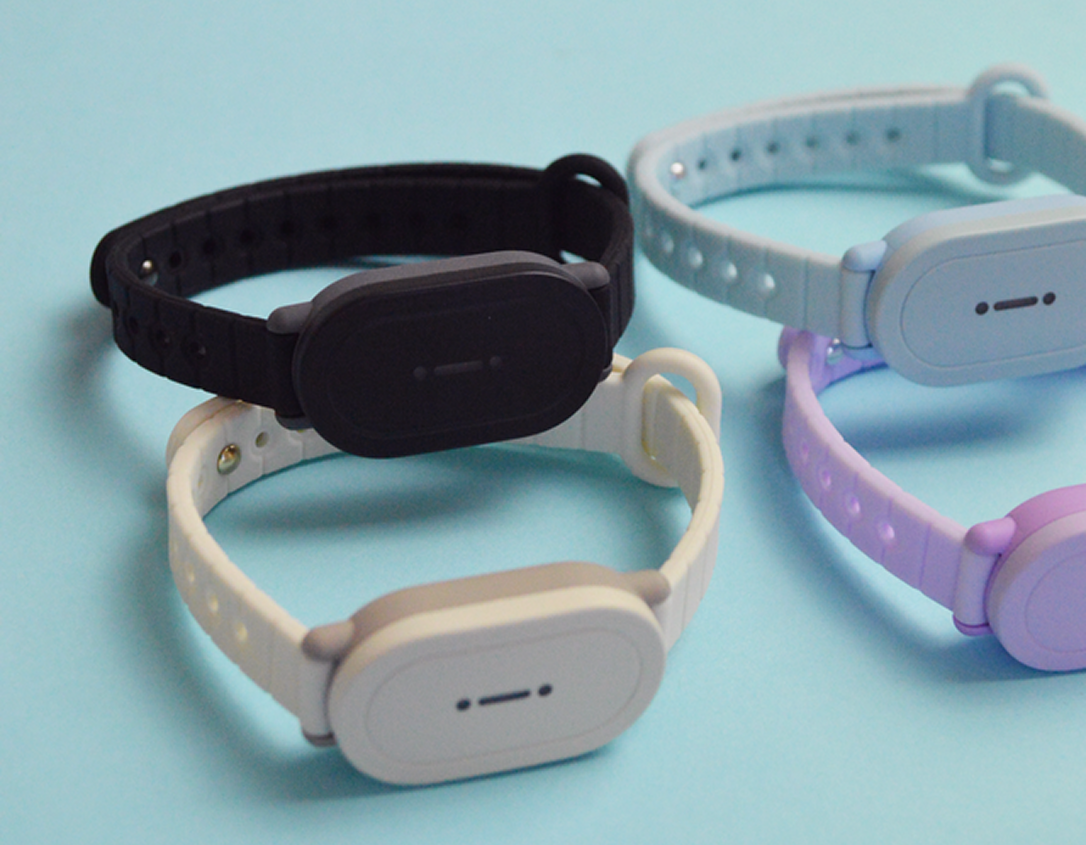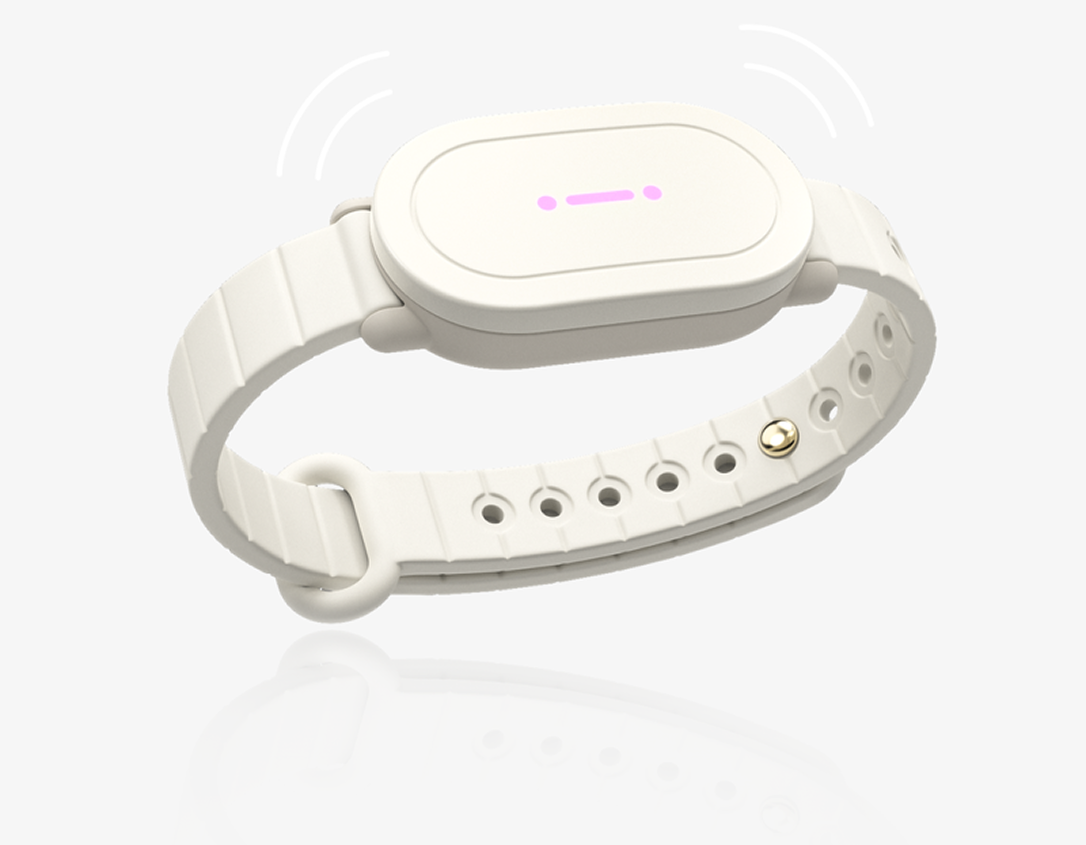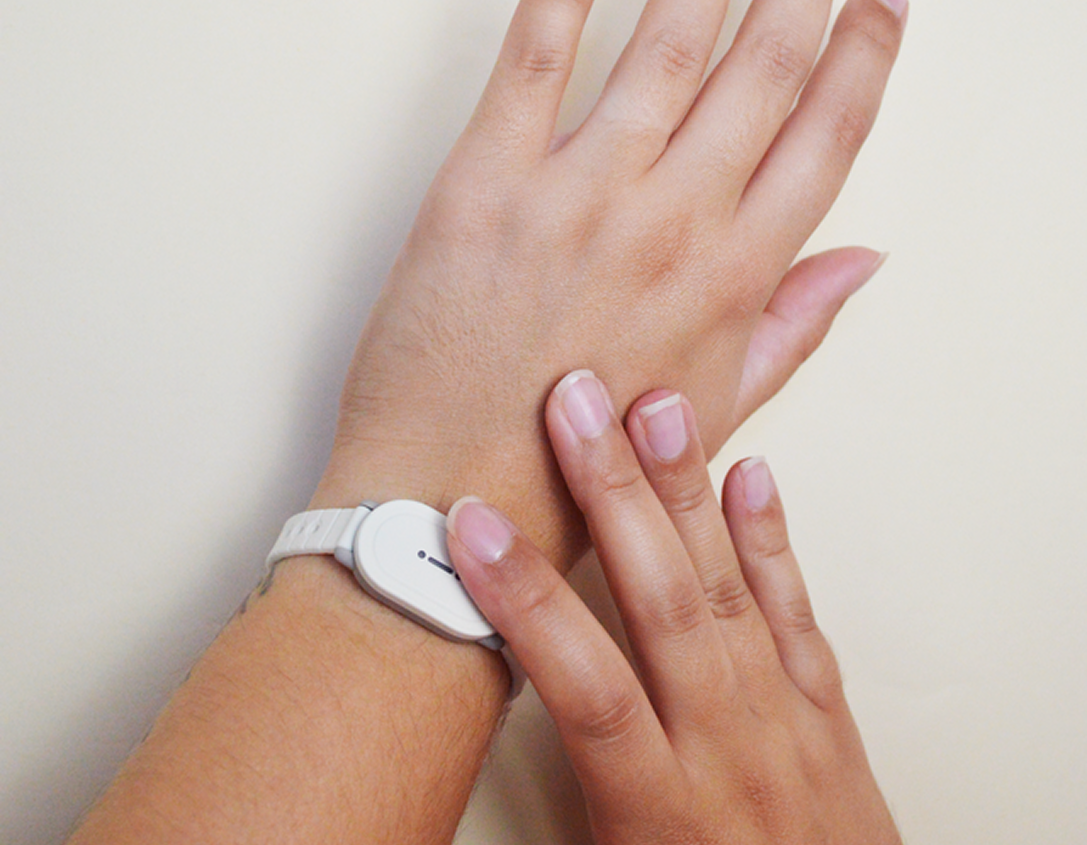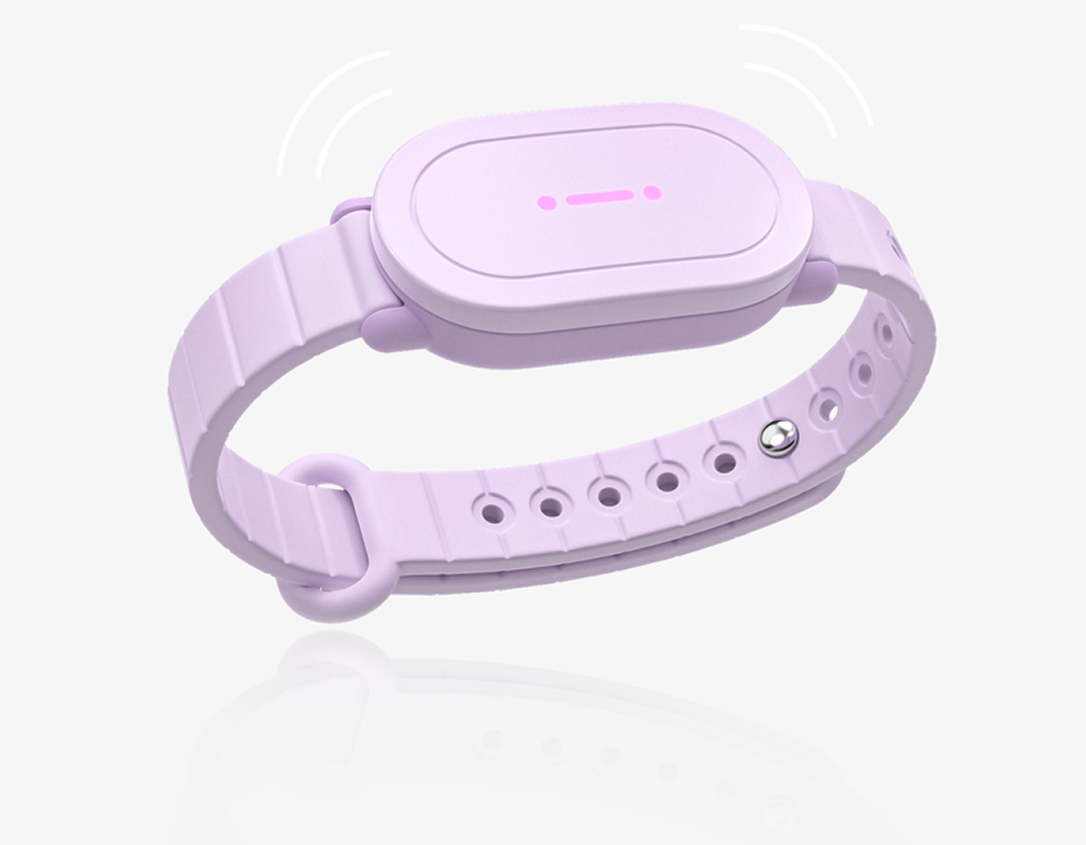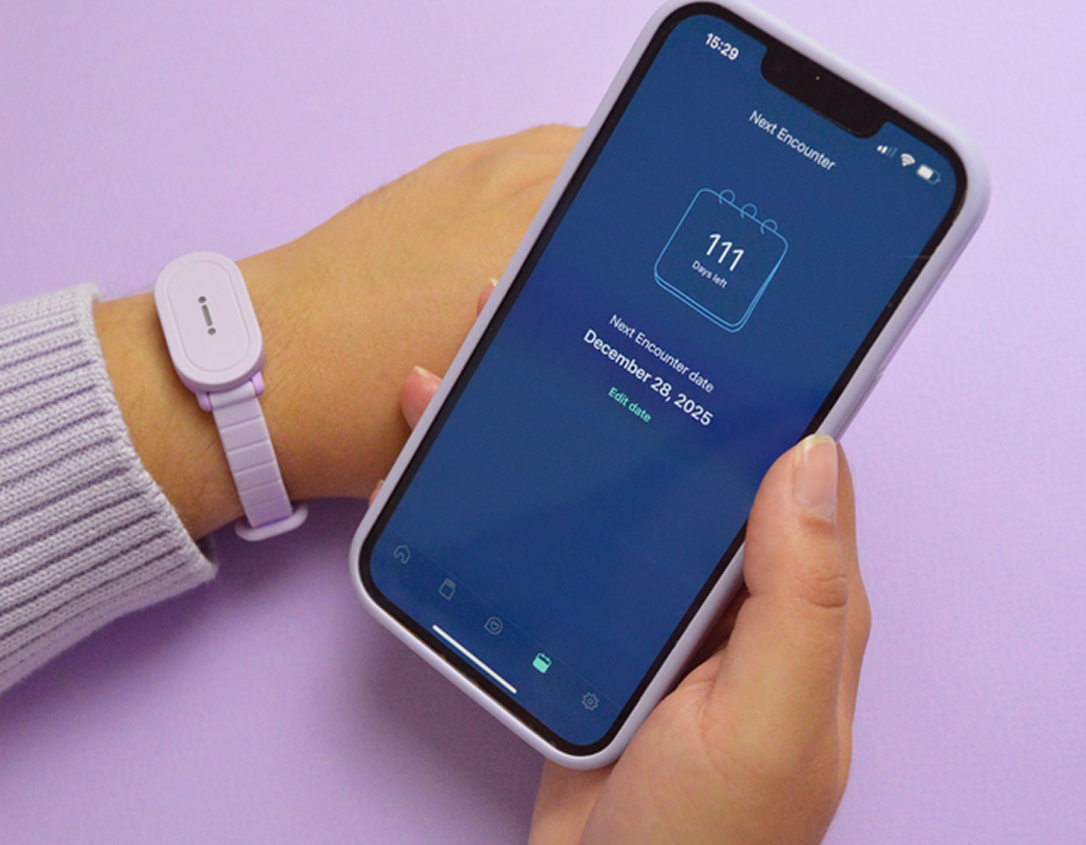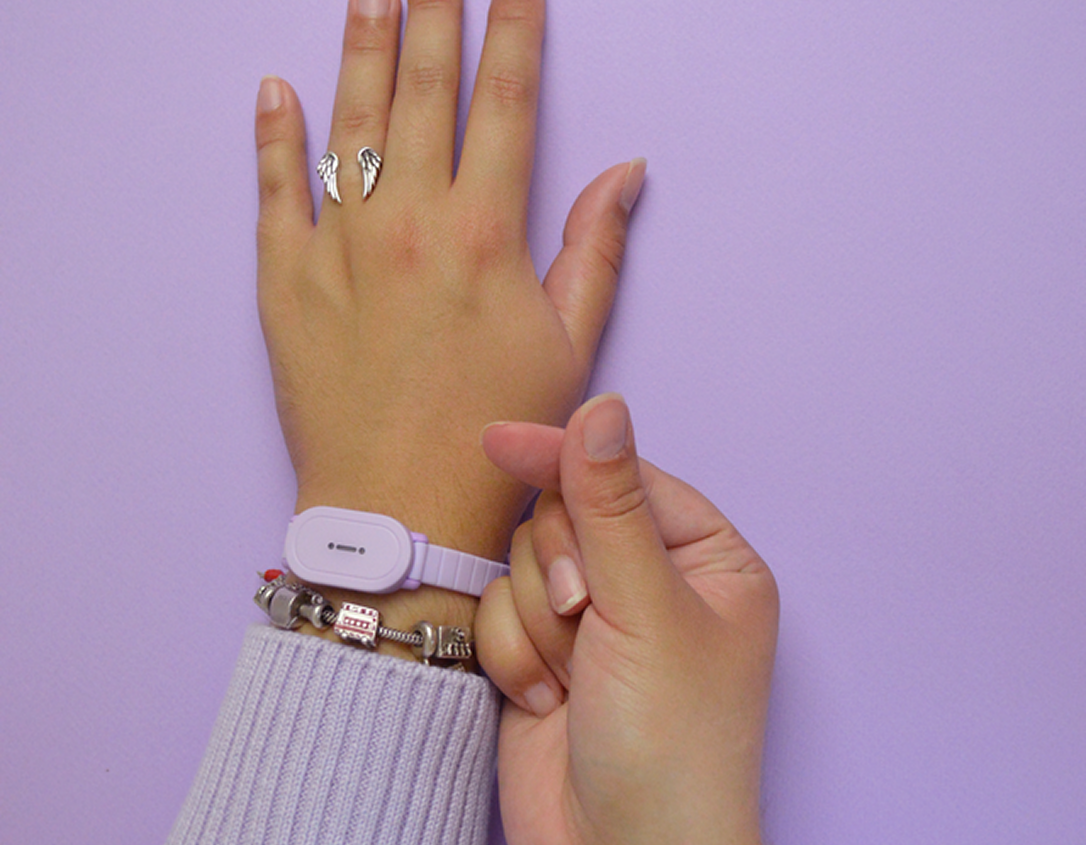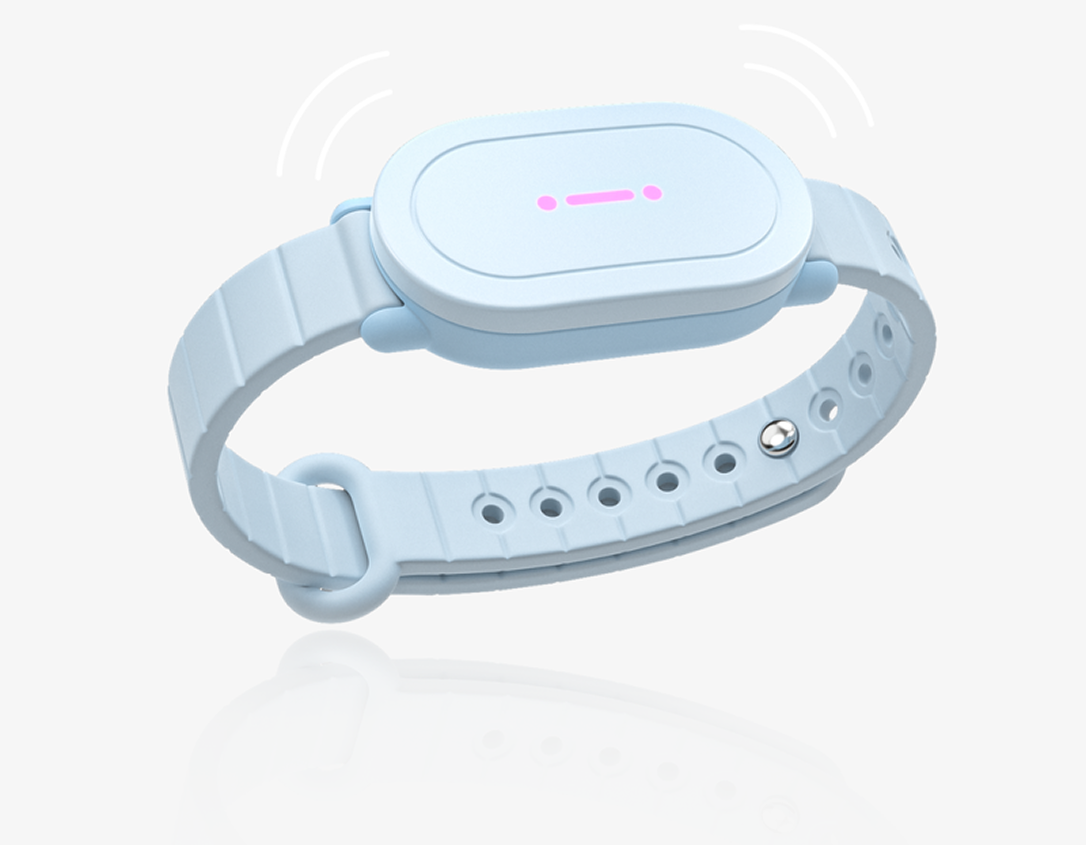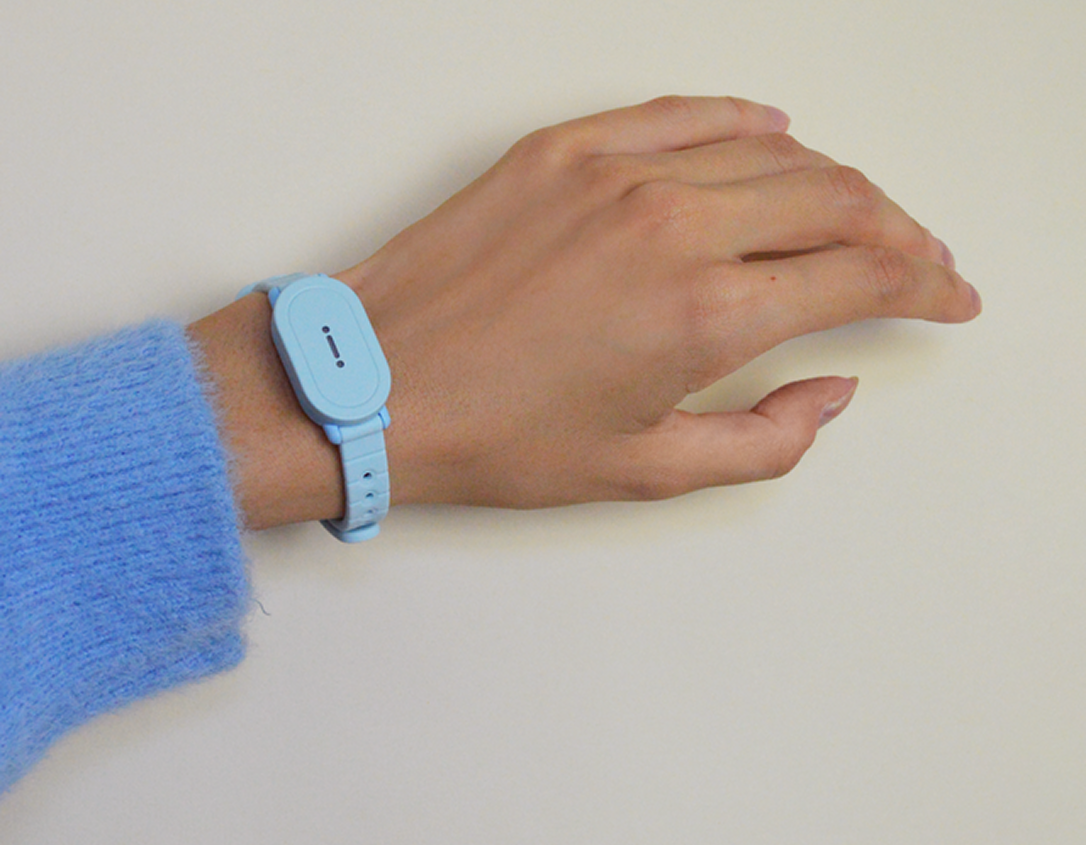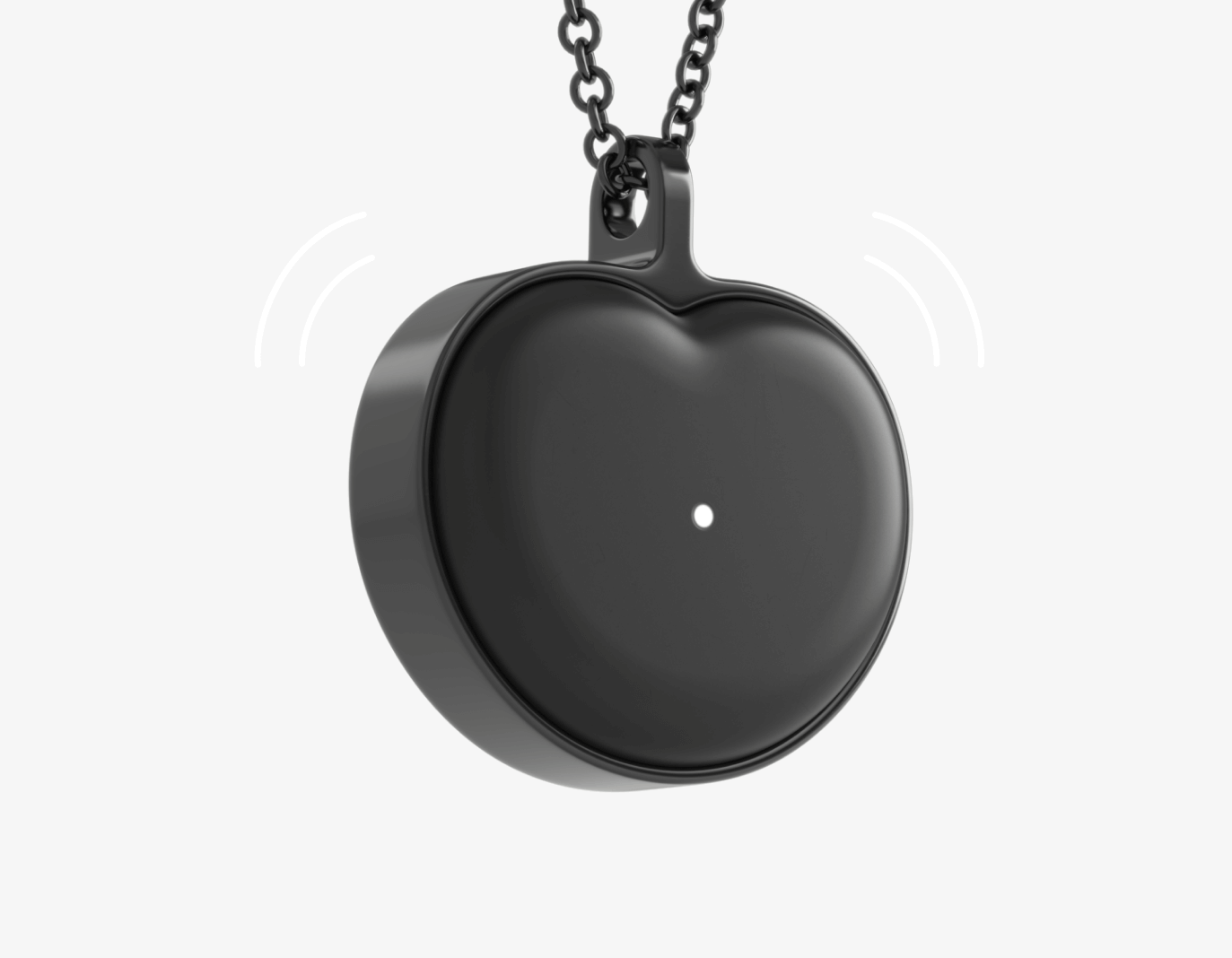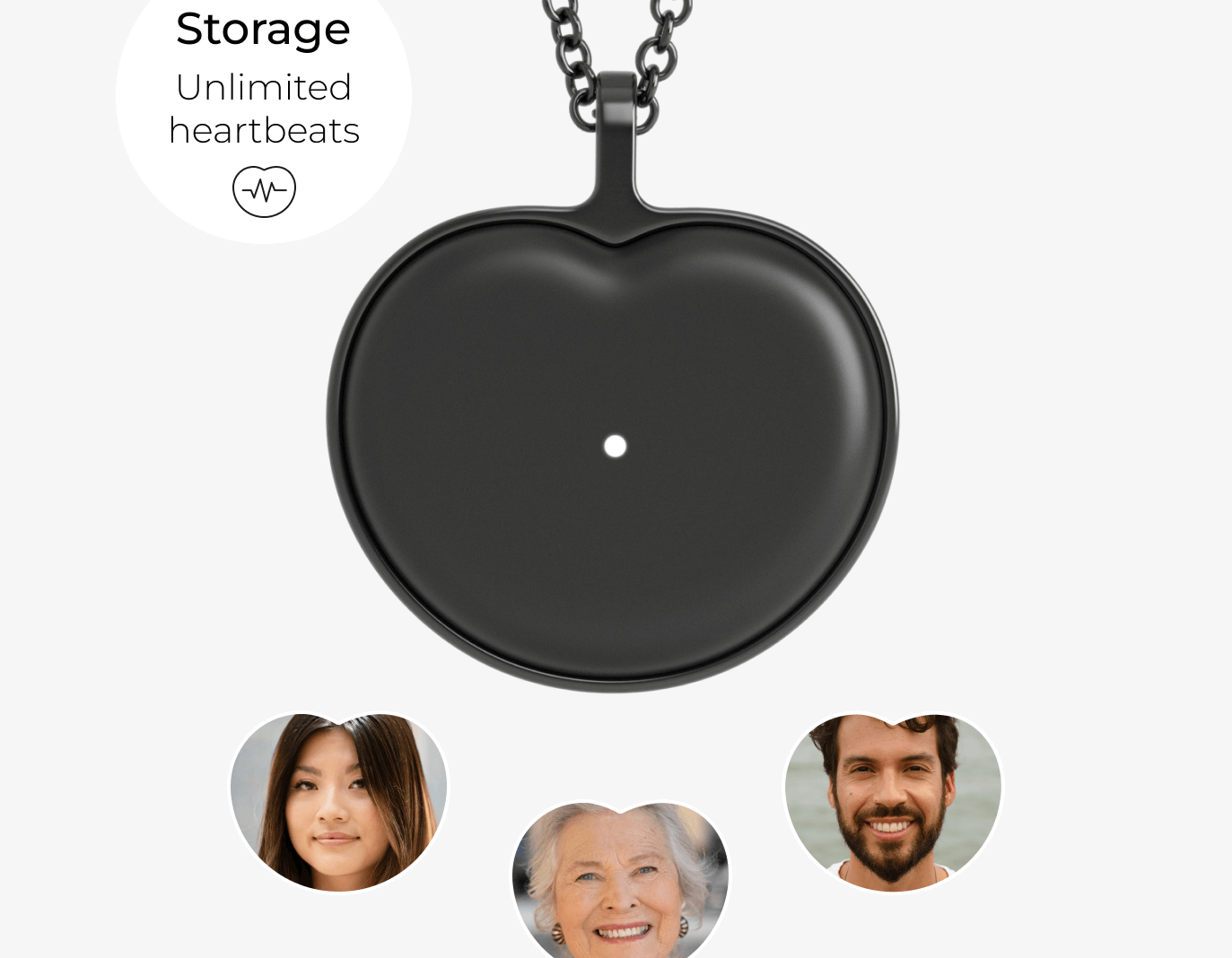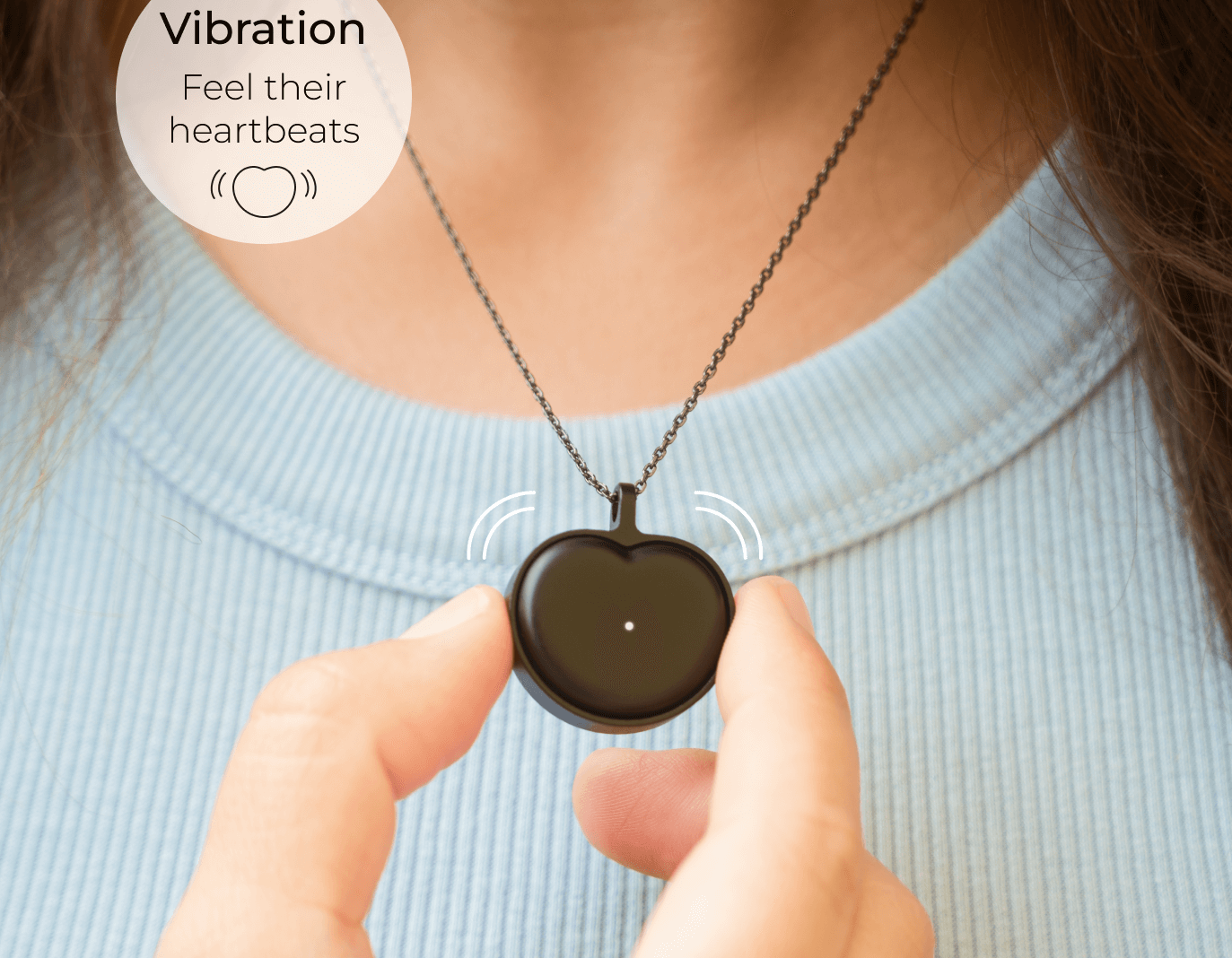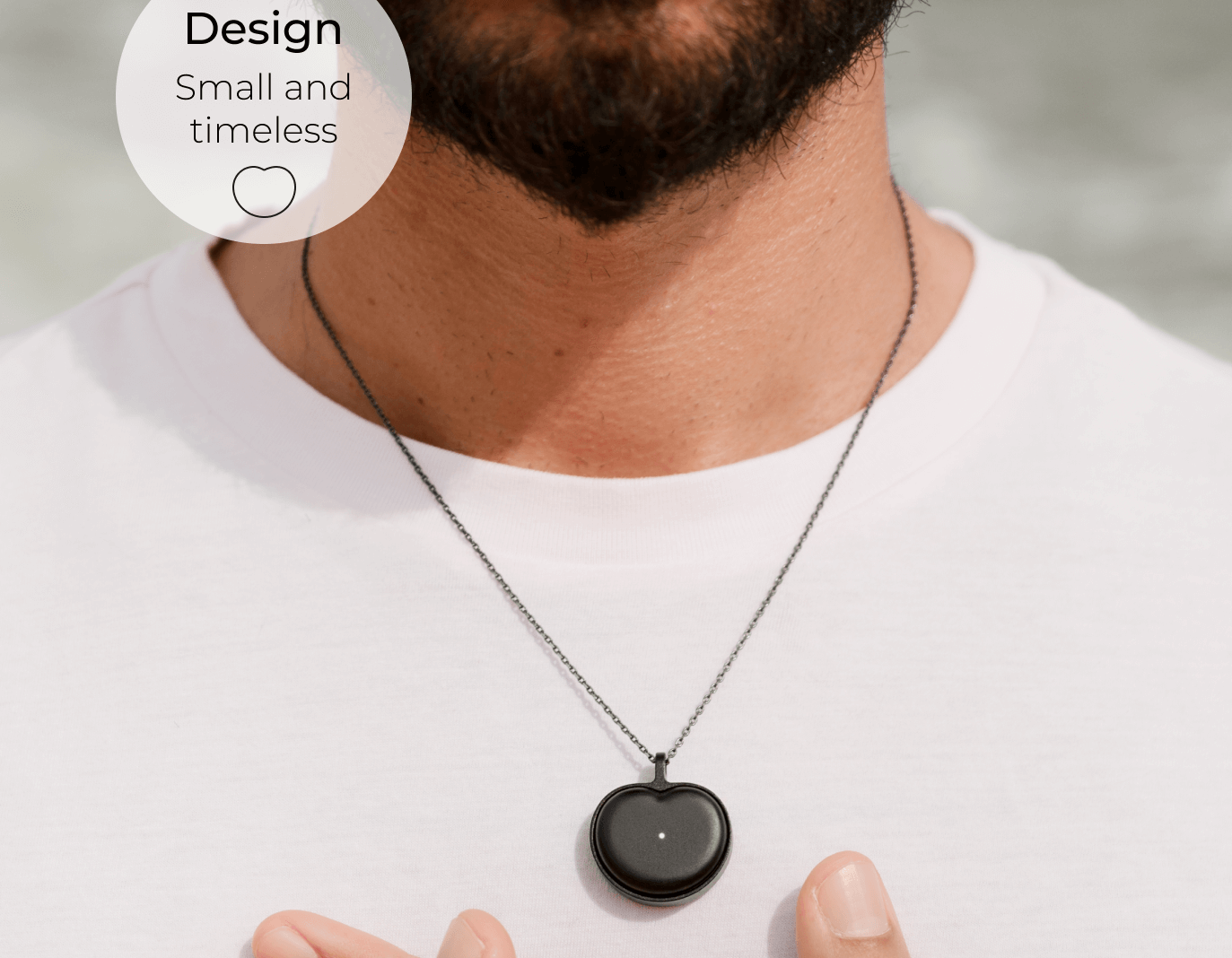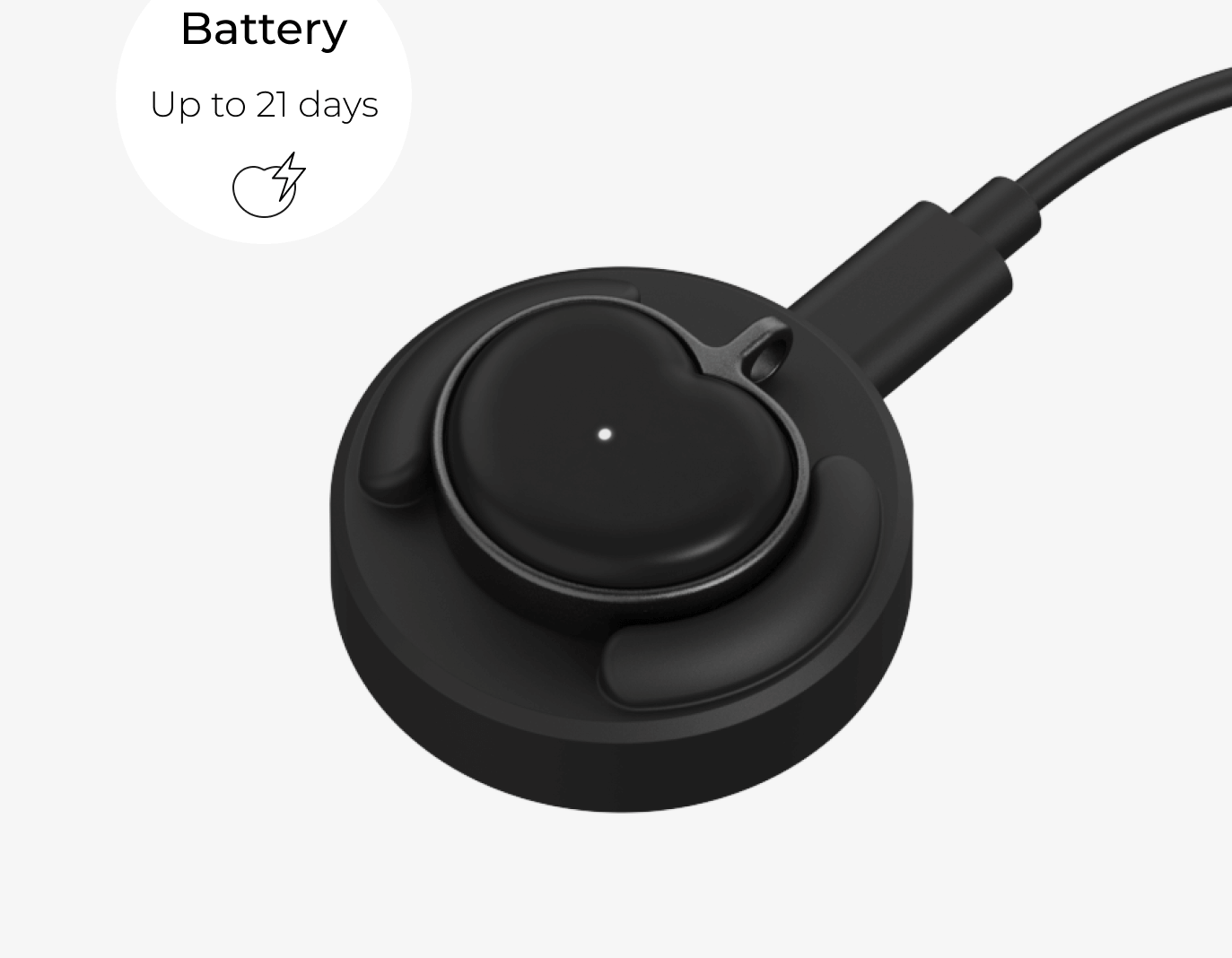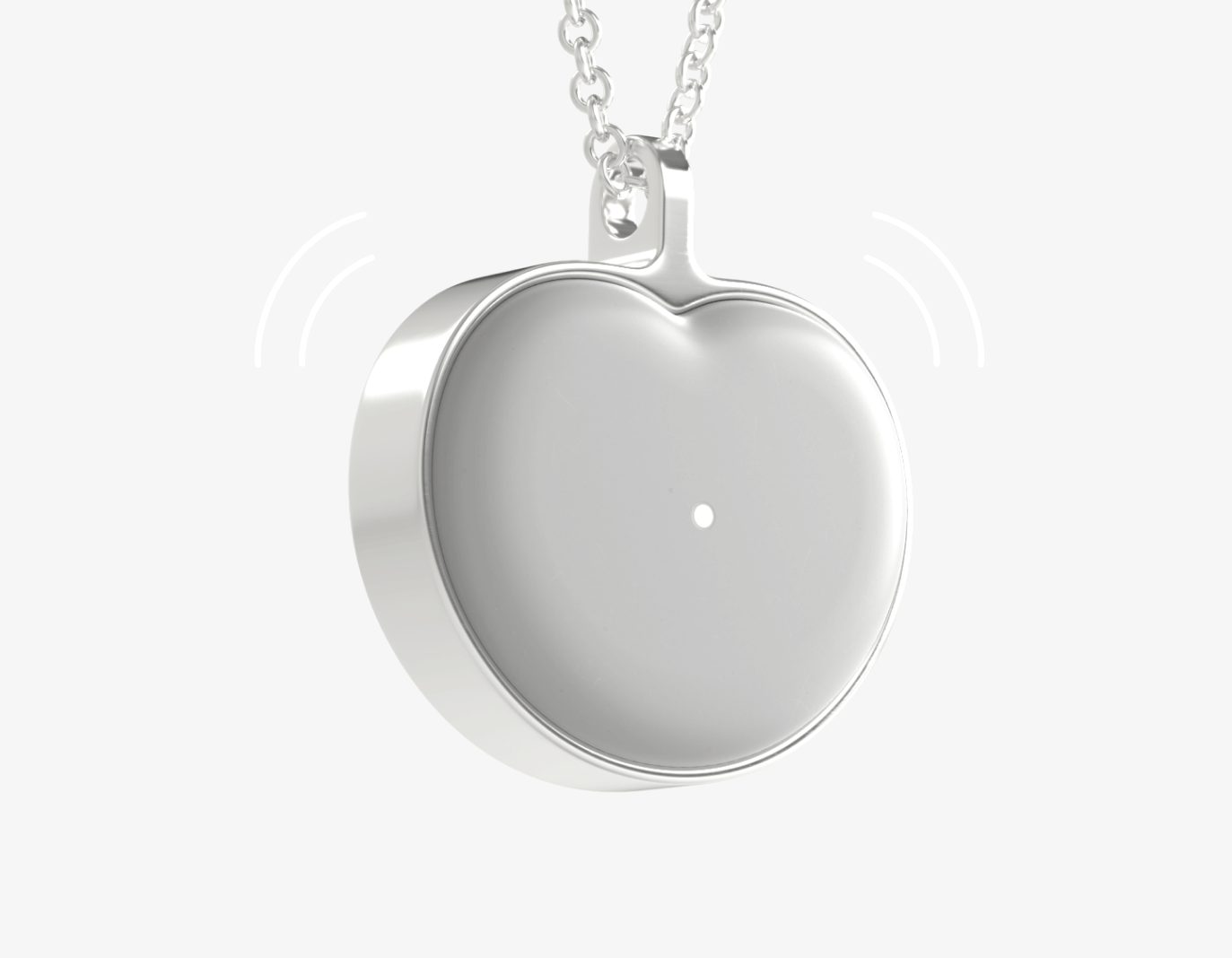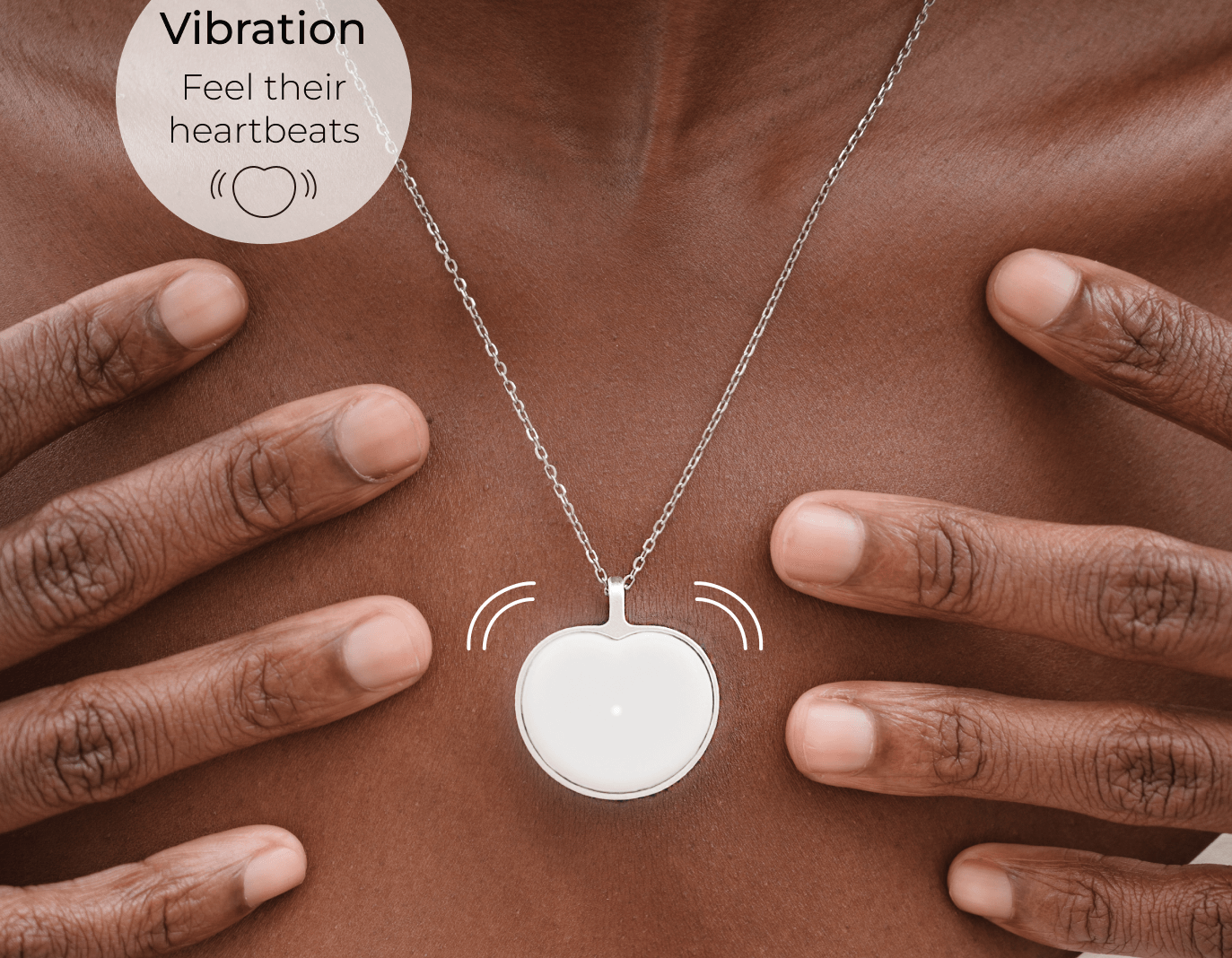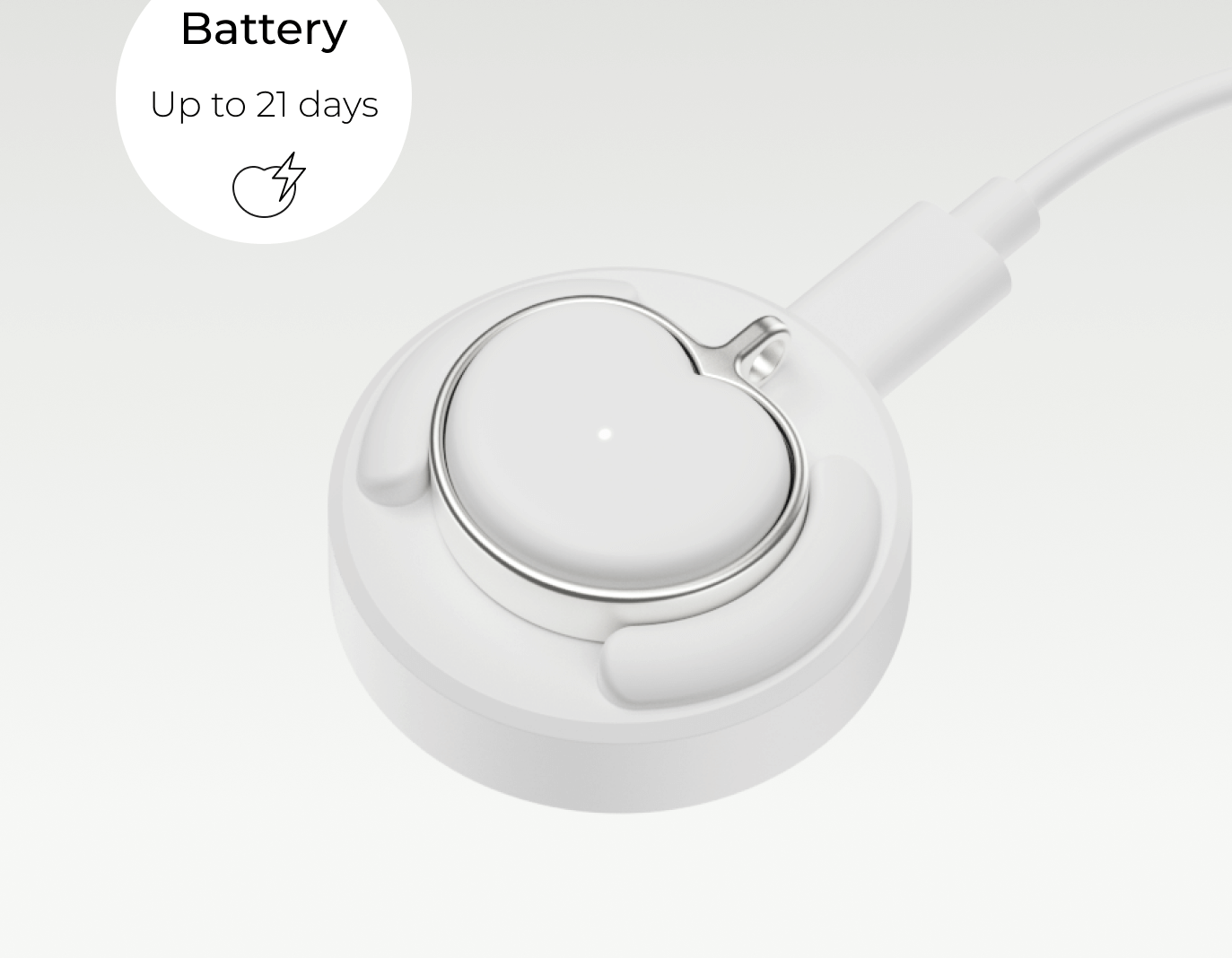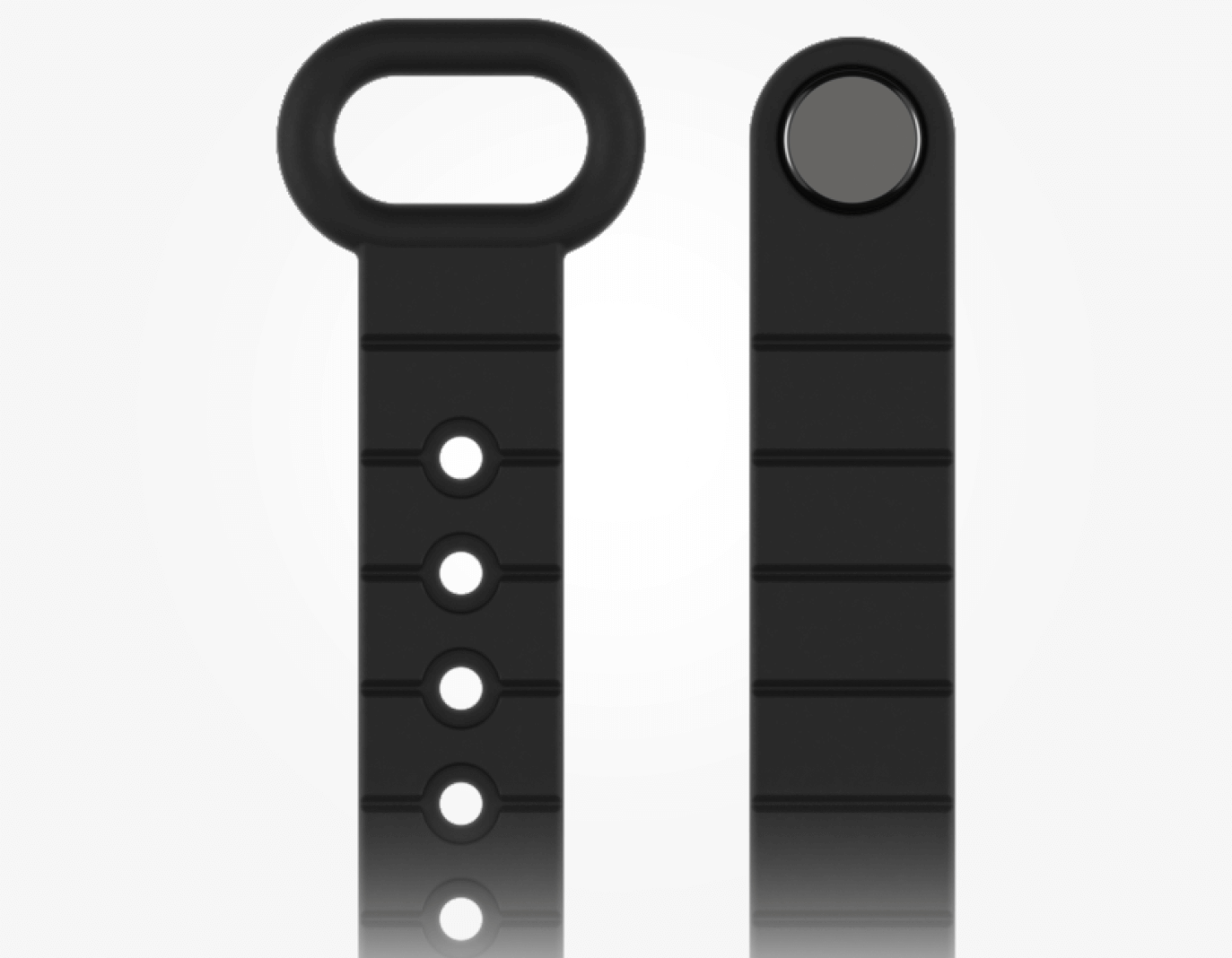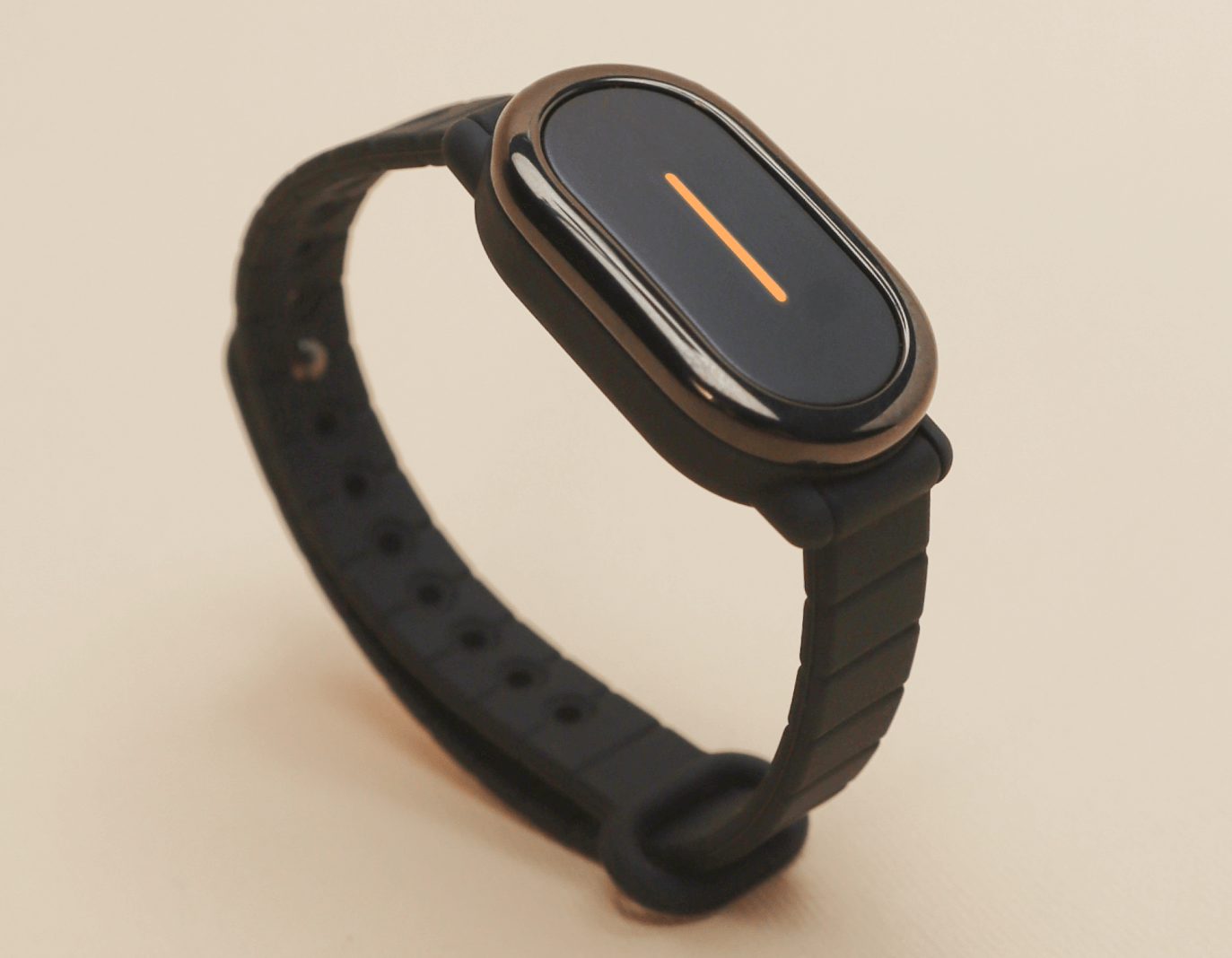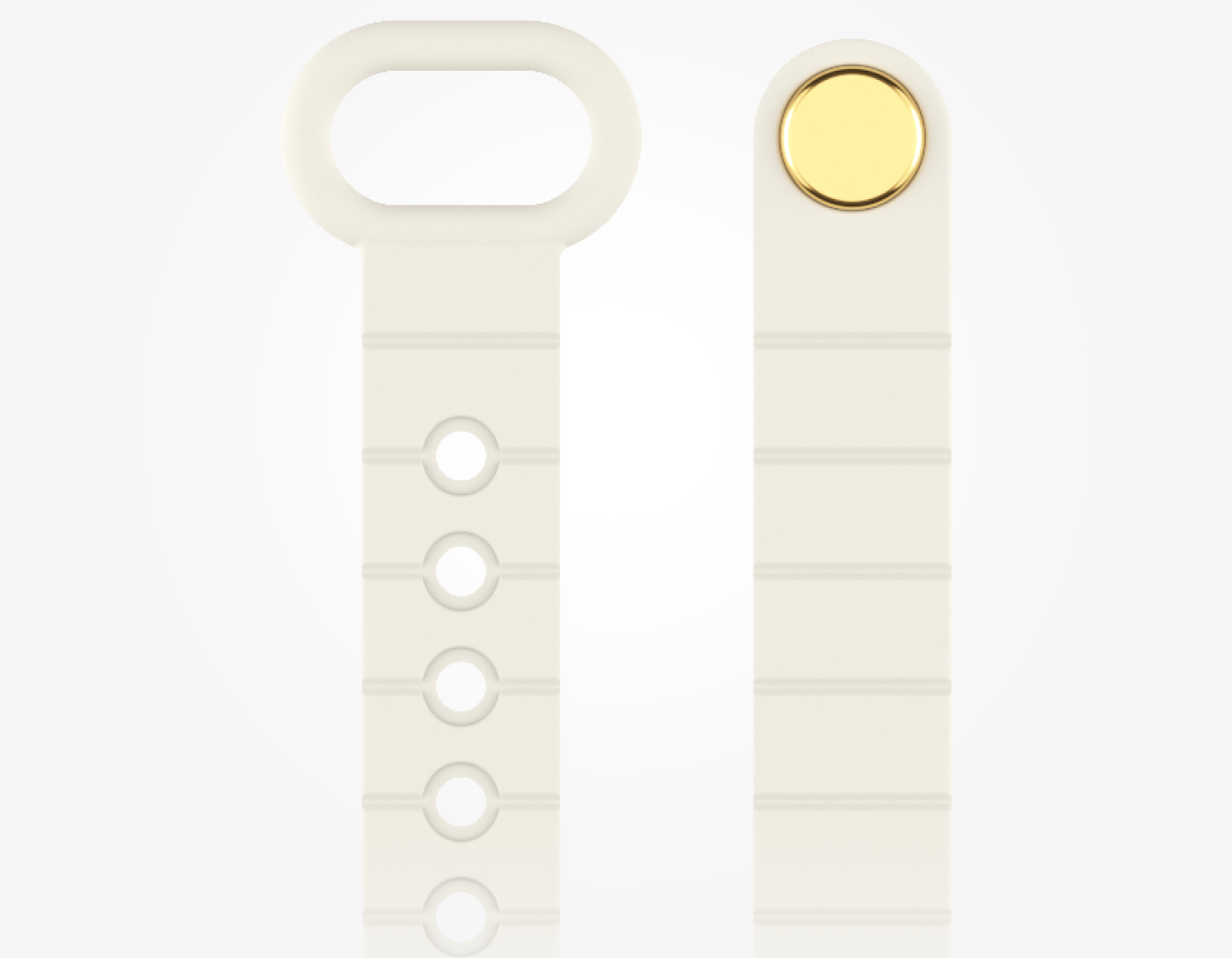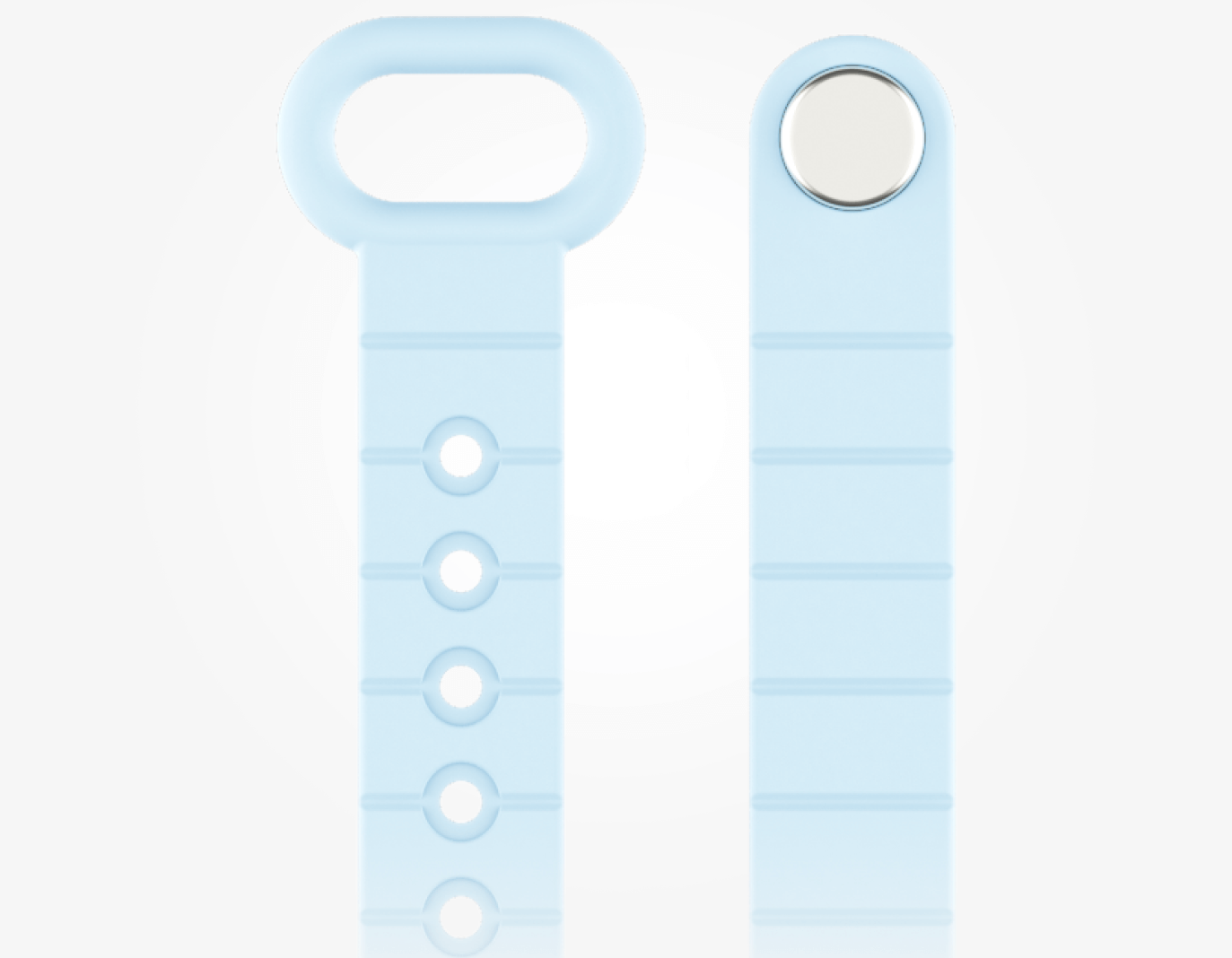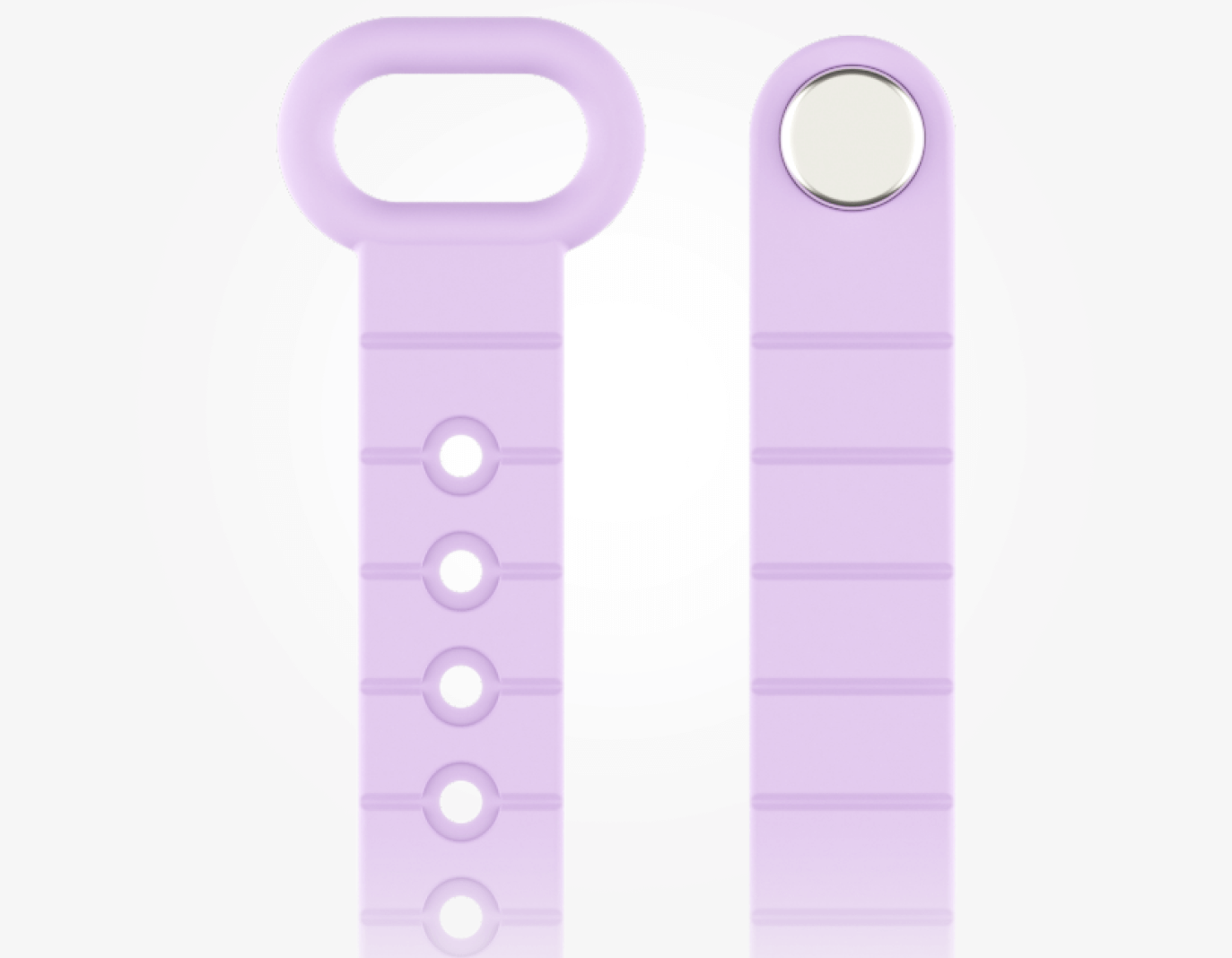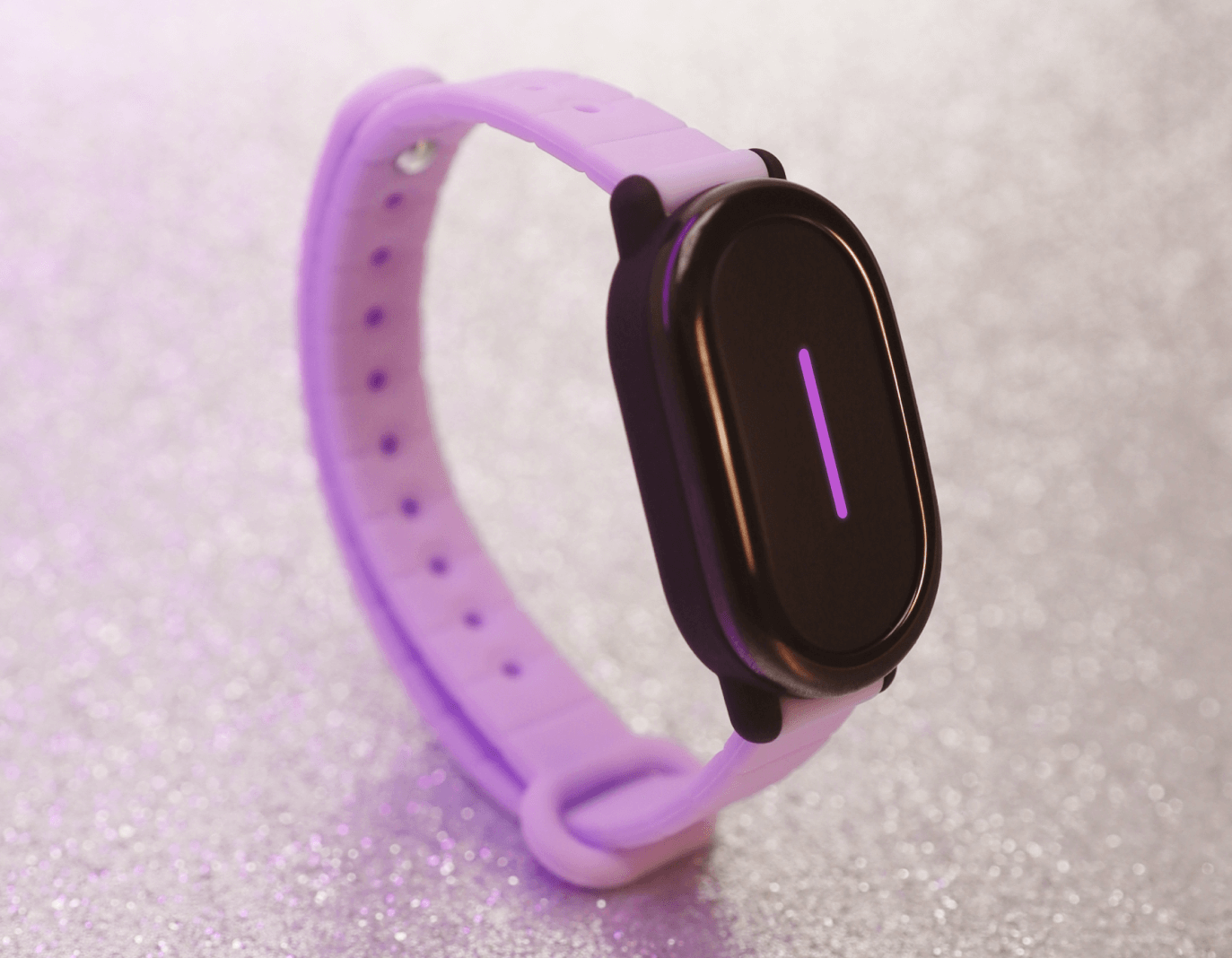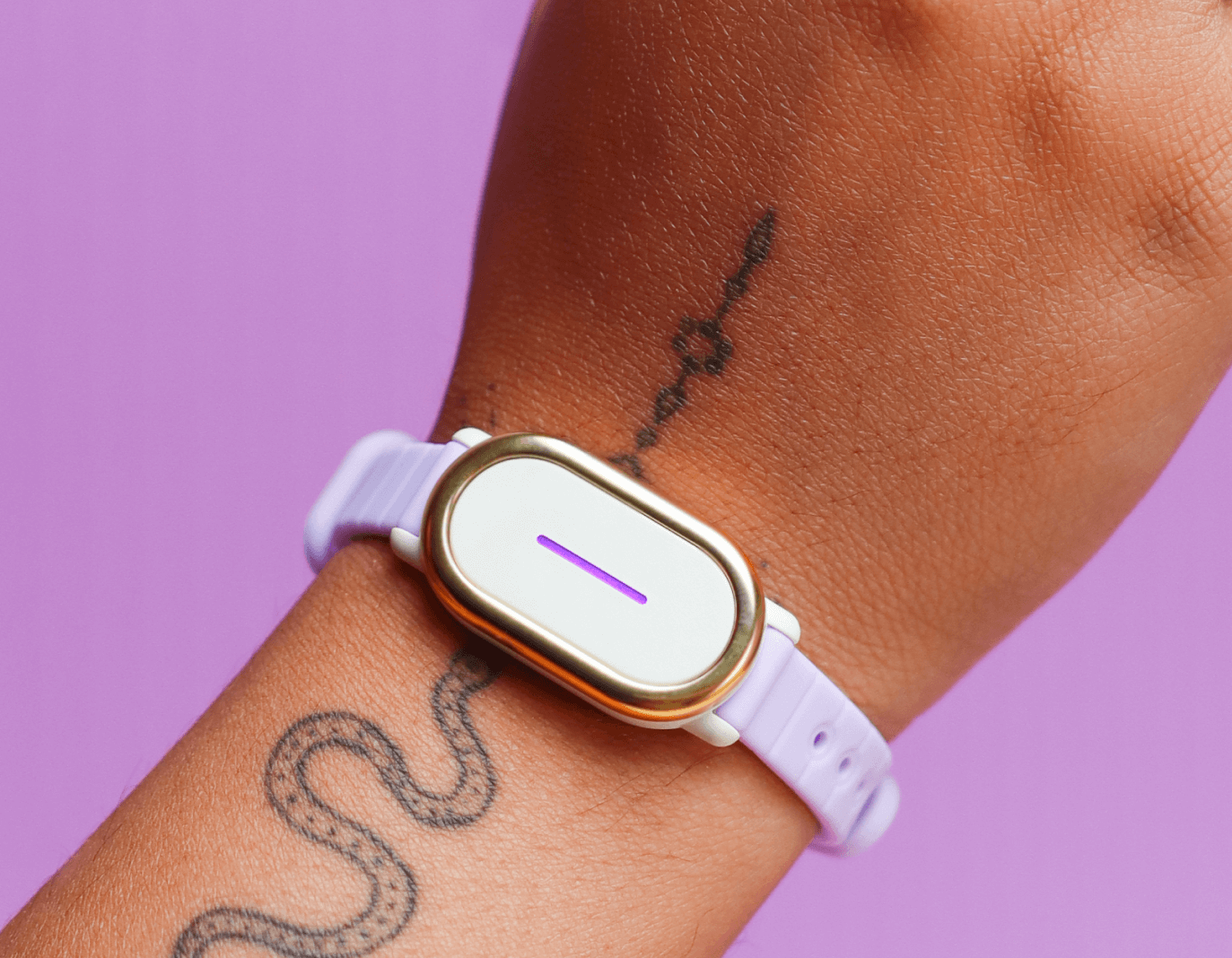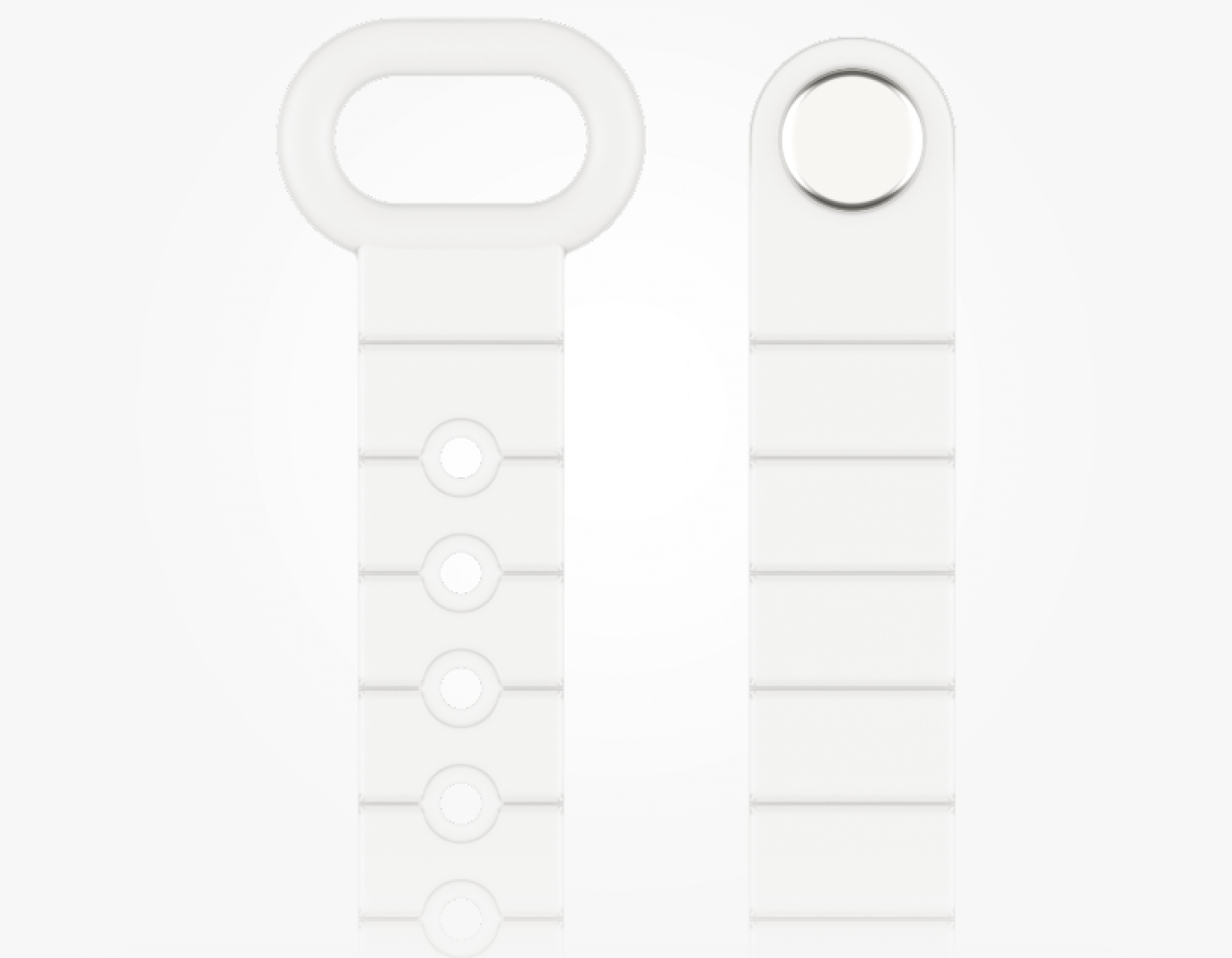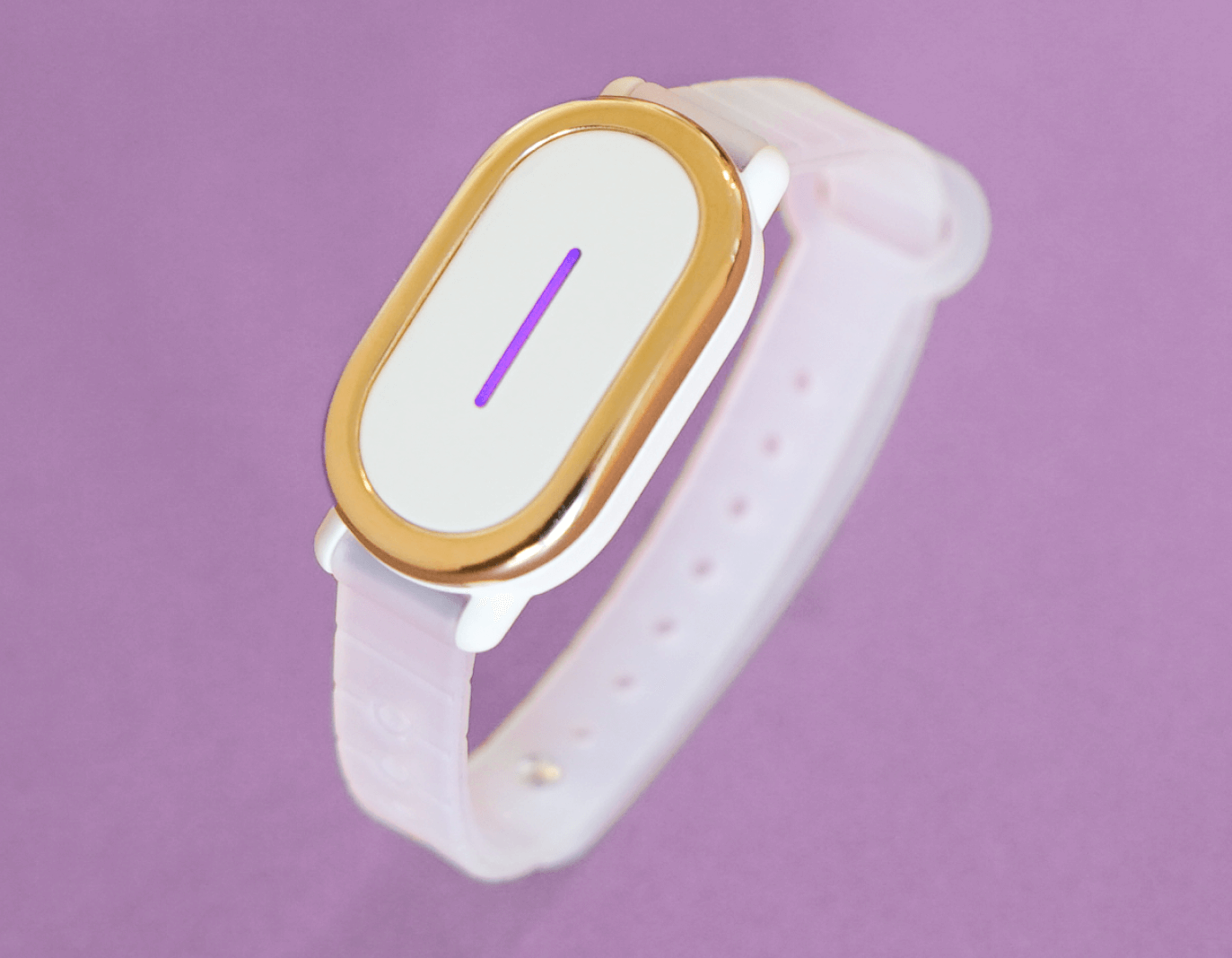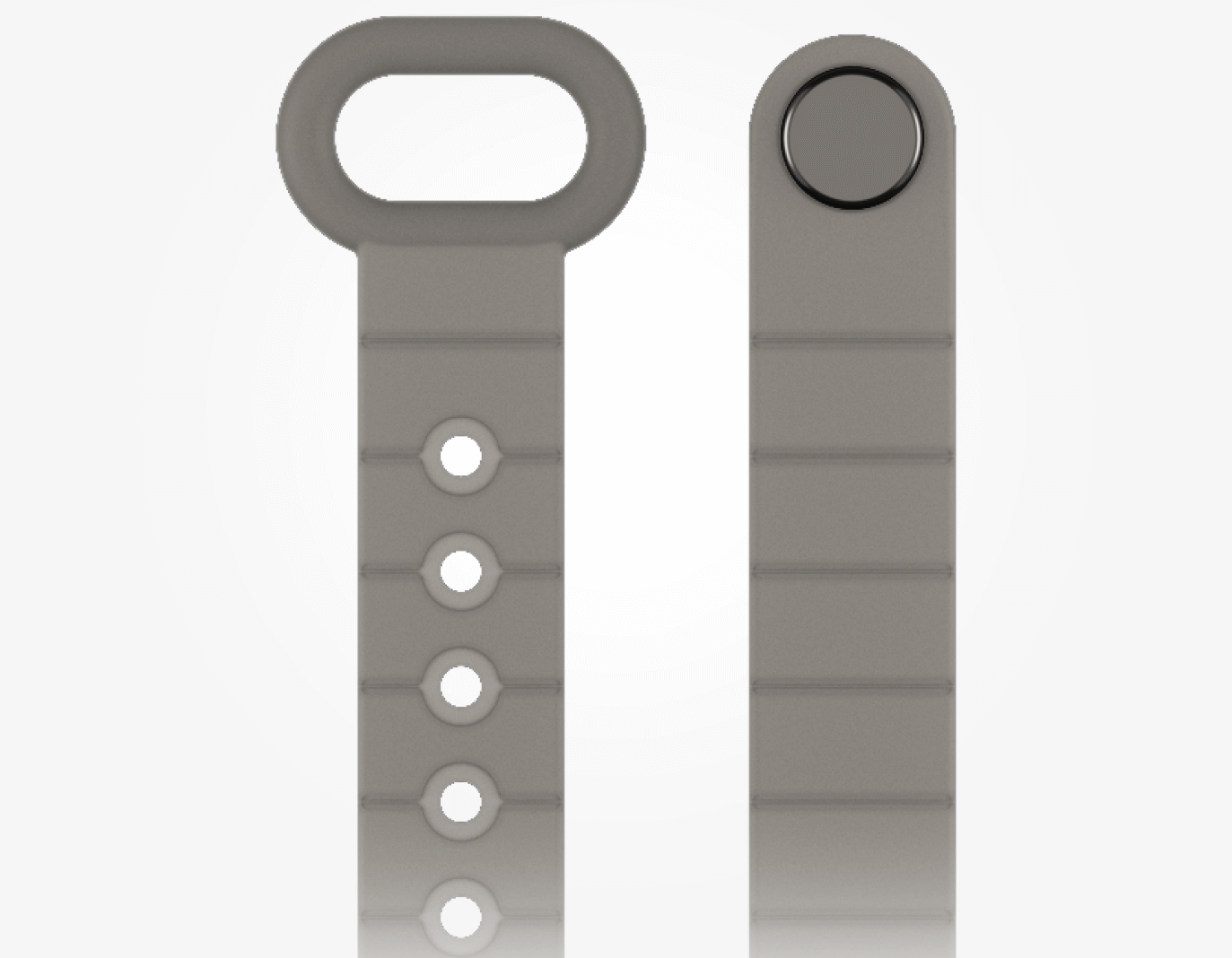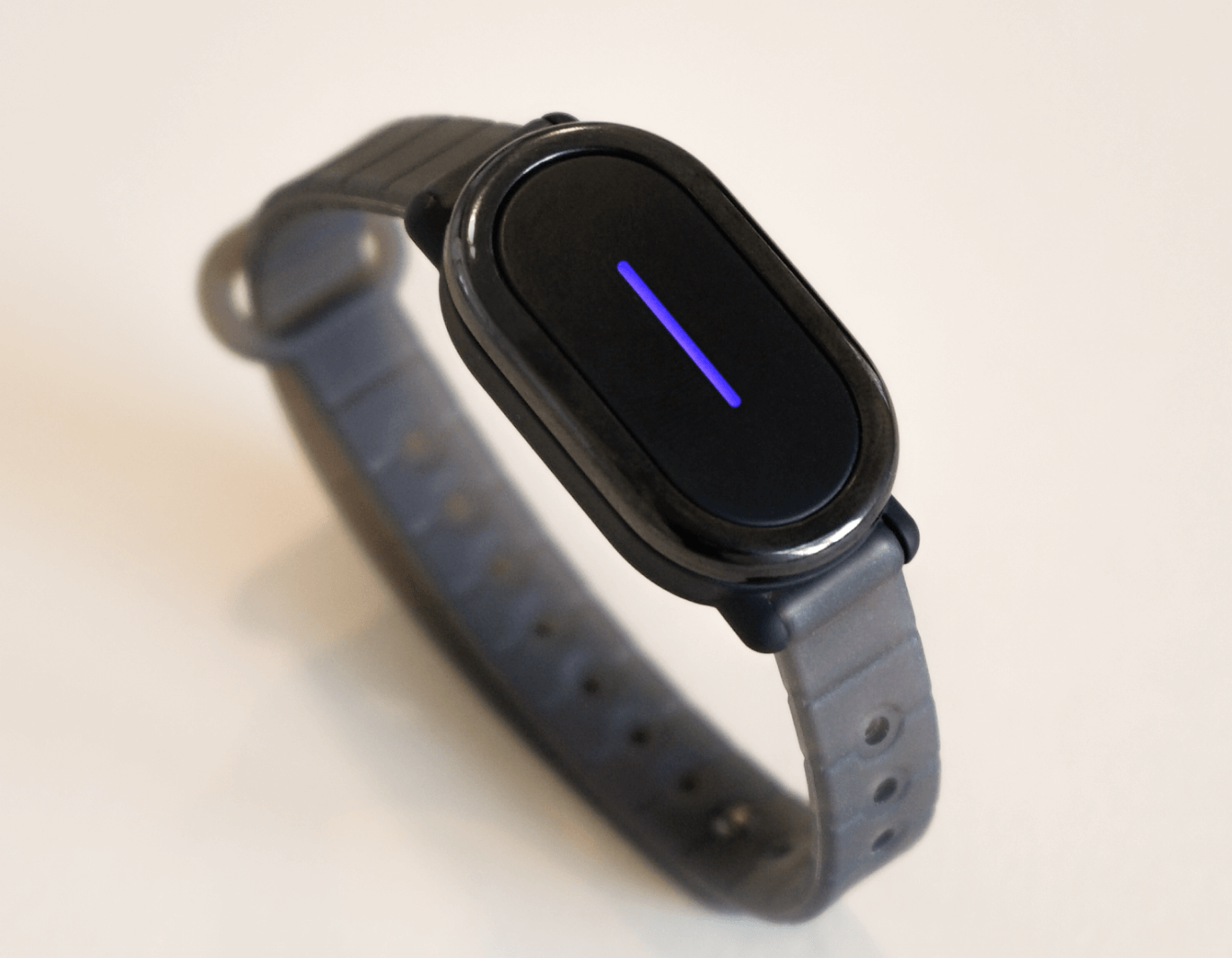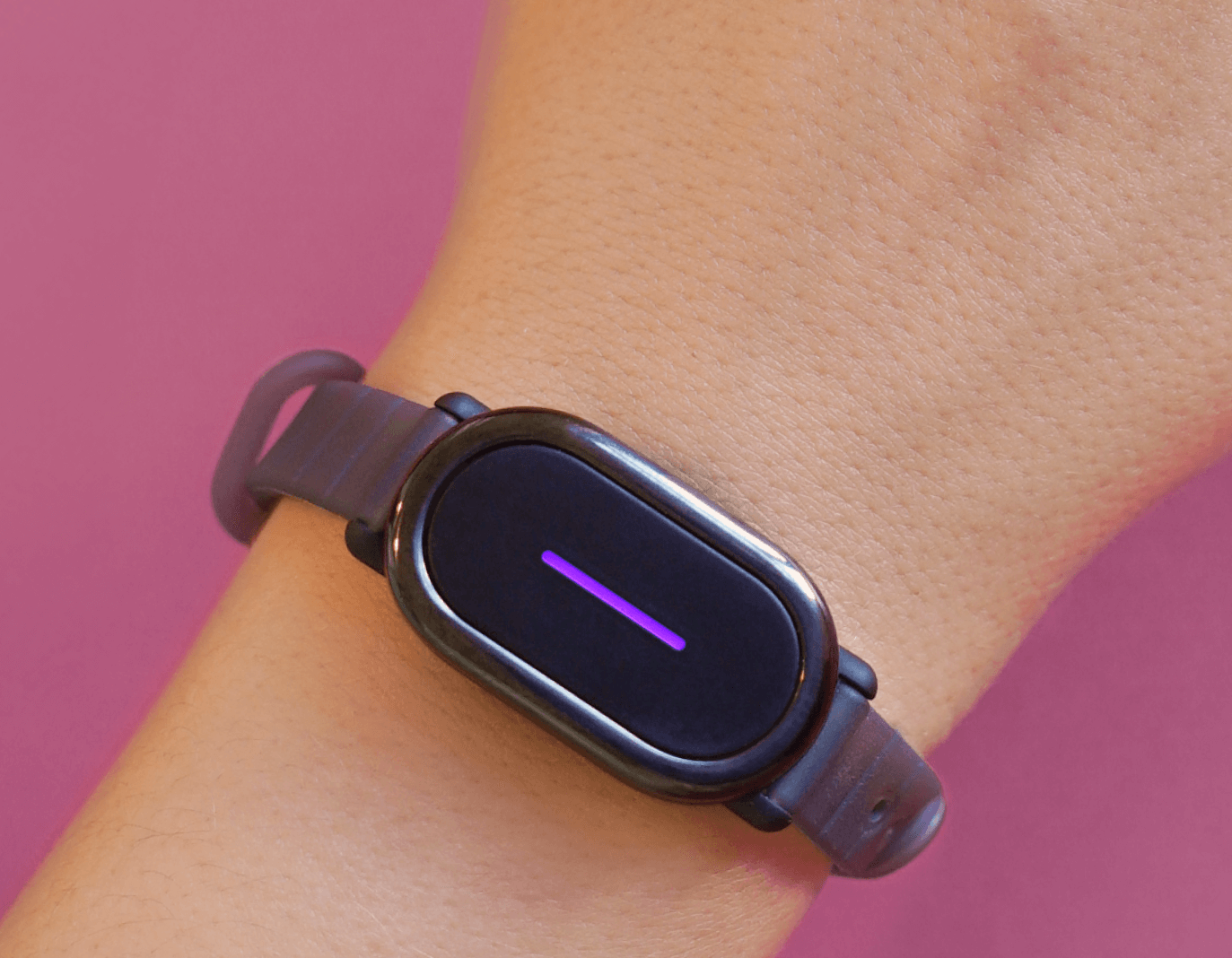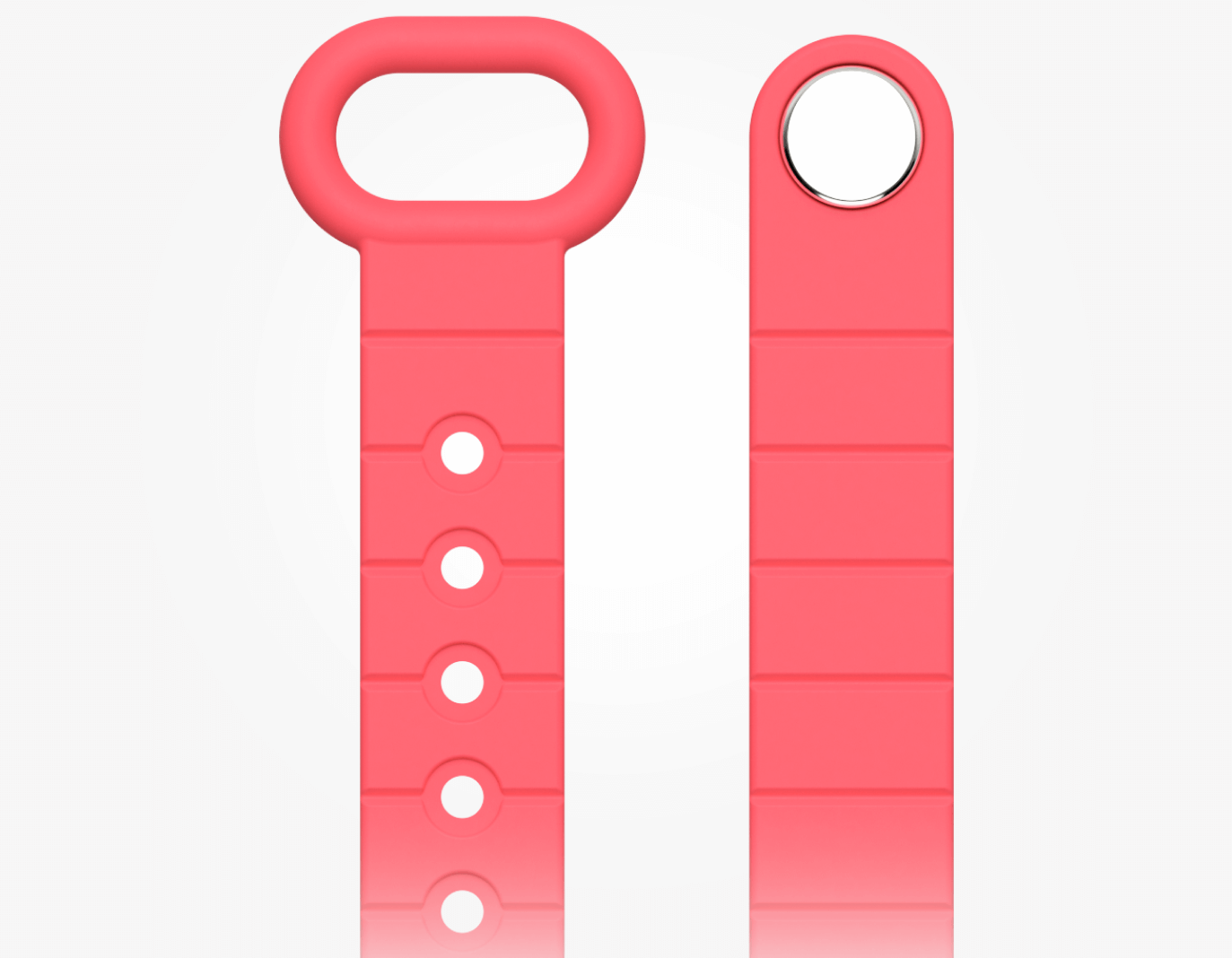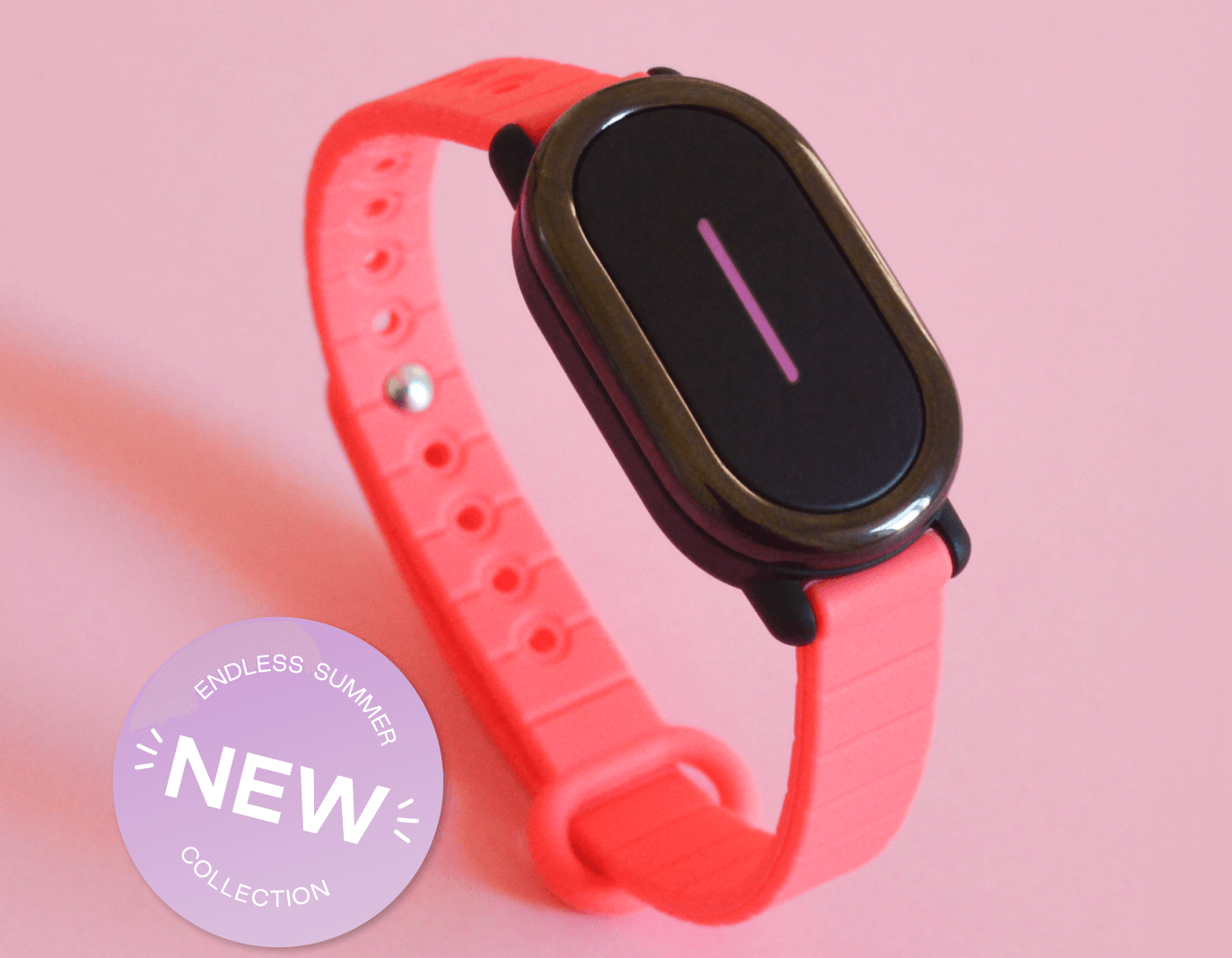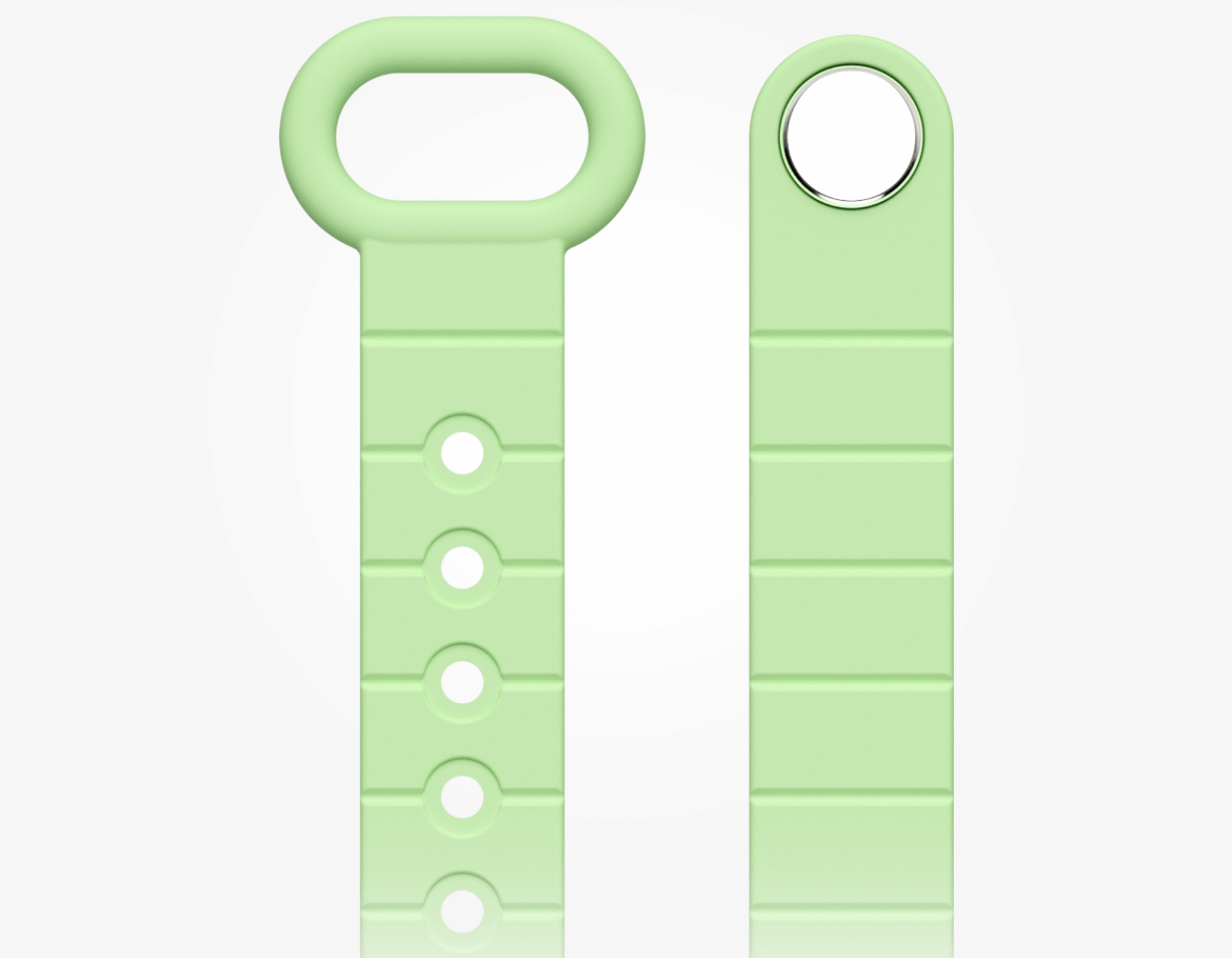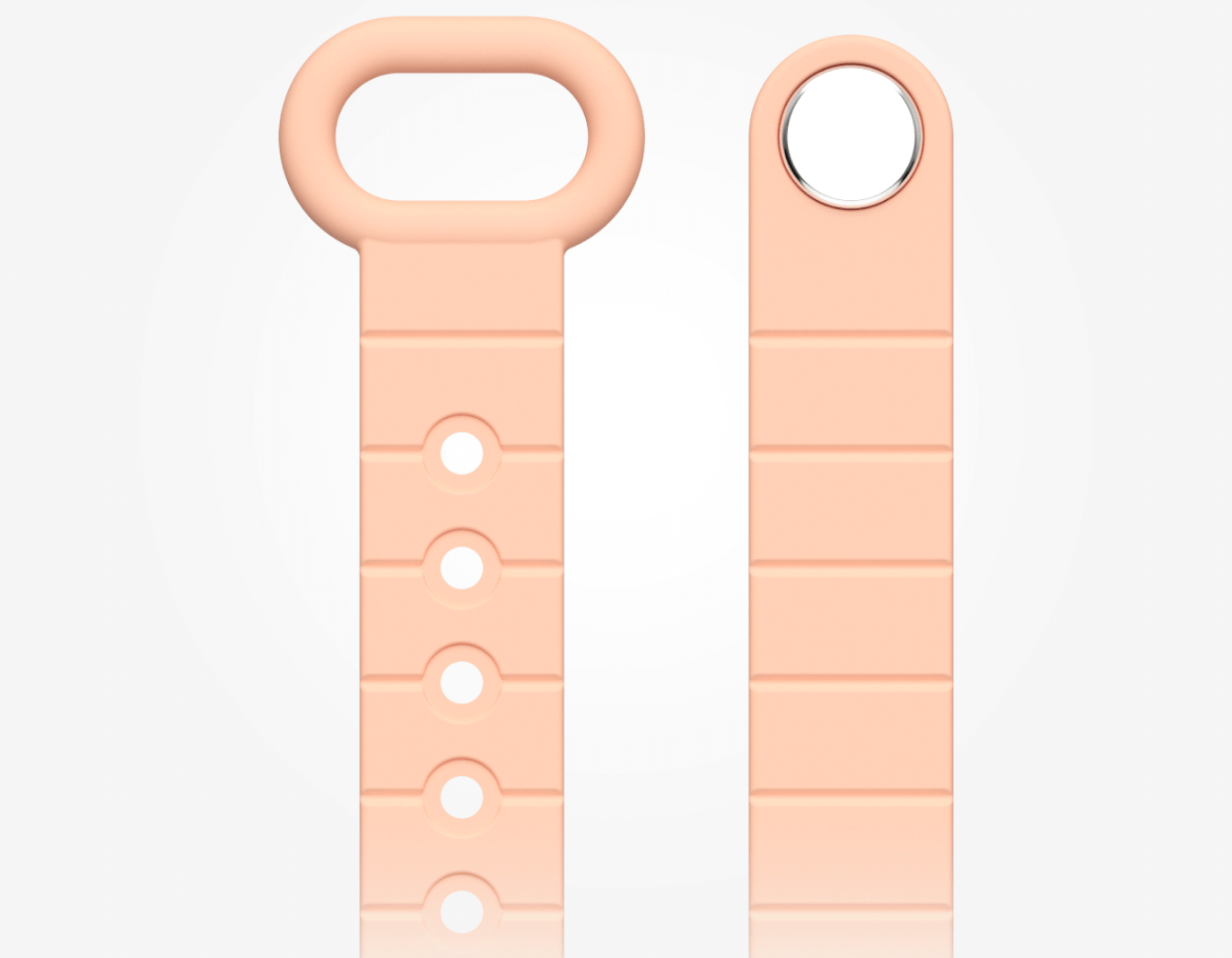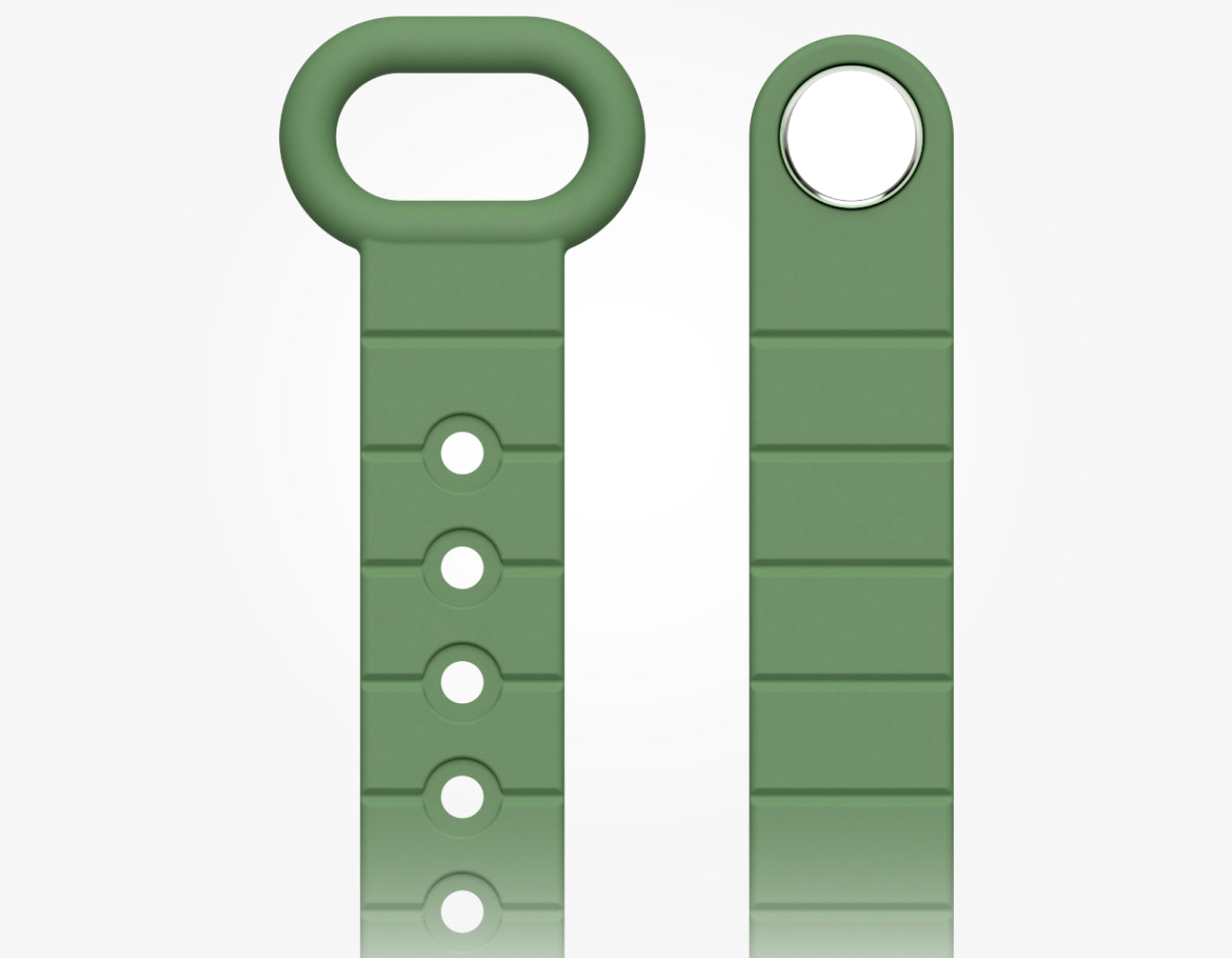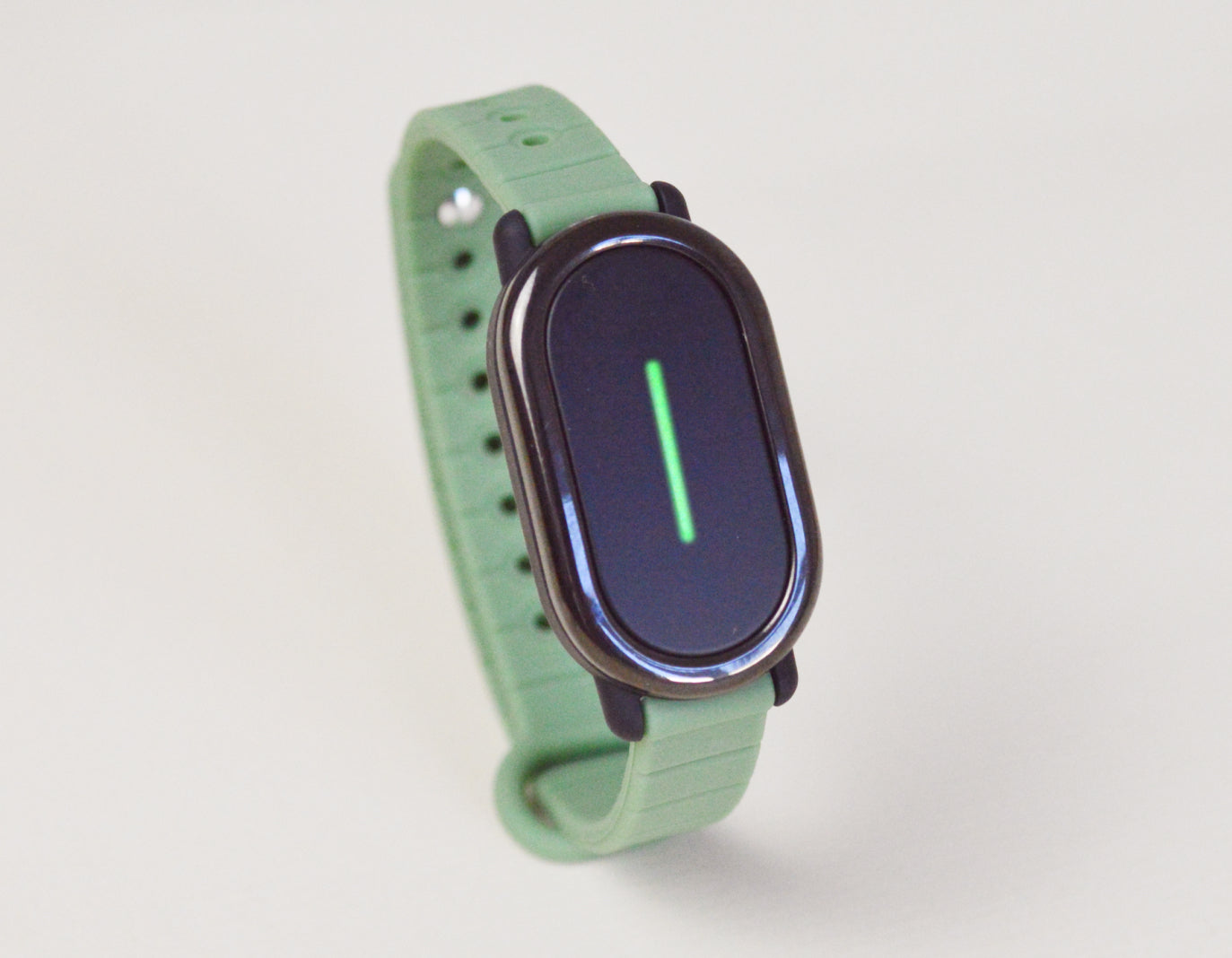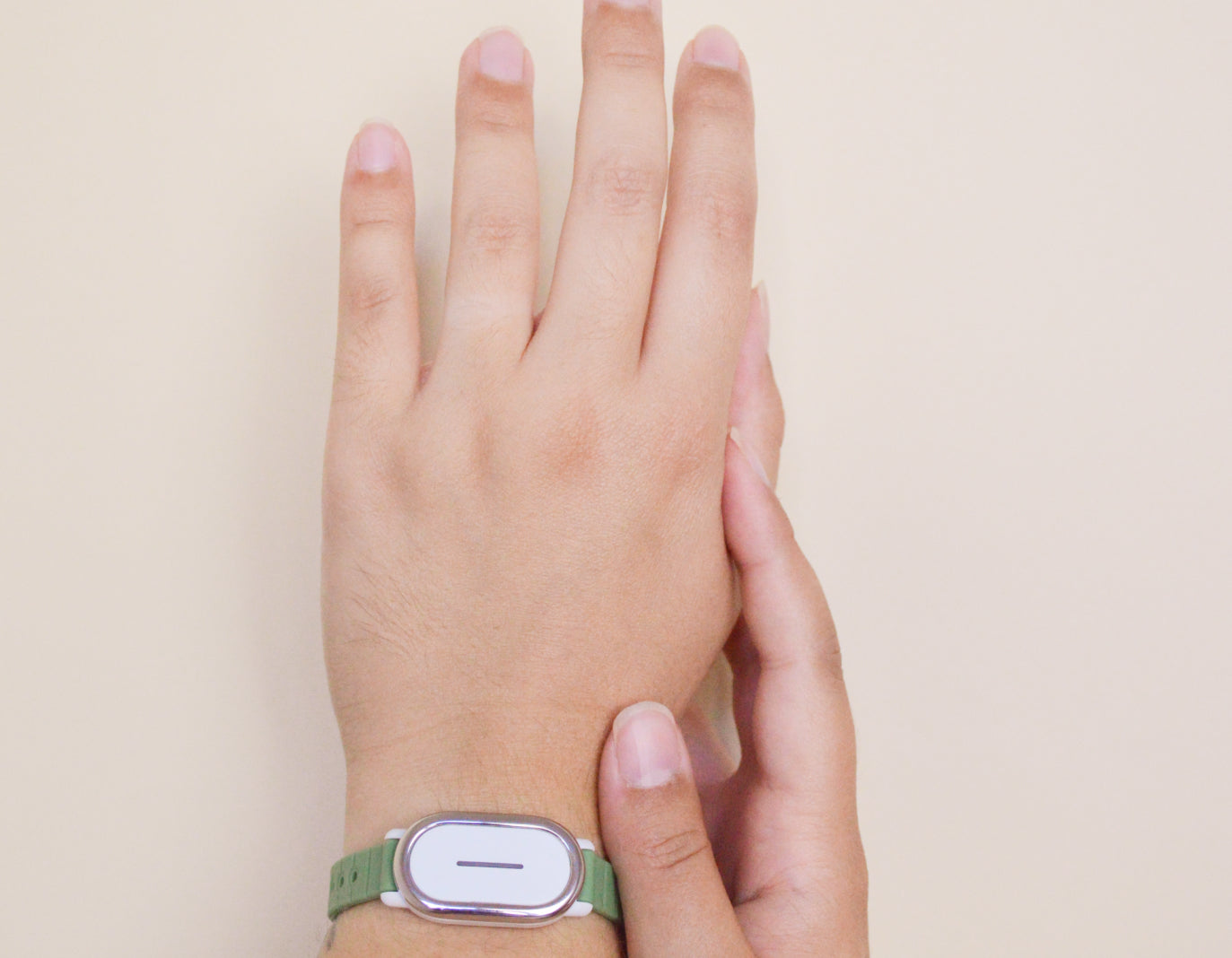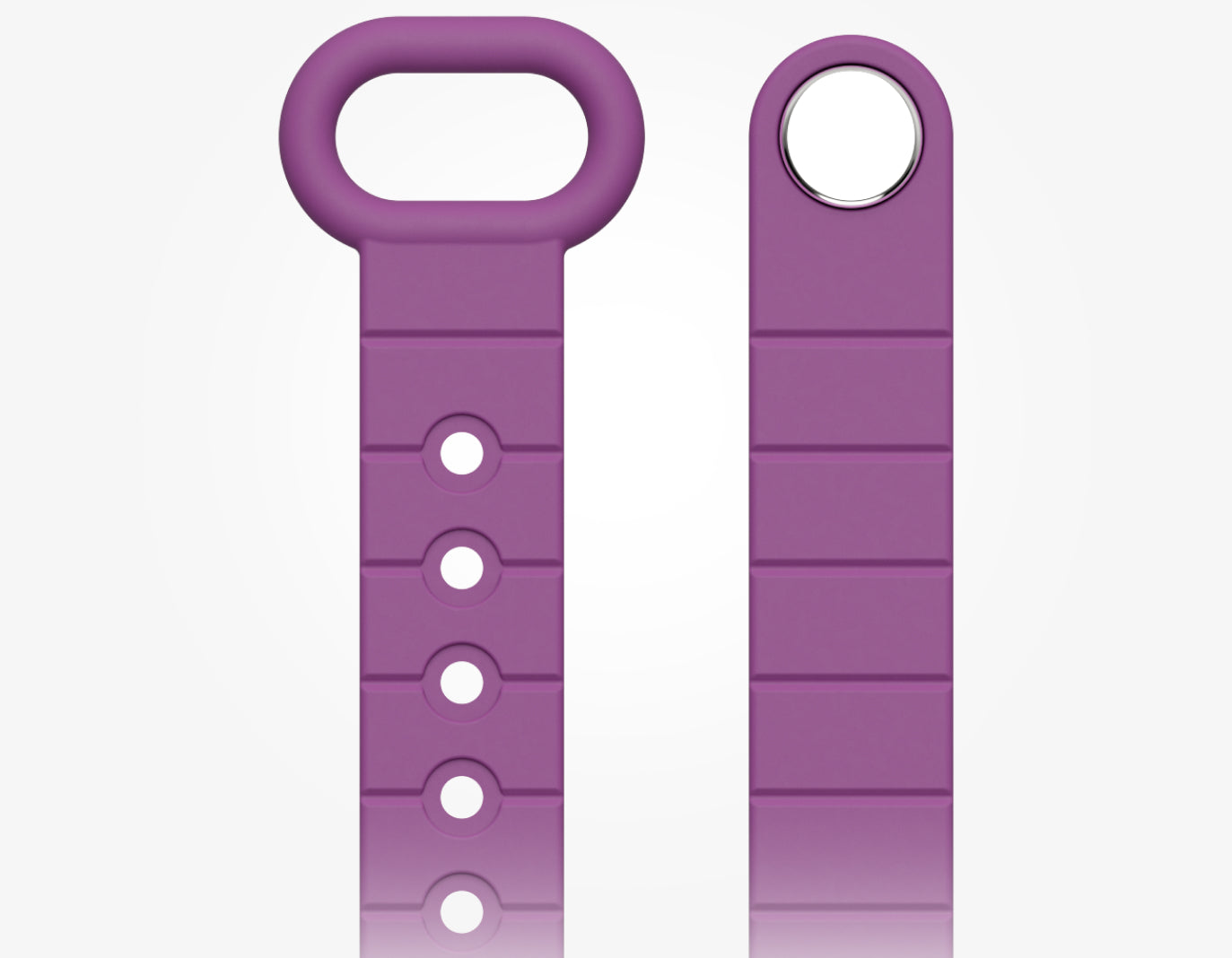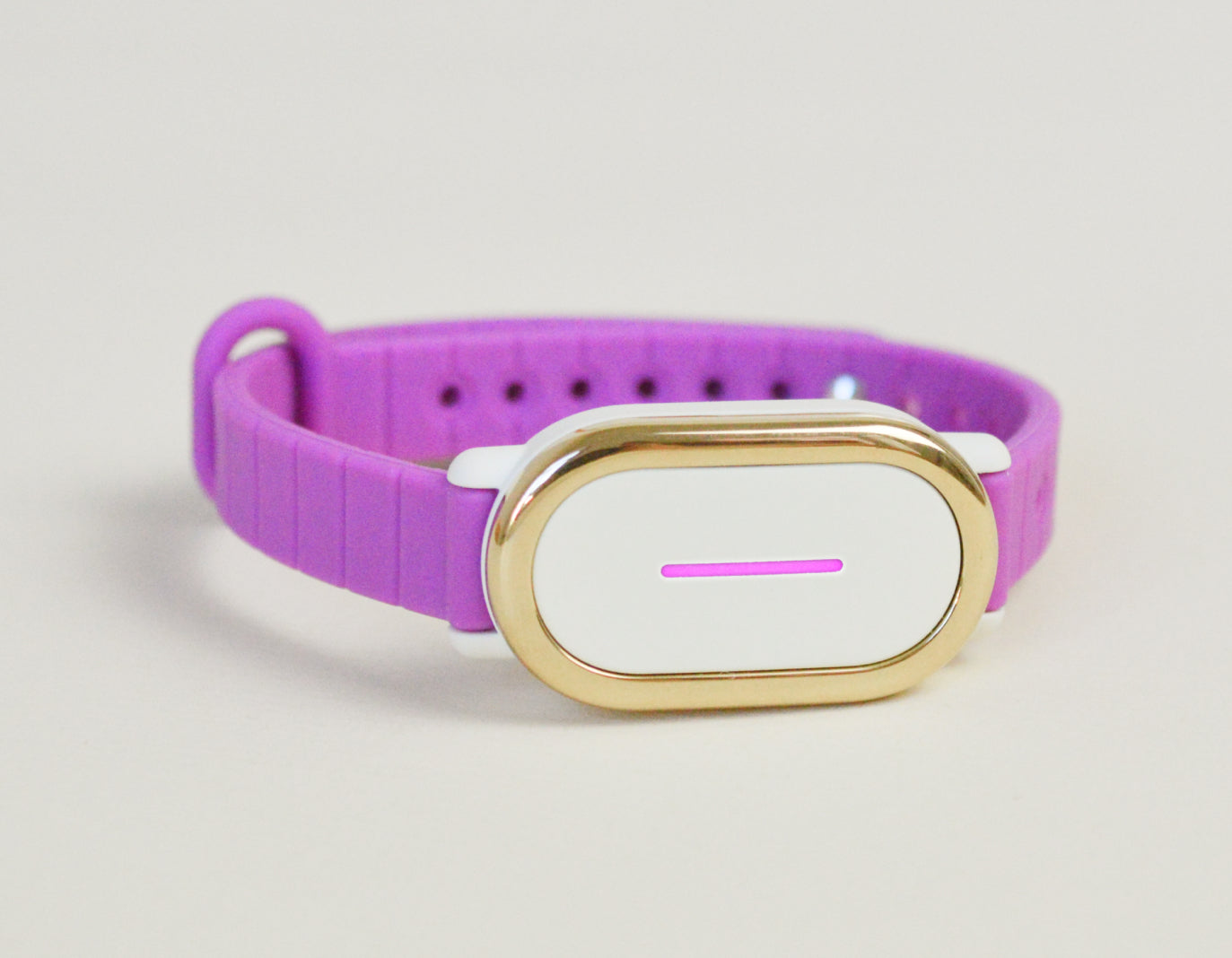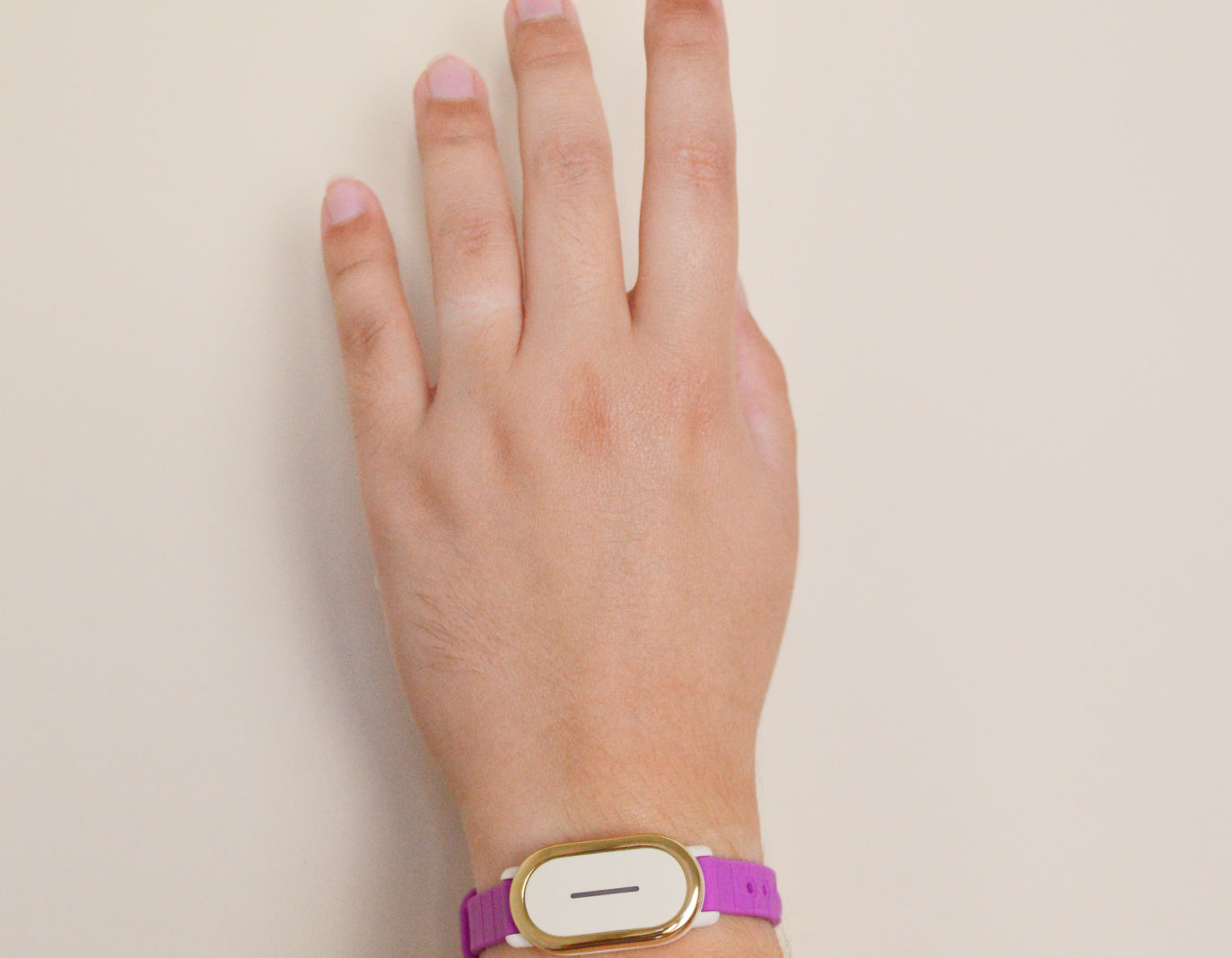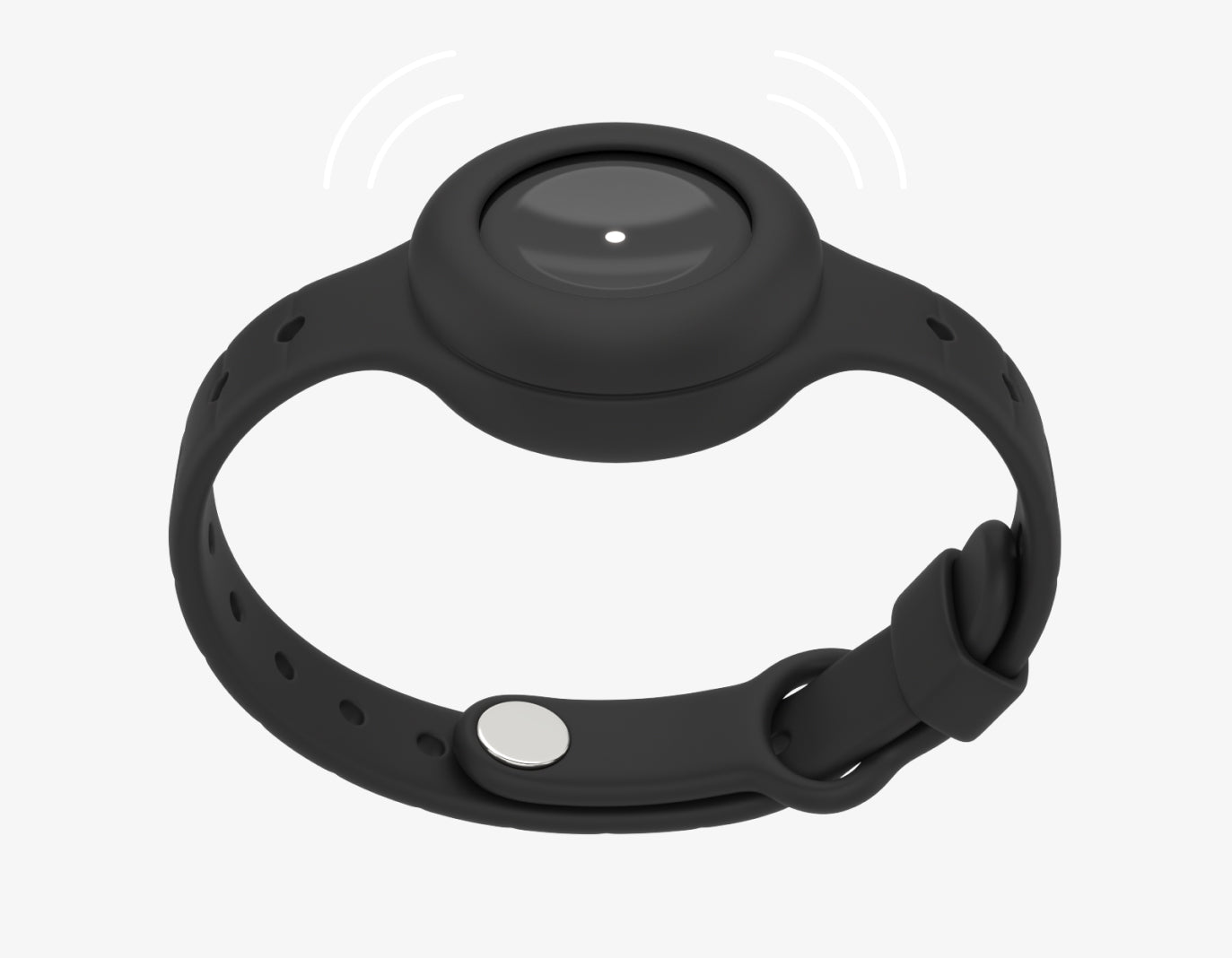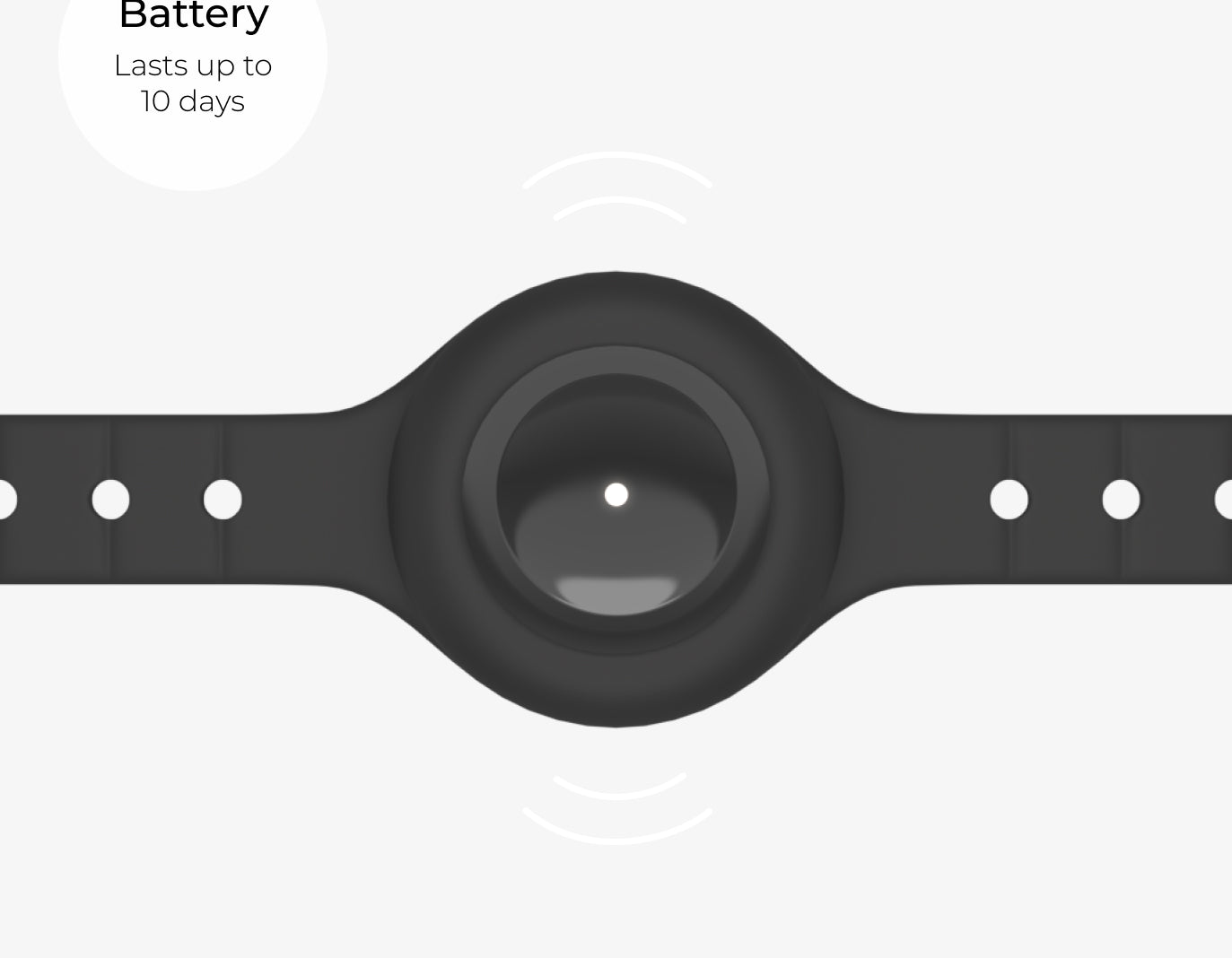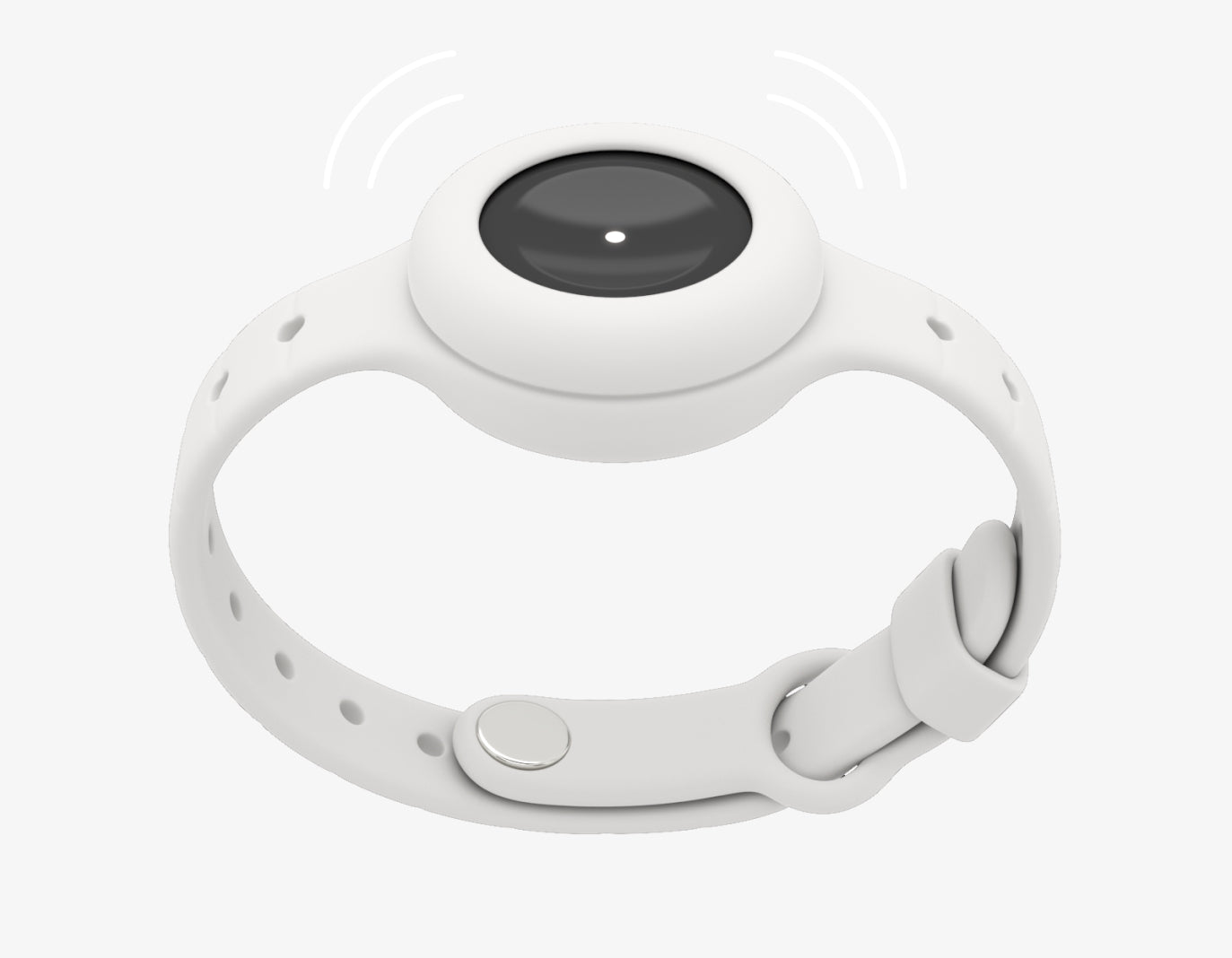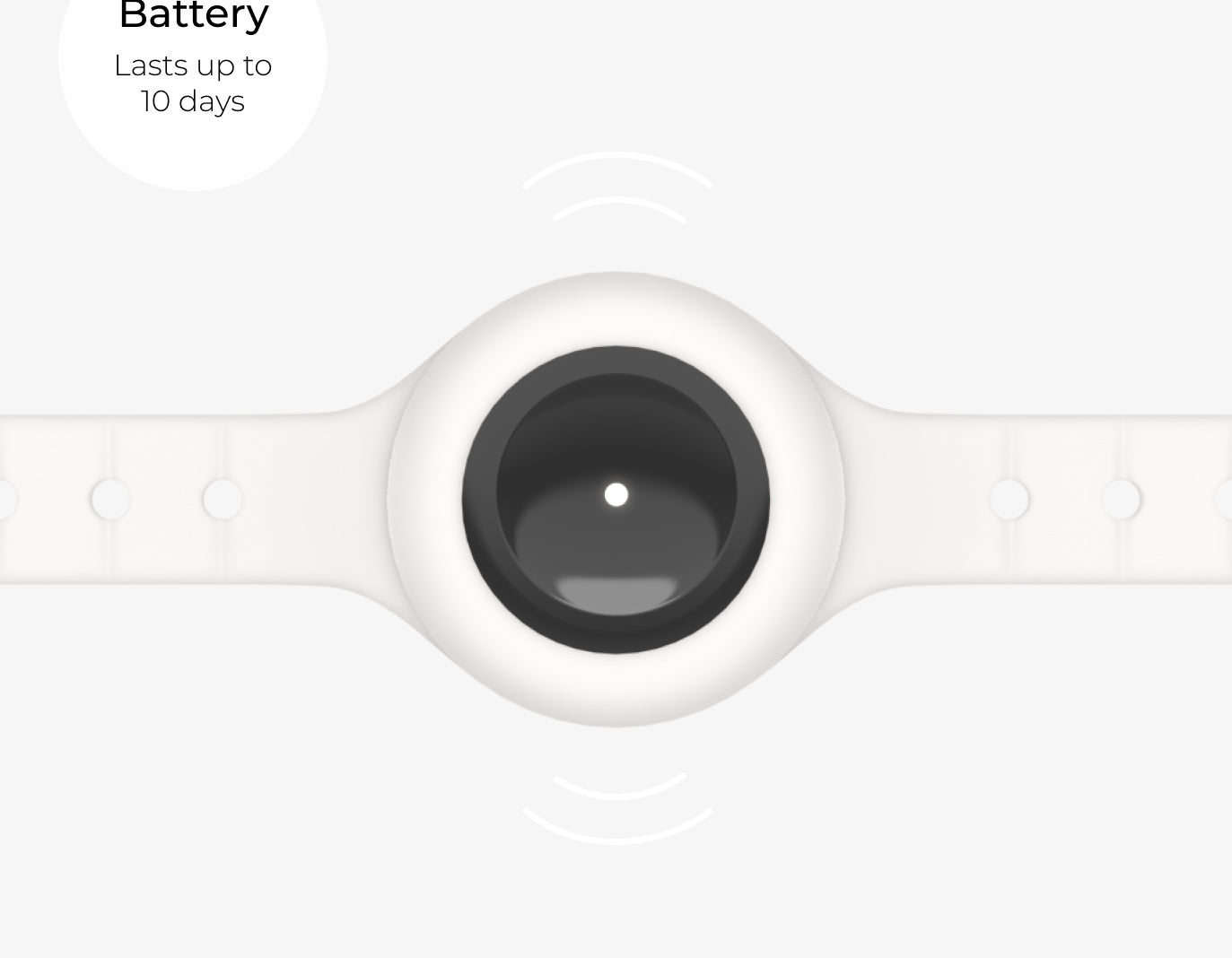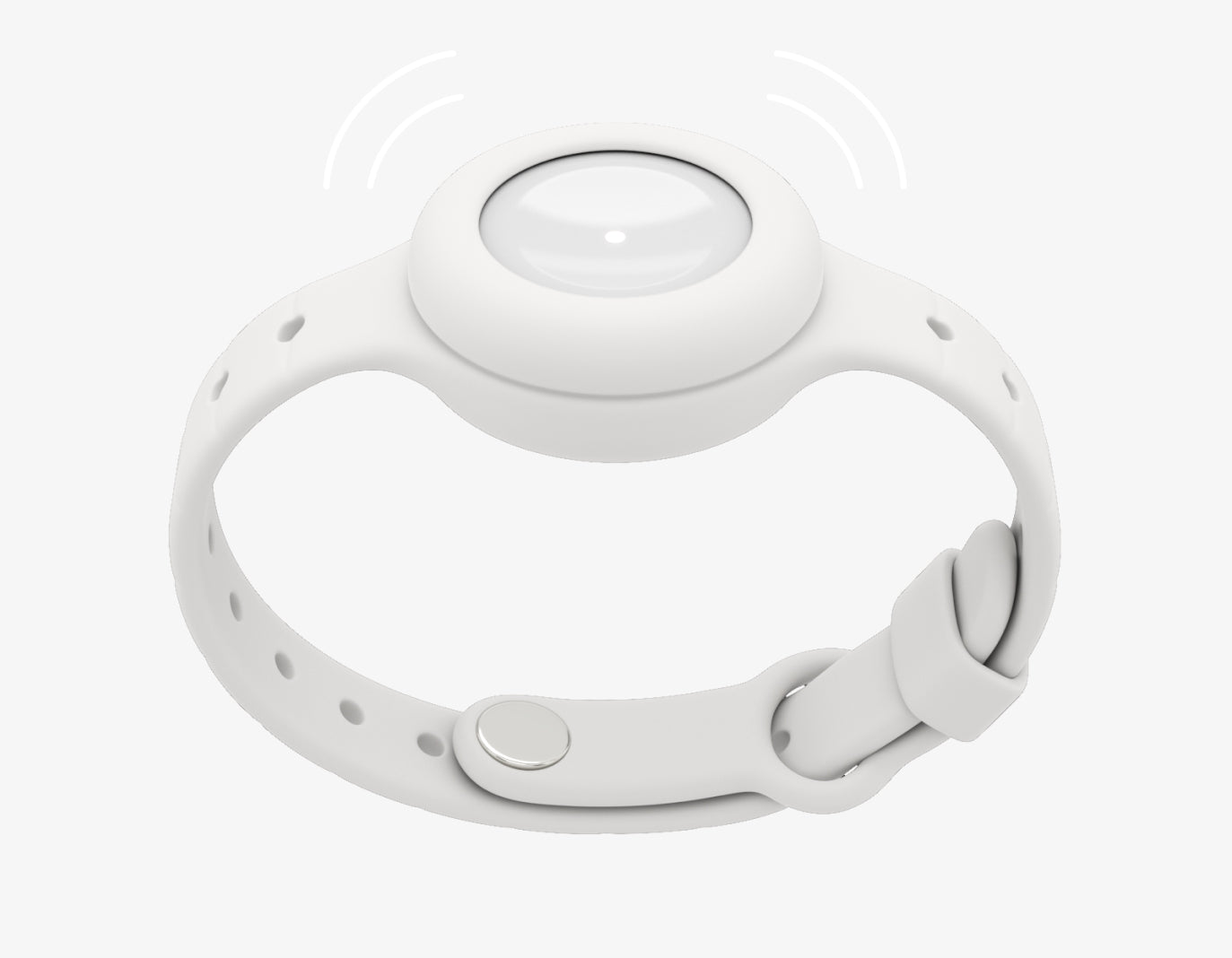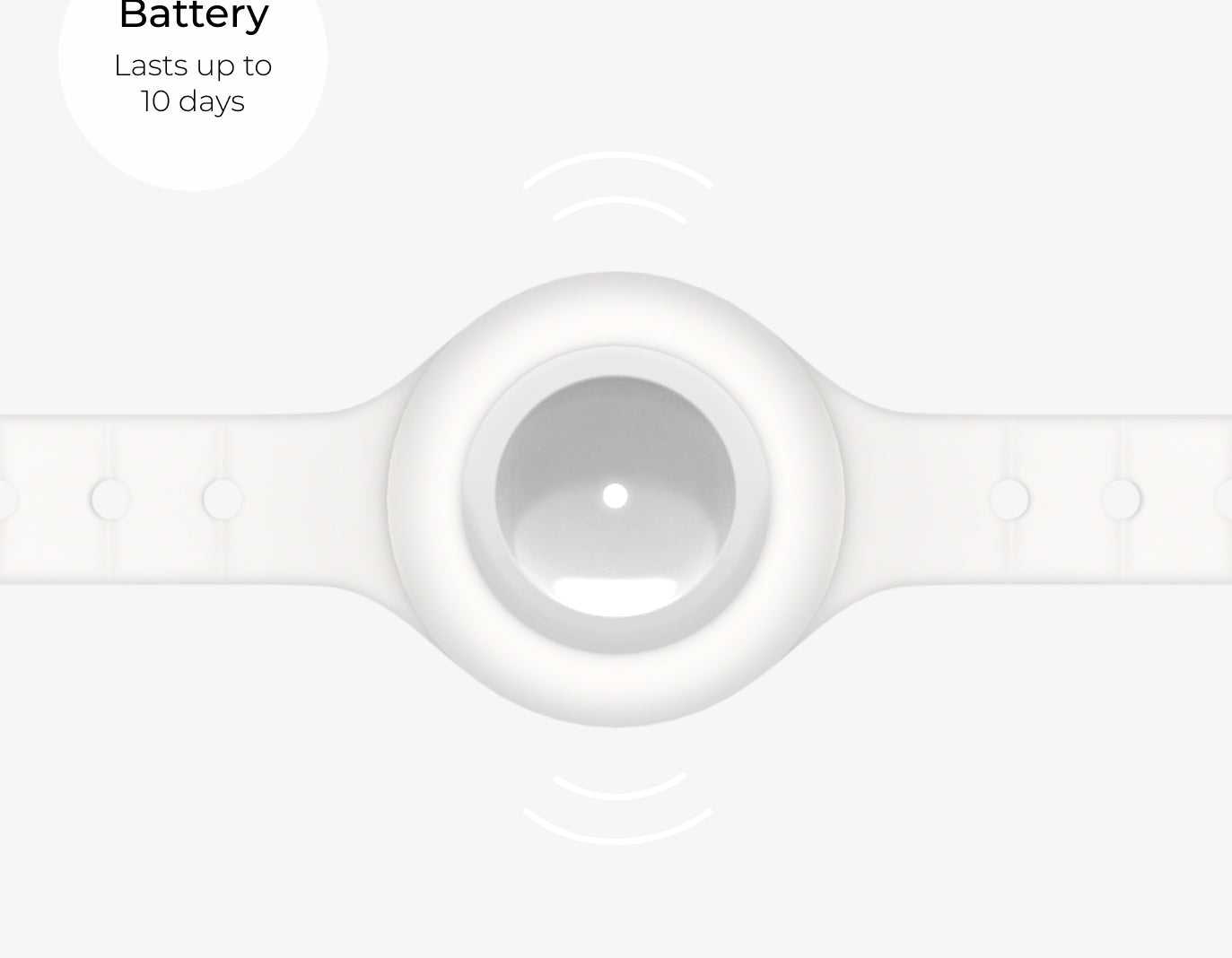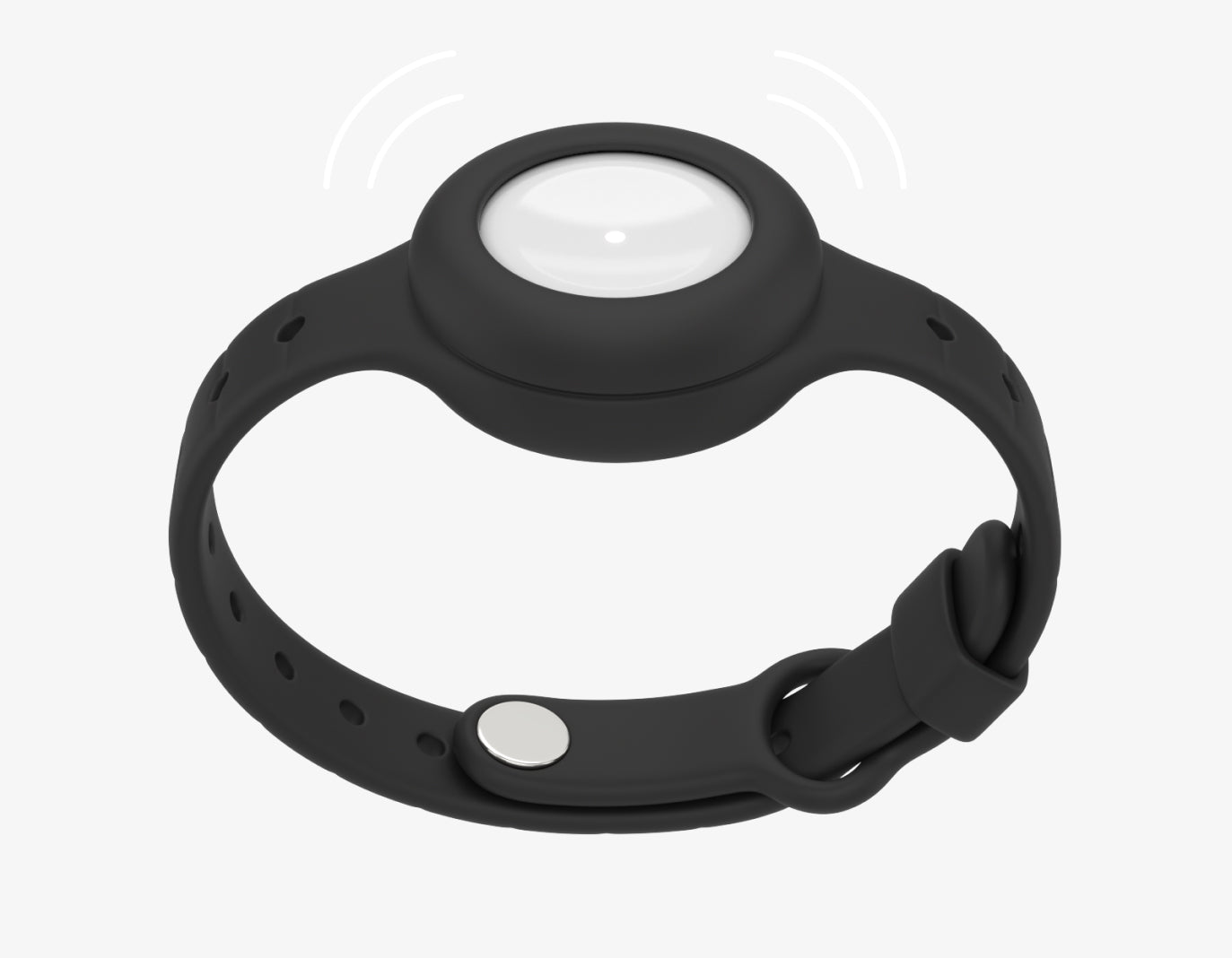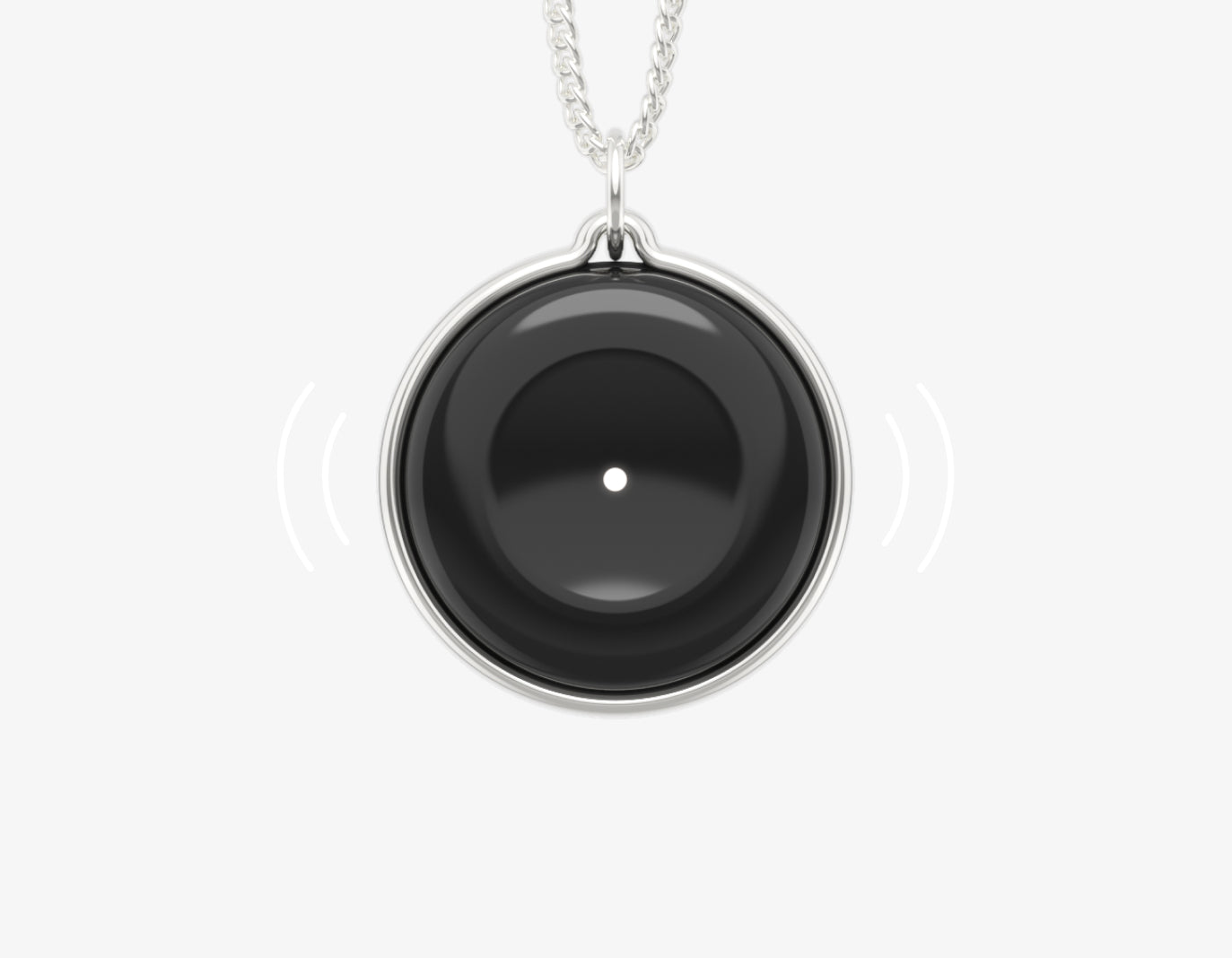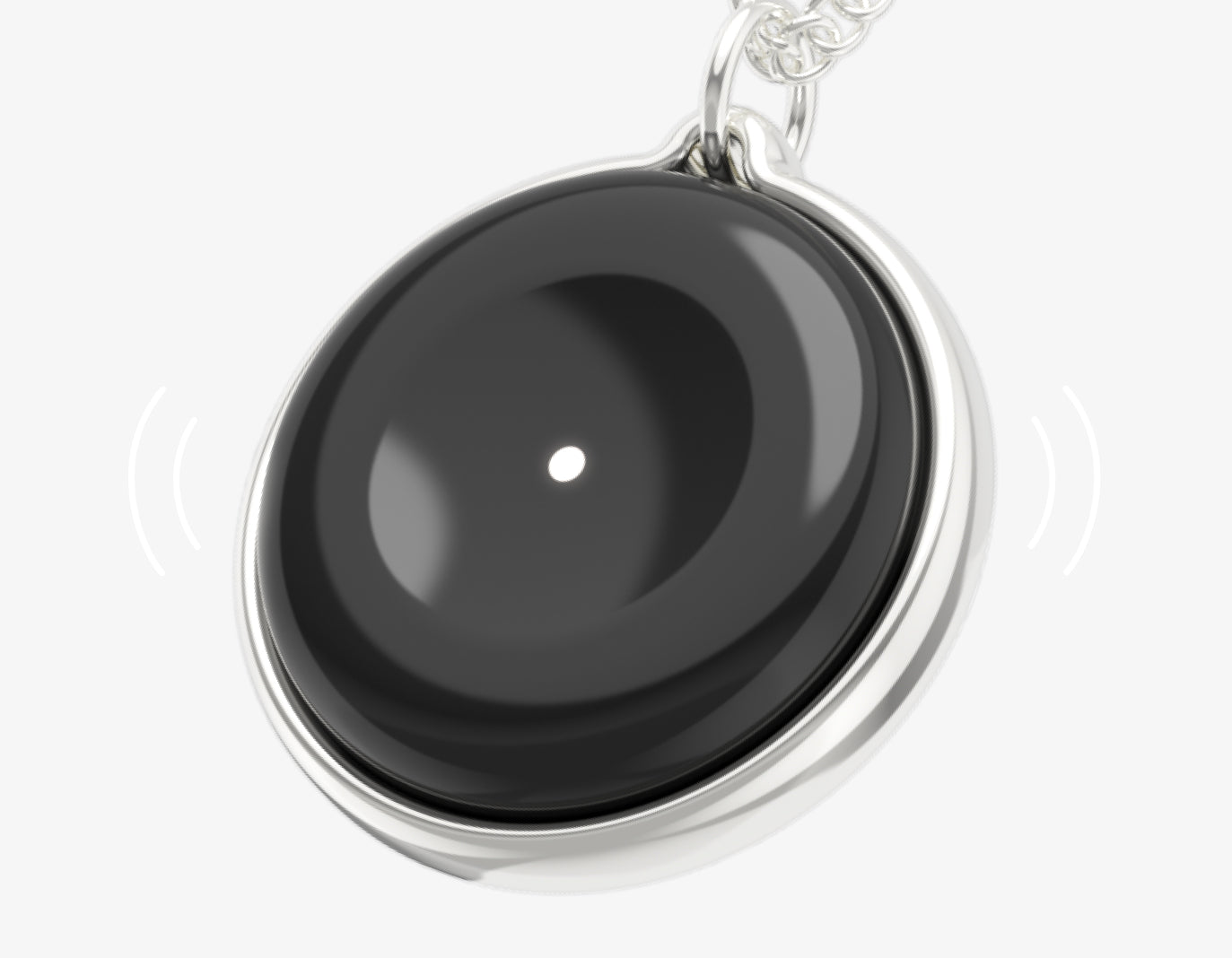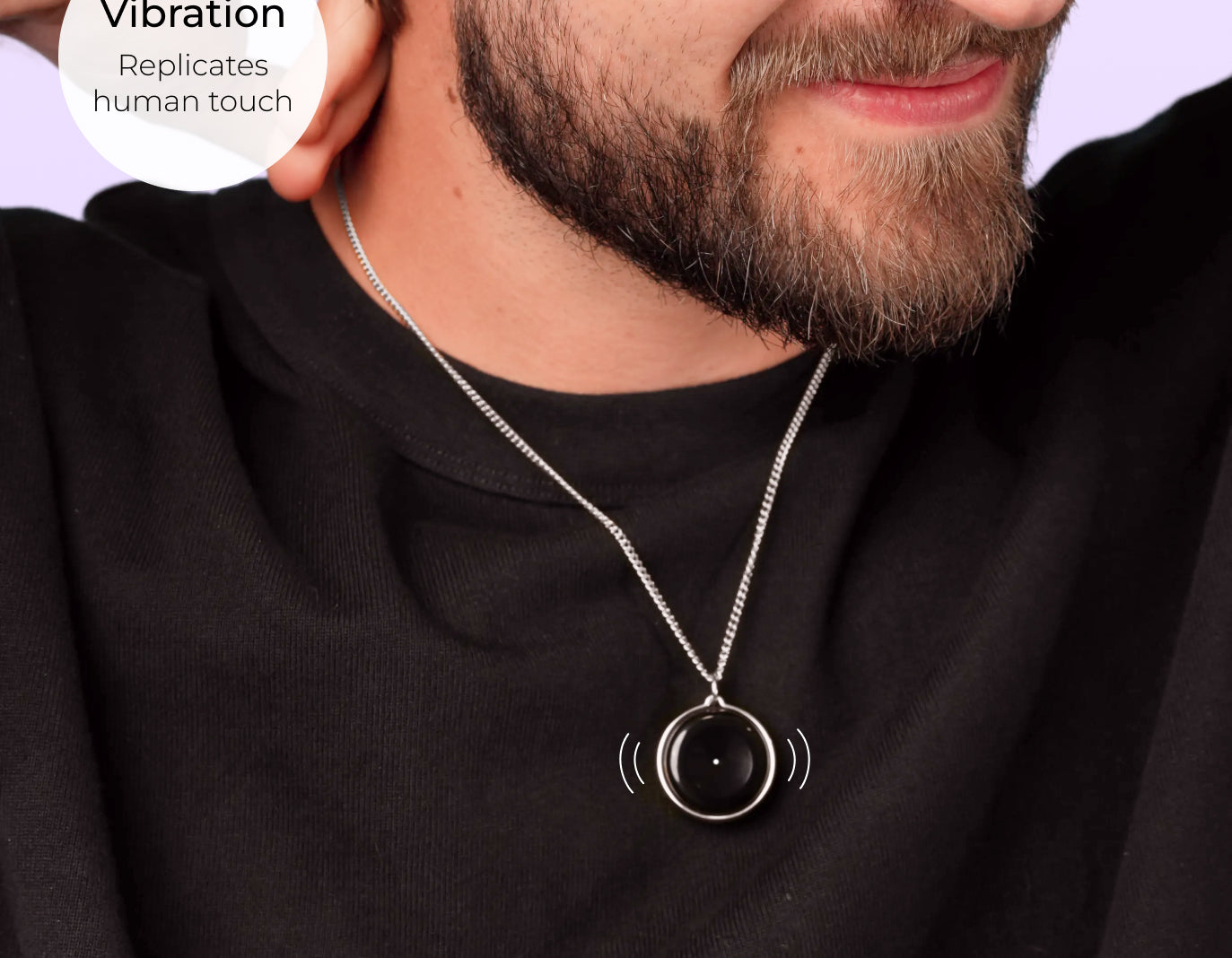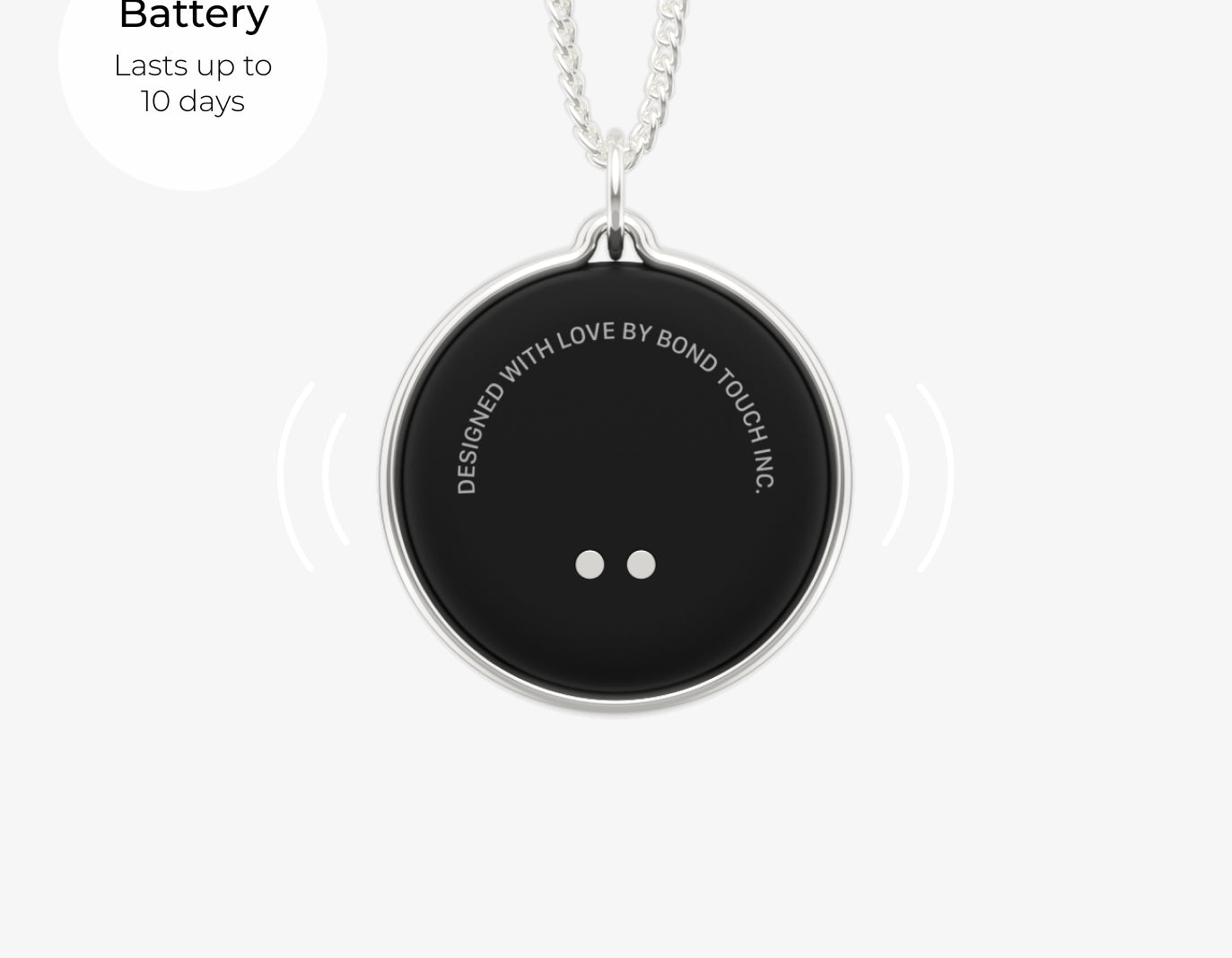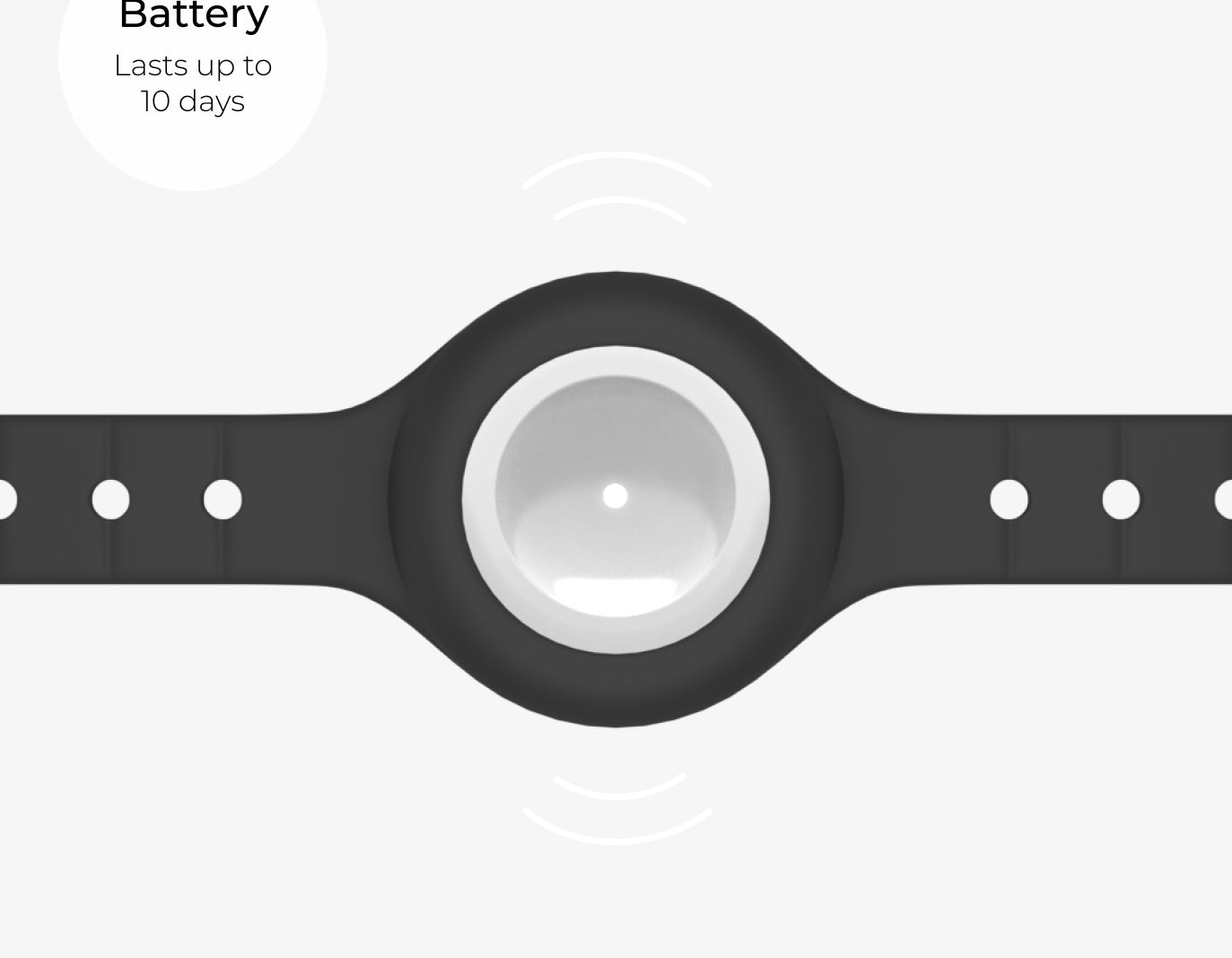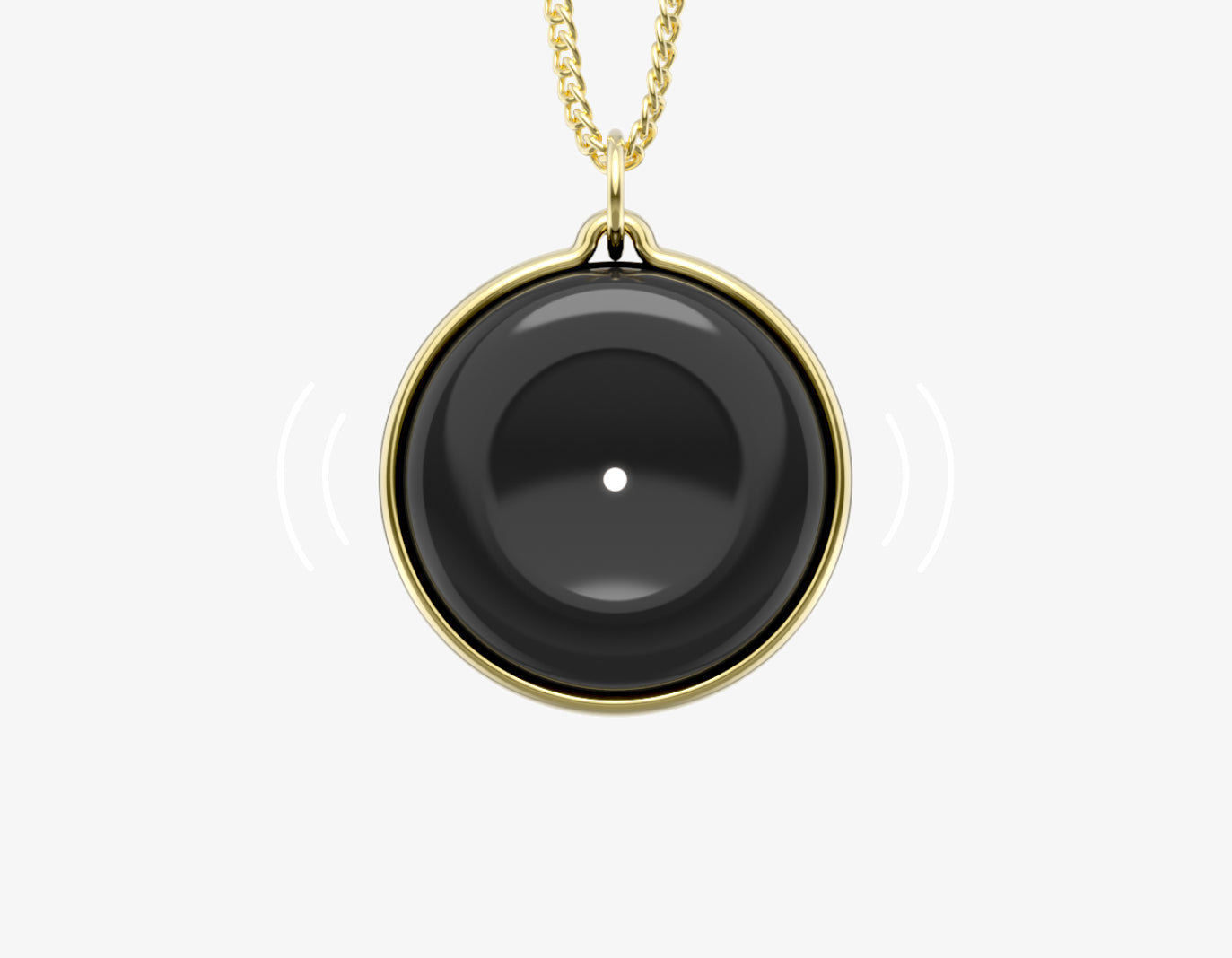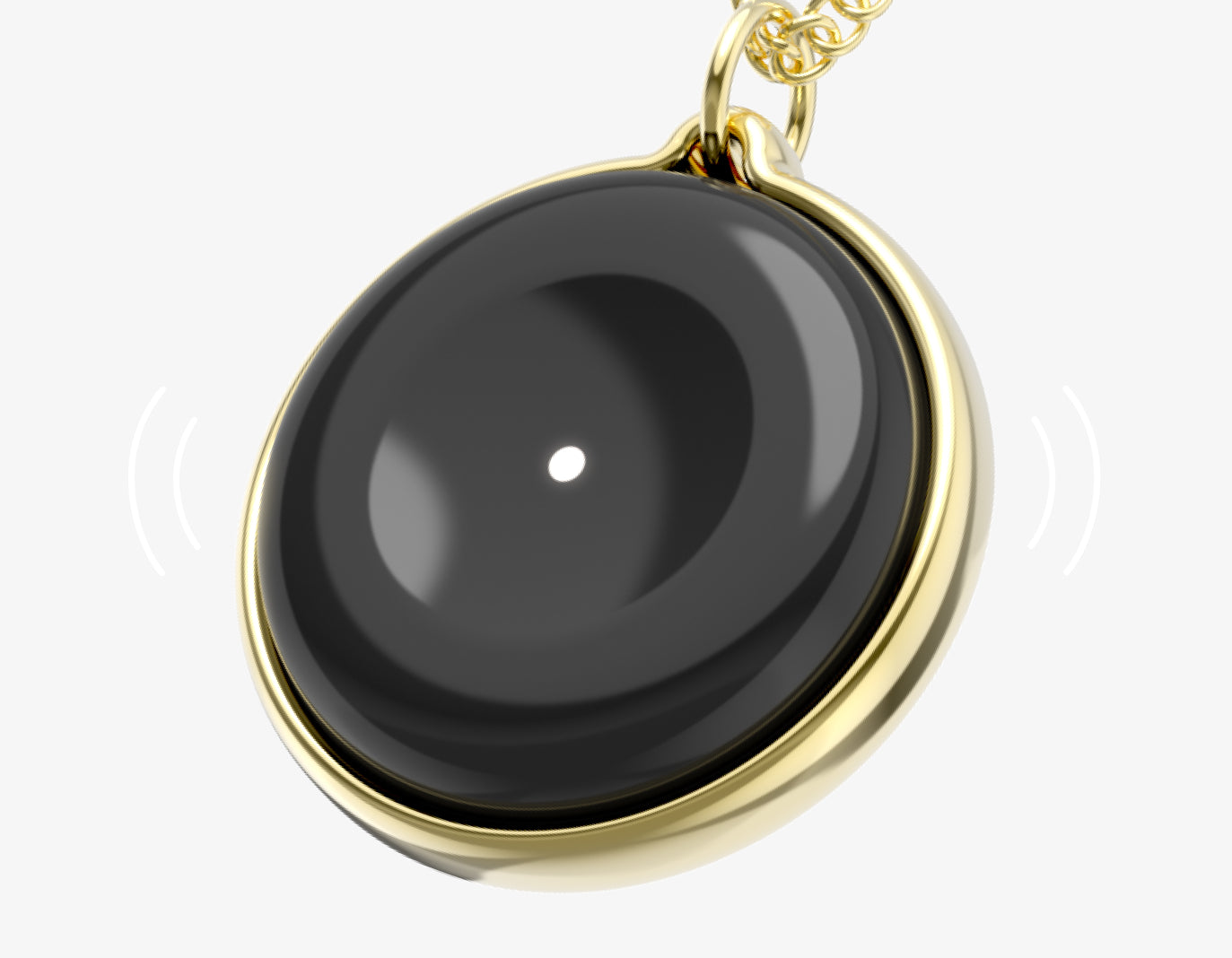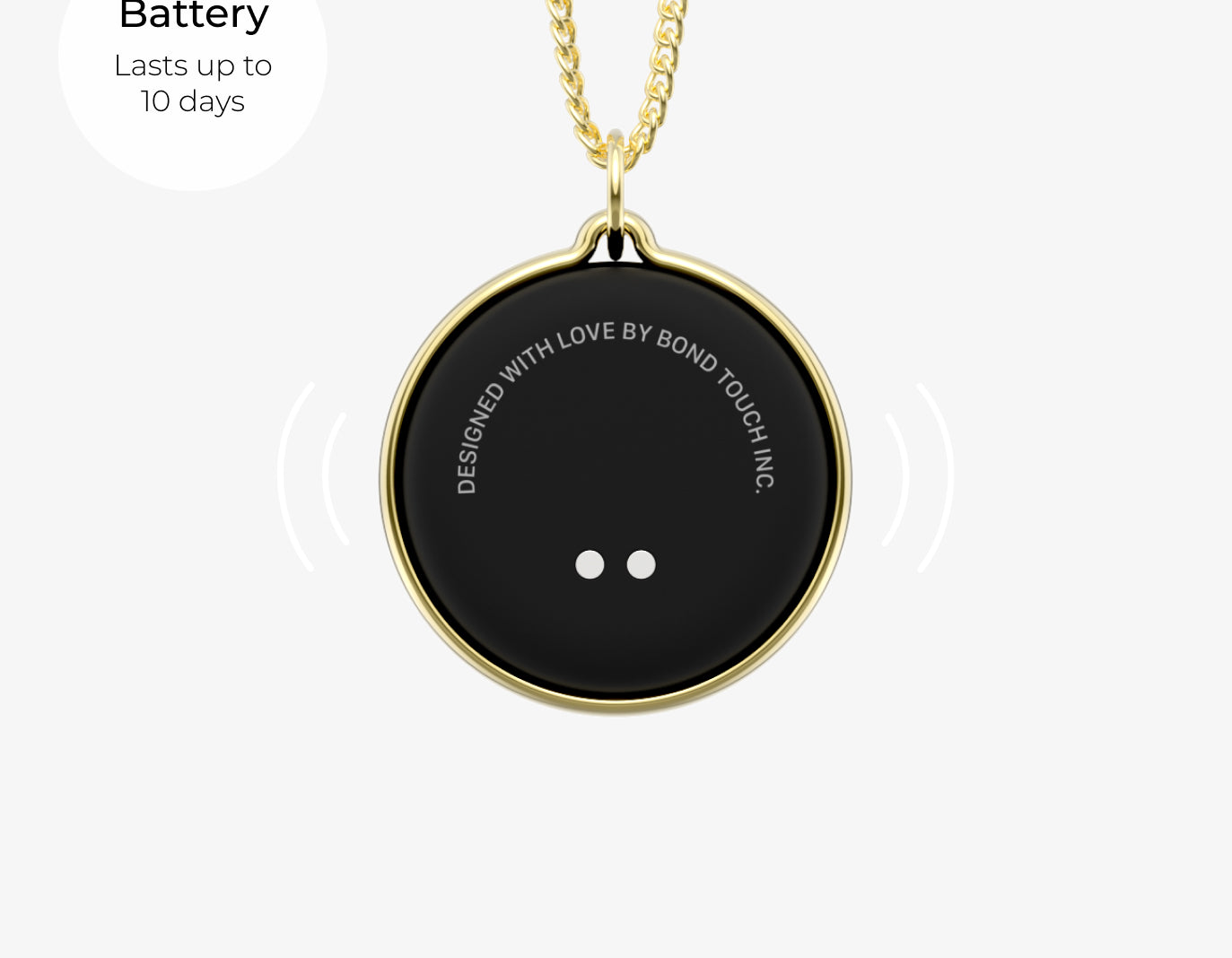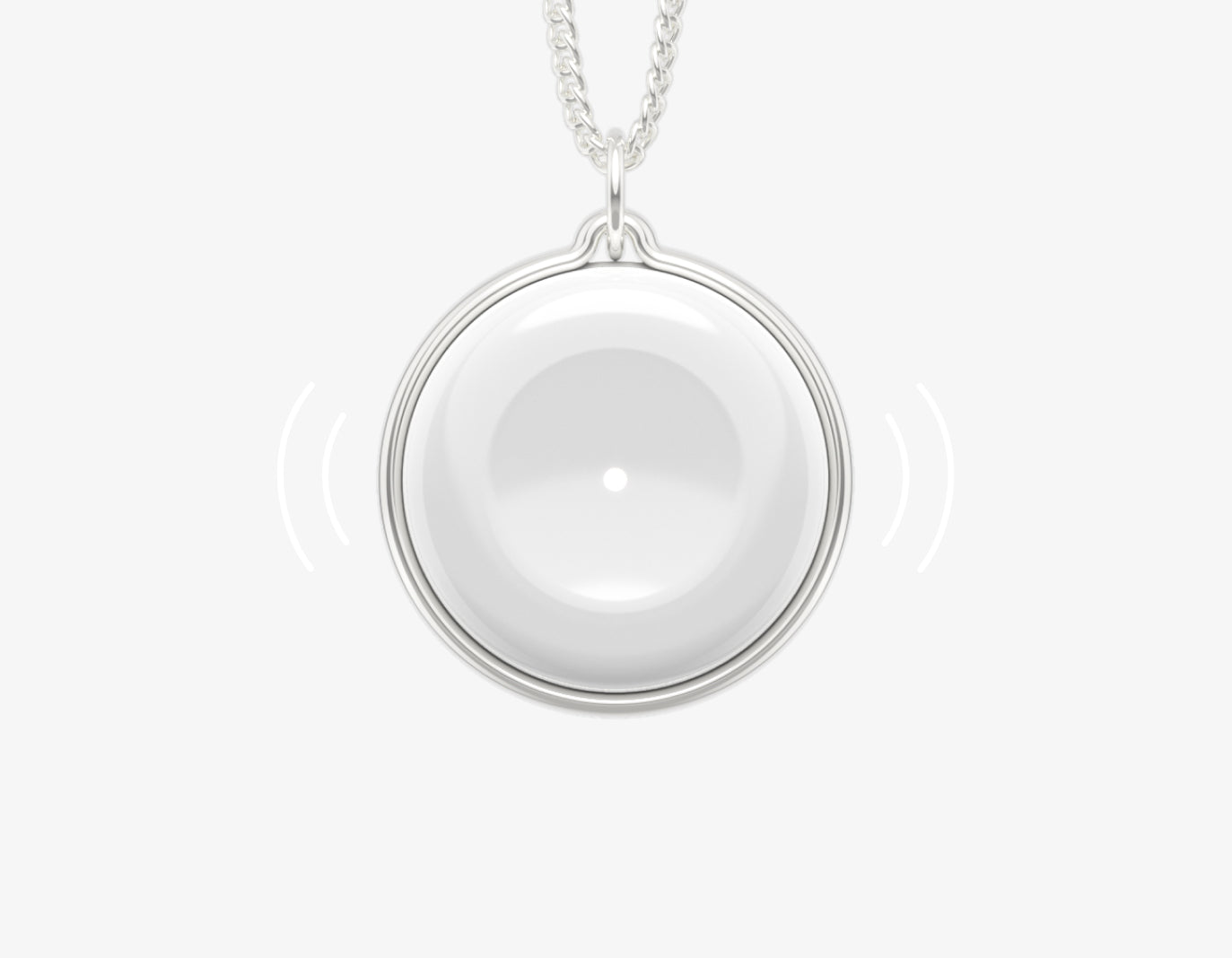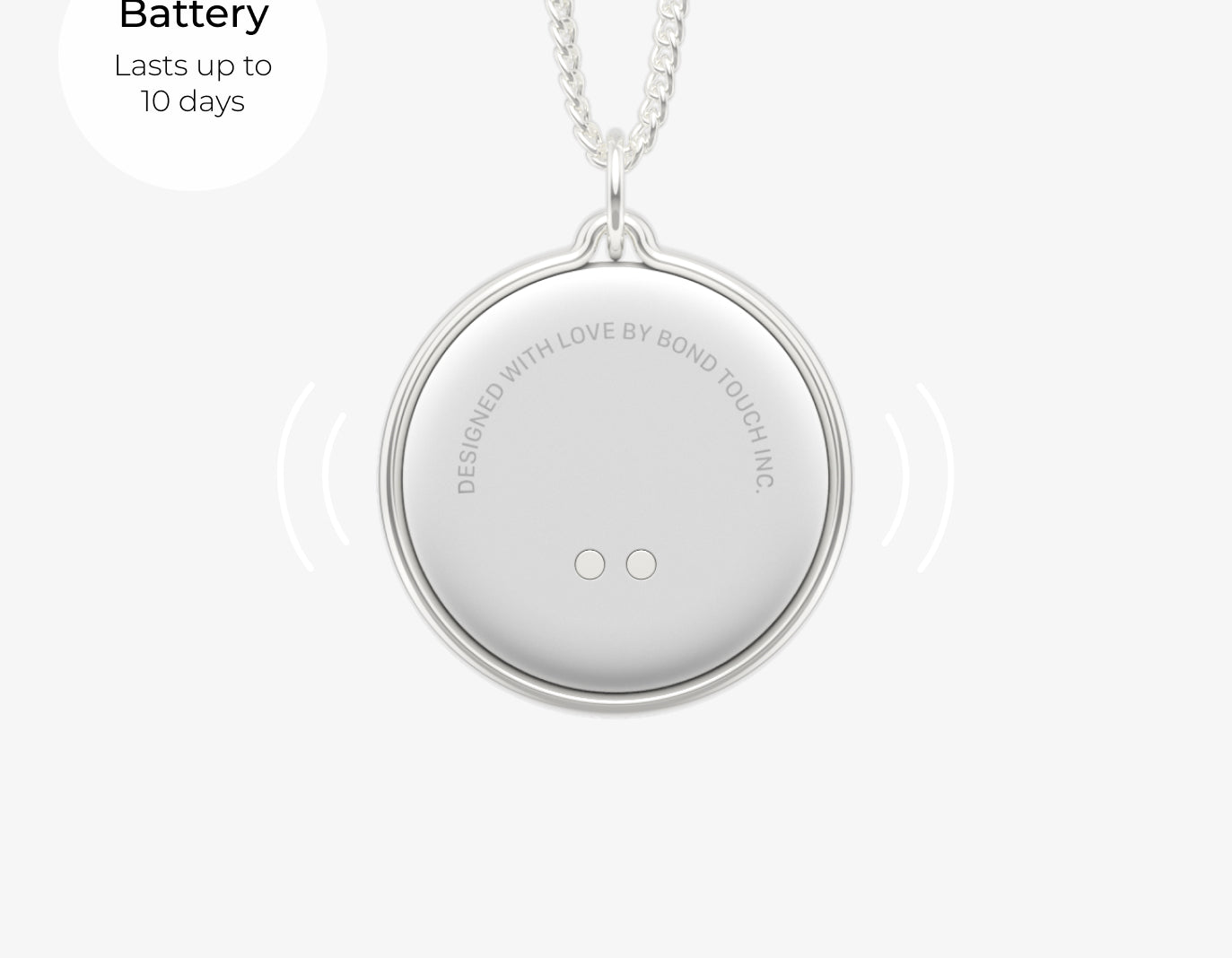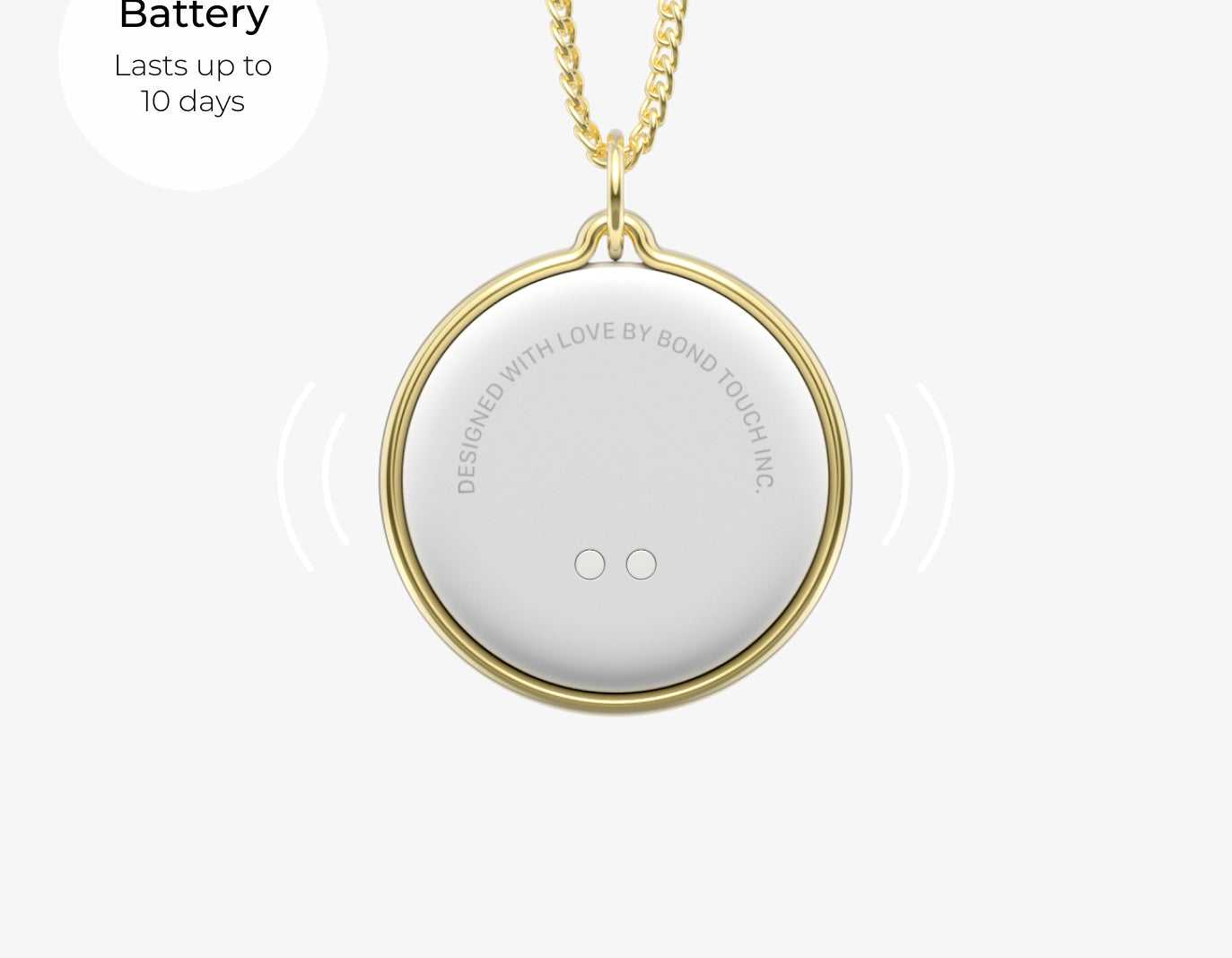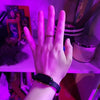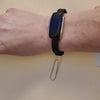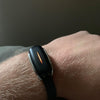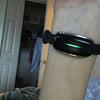We've all heard of FOMO, right? The Fear of Missing Out became a household term during the pandemic when everyone was glued to their screens, trying to stay connected in a suddenly distanced world. But have you ever heard of FOLO? If you haven't, you're not alone. FOLO stands for Fear of Logging Off, and it's the new anxiety that's taken over our digital lives.
What is FOLO?
FOLO, or Fear of Logging Off, is that nagging anxiety you feel when you consider disconnecting from the internet. It's the fear that if you log off, even for a moment, you'll miss out on something SUPER important, whether it’s a trending topic, a viral video, or a friend's update.
This fear keeps us glued to our screens, constantly refreshing, scrolling, checking notifications, and...getting anxious.
The Problems with FOLO
Living with FOLO can be really exhausting. Here are a few reasons why this digital anxiety can be a real problem:
-
Mental Health Impact: Constantly being online can lead to stress, anxiety, and even depression. The amount of information received and the pressure to stay updated can overwhelm your mind.
-
Physical Health Concerns: Staring at screens for prolonged periods can cause eye strain, headaches, and poor posture. It can also interfere with sleep patterns, leading to insomnia.
-
Social Implications: Ironically, the fear of missing out on online connections can cause us to miss out on real-life interactions. We might ignore the people right in front of us because we're too busy checking our phones (remember "Phubbing"?).
-
Productivity Issues: FOLO can make it difficult to focus on tasks. The constant urge to check your phone or computer disrupts work flow and can harm your productivity.
The Importance of Logging Off
Taking time to log off and disconnect is crucial for a balanced life. It seems obvious, taking some time off the digital world and focusing on your offline can bring you several benefits, such as:
-
Rest and Recharge: Just like our bodies need sleep, our minds need downtime. Logging off gives your brain a chance to rest and recharge.
-
Improved Focus: When you're not constantly distracted by notifications, you can focus better on tasks, leading to higher productivity and better work quality.
-
Quality Time: Disconnecting from the digital world allows you to connect with the real world. Spend quality time with family and friends, enjoy hobbies, or simply relax (truly relax).
And how to control FOLO?
If FOLO is something you're struggling with, here are some tips to help alleviate this anxiety and find more joy offline:
-
Set Boundaries: Establish specific times for checking your devices. For example, limit social media use to certain hours of the day.
-
Digital Detox: Plan regular digital detoxes, even if it's just for a few hours. Use this time to engage in offline activities you love.
-
Mindfulness Practices: Engage in mindfulness or meditation practices to help manage anxiety and stay present in the moment.
-
Notification Management: Turn off non-essential notifications. This reduces the constant urge to pull out your phone and check it.
-
Alternative Activities: Find hobbies or activities that don’t involve screens. Reading a book, going for a walk, having pottery classes, or trying a new recipe can be great ways to spend your time.
-
Stay Connected in Real Life: Make an effort to connect with people face-to-face and schedule regular meet-ups with friends and family.
If this is not an option for physical distance reasons, using a Bond Touch bracelet can be a great way to keep in touch without using your cellphone. As long as they are turned on nearby, they will work and you won't have access to any screen.
---
FOLO is a growing concern in our digital age, but by being mindful and proactive, we can combat this fear and reclaim our time and peace of mind. So, the next time you feel that urge to refresh your feed, take a moment, breathe, and - maybe - log off.










